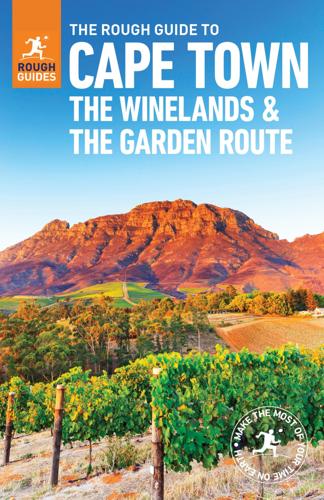
The Rough Guide to Cape Town, Winelands & Garden Route
by Rough Guides, James Bembridge and Barbara McCrea · 4 Jan 2018 · 641pp · 147,719 words
picturesque setting among the piers and quays of a working harbour. It’s also the embarkation point for ferries to Robben Island, the site of Nelson Mandela’s notorious incarceration. The rocky shore west of the Waterfront is occupied by the inner-city suburbs of Green Point, De Waterkant and Sea Point
…
most compelling reserves in the Western Cape. 16 Robben Island Visit the notorious offshore jail where some of South Africa’s most famous figures, including Nelson Mandela, were incarcerated. 17 Cape Town International Jazz Festival Local musos come into their own at the most important jazz event of the year. 18 V
…
symbol of Europe’s colonization of South Africa – a process whose death knell was struck from nearby City Hall, the attractive Edwardian building from which Nelson Mandela made his first speech after being released. South of the castle lie the poignant remains of District Six, the coloured inner-city suburb that was
…
to spicy food. The Grand Parade appeared on TV screens throughout the world on February 11, 1990, when over sixty thousand people gathered to hear Nelson Mandela make his first speech after being released from prison, from the balcony of the City Hall. It’s also where an interfaith prayer was made
…
Artscape Complex, while you may spot the glassy blue facade of the Foreshore’s latest construction triumph, the Netcare Christiaan Barnard Memorial Hospital, from the Nelson Mandela Boulevard flyover. Artscape Complex D.F. Malan St, just east of Heerengracht • Performance times vary; visit website for listings • 021 410 9800, artscape.co.za
…
magnificent Table Mountain backdrop. Redeveloped in the 1990s, it is the city’s most popular tourist precinct for shopping, eating and drinking, and incorporates the Nelson Mandela Gateway – the embarkation point for unmissable trips to Robben Island. West of the Foreshore, with the Waterfront to its north, is De Waterkant, a once
…
regularly perform. Look out, too, for Nobel Square, with its bronze statues of South Africa’s four Nobel Peace Prize-winners: Archbishop Desmond Tutu (1984); Nelson Mandela and F.W. de Klerk (both 1993); and the least familiar, Chief Albert John Lutuli (1960), former president of the African National Congress (ANC) and
…
Exhibit, featuring a small breeding colony of endangered African penguins (which you can see in their natural habitat at Boulders Beach) and the rockhopper penguins. Nelson Mandela Gateway Clock Tower Precinct • Daily 7.30am–5.30pm • Free • 021 413 4200, robben-island.org.za The imposing Clock Tower by the Waterfront’s
…
swing bridge was built as the original Port Captain’s office in 1882. Adjacent to this is the Nelson Mandela Gateway, the embarkation point for ferries to Robben Island and sometimes referred to as Jetty 1. Here, the Robben Island Museum has installed a number
…
half a day for the trip, and book as far in advance as possible. essentials: ROBBEN ISLAND Getting there The ferry from the Waterfront’s Nelson Mandela Gateway (May–Aug daily 9am, 11am & 1pm; Sept–April daily 9am, 11am, 1pm & 3pm) takes 30min–1hr. Tours are sometimes cancelled due to bad weather
…
to Robben Island, the only ones that will get you onto it (adults R320, under-18s R180, for voyage, entry and tour) are from the Nelson Mandela Gateway. Book in advance; the boats are often full, especially around December and January (021 413 4200, www.robben-island.org.za). For online sales
…
sufferers were exiled here, until 1931, when they were relocated to Pretoria, and sadly leprosy is not yet beaten in South Africa. clockwise from top NELSON MANDELA’S CELL, ROBBEN ISLAND; THE CLOCK TOWER; STREET PERFORMER AT THE WATERFRONT; DE WATERKANT Robert Sobukwe’s house Robert Sobukwe’s house is perhaps the
…
1969, Sobukwe was restricted to Kimberley under house arrest, until his death from cancer in 1978. “We Serve with Pride”: the history of Robben Island Nelson Mandela may have been the most famous Robben Island prisoner, but he wasn’t the first. In the seventeenth century, the island became a place of
…
at the island prison were greeted by a slogan on the gate that read: “Welcome to Robben Island: We Serve with Pride.” By 1963, when Nelson Mandela arrived, it had become a maximum-security prison. All the warders – but none of the prisoners – were white. Prisoners were only allowed to send and
…
which their language movement was born in 1875, while for the ANC (and the international community), Paarl will be remembered as the place from which Nelson Mandela made the final steps of his long walk to freedom, when he walked out of Groot Drakenstein Prison (then called Victor Verster) in 1990. Paarl
…
it cuts through Paarl, along the R301 (the southern extension of Jan van Riebeeck St) The Victor Verster Prison, renamed Groot Drakenstein in 2000, was Nelson Mandela’s last place of incarceration. It was through the gates at Victor Verster that Mandela walked to his freedom on February 11, 1990, and it
…
workers on local farms – a policy that effectively ground the community into poverty. In 1995, in recognition of the mission’s role in offering education, Nelson Mandela renamed his official residence in Cape Town “Genadendal”. Today, the population of this principally coloured town numbers around four thousand people, adhering to a variety
…
’s industrial feel is mitigated by a small historical centre with a selection of excellent restaurants and drinking spots. Nearby there are outstanding beaches around Nelson Mandela Bay as well as some beautiful coastal walks a few kilometres from town. Around an hour’s drive inland from Port Elizabeth is its biggest
…
the Donkin Lighthouse and Pyramid. From the Campanile, the walk up to the lighthouse is rich in anti-apartheid history, with information plaques relating to Nelson Mandela, and some funky sculptures, such as the line of life-size laser-cut steel figures of voters giving triumphal fist pumps in 1994. Reaching the
…
the desire of the English settlers to create a home from home in this strange, desiccated land. Nelson Mandela Metropolitan Art Museum 1 Park Drive • Mon & Wed–Fri 9am–5pm, Tues 2–5pm • Free The Nelson Mandela Metropolitan Art Museum, situated in two buildings framing the entrance to St George’s Park, sounds grander
…
(daily; 5hr), Mthatha (daily; 8hr 50min). Baz Bus The Baz Bus will drop you off at the backpacker lodge that you are staying at. information Nelson Mandela Bay Tourism (nmbt.co.za) has several offices including: Port Elizabeth Airport, Arrivals Hall (Mon–Fri 7am–7pm, Sat 7am–6pm, Sun 8am–6pm; 041
…
. The ANC responded in 1952 with the Defiance Campaign, whose aim was to grant full civil rights to black people. A radical young firebrand called Nelson Mandela was appointed “volunteer-in-chief” of the campaign, which had a crucial influence on his politics. Up to that point, he had rejected political association
…
government declared a State of Emergency. They sent the army in to crush the strike, restored the pass laws and banned the ANC and PAC. Nelson Mandela continued to operate in secret for a year until he was finally captured in 1962, tried and later imprisoned – together with most of the ANC
…
of apartheid, alongside the deployment of the armed forces in unprecedented acts of repression. In 1981, as resistance grew, Botha began contemplating change and moved Nelson Mandela and other ANC leaders from Robben Island to Pollsmoor Prison in mainland Cape Town. This was a symbolic gesture, as Pollsmoor had lower security, less
…
other organizations, and released Mandela. On February 11, 1990, Cape Town’s history took a neat twist when, just hours after being released from prison, Nelson Mandela made his first public speech from the balcony of City Hall to a jubilant crowd, of over sixty thousand, spilling across the Grand Parade – the
…
and office complex that adopted faux Tuscan architecture and Venice-inspired canals. More tasteful was the expansion of the V&A Waterfront to include the Nelson Mandela Gateway (2001), from where the ferry to Robben Island departs. In preparation for South Africa’s hosting of the 2010 FIFA World Cup, the iconic
…
R200m of taxpayers’ money has been lavished on upgrading President Jacob Zuma’s private residence at Nkandla in KwaZulu-Natal. This and the death of Nelson Mandela in late 2013 signalled a crisis for the ideals of the Freedom Charter, which had inspired the ANC for over half a century. It underlined
…
power in South Africa today, from one of the most respected commentators in the country. John Carlin Playing the Enemy: Nelson Mandela and the Game that made a Nation. Gripping account of Nelson Mandela’s use of the 1995 Rugby World Cup to unite a fractious nation, in danger of collapsing into civil war
…
so that her family would never forget their roots – which traces Magona’s life from the rural Transkei to the hard townships of Cape Town. Nelson Mandela Long Walk to Freedom. Superb best-selling autobiography of the former president and national icon, which is wonderfully evocative of his early years and intensely
…
Sobukwe. The story of one of the most important anti-apartheid liberation heroes, the late leader of the Pan Africanist Congress and a contemporary of Nelson Mandela. Sobukwe was so feared by the white government that they passed a special law – The Sobukwe Clause – to keep him in solitary confinement on Robben
…
, the predominant mother tongue of the city’s African residents and easily distinguished by the clicks that form part of the words. It is also Nelson Mandela’s mother tongue, which he shares with over eight million other South Africans, predominantly in the Eastern Cape. The glossary below is far from comprehensive
…
Rough Guides to Zimbabwe and Botswana, South Africa, Cape Town and the Garden Route, before returning to live in South Africa after the release of Nelson Mandela. She lives close to the beach in Cape Town, where she swims, rides and climbs mountains. Acknowledgements James Bainbridge: Thanks to Olivia and Keith at
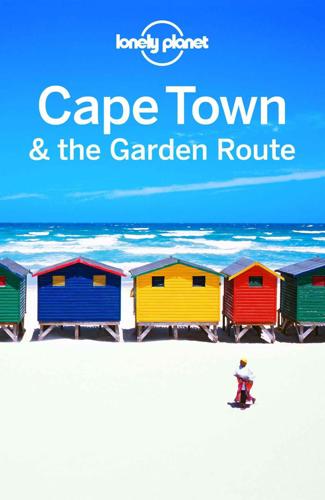
Lonely Planet Cape Town & the Garden Route (Travel Guide)
by Lucy Corne · 1 Sep 2015 · 1,203pp · 124,556 words
10 Robben Island 2A World Heritage site, the former prison on Robben Island is a key location in South Africa’s long walk to freedom. Nelson Mandela and other Freedom struggle heroes were incarcerated here, following in the tragic footsteps of earlier fighters against the various colonial governments that ruled over the
…
on the main mountain, up Lion’s Head or along Signal Hill. Street Art District Six and Woodstock are dotted with impressive large-scale works. Nelson Mandela Gateway Learn about the Freedom struggle and life in the prison before heading to Robben Island. Parks & Gardens Company’s Gardens Stroll through these historic
…
’s history, the Grand Parade is where: the Dutch built their first fort in 1652; slaves were sold and punished; and crowds gathered to watch Nelson Mandela’s first address to the nation as a free man after 27 years in jail, made from the balcony of the old town hall. A
…
like, you could explore (in daytime and preferably in company; the museum runs regular walking tours) the area around Chapel St, north of the raised Nelson Mandela Blvd; here you’ll find old workers cottages and Trafalgar Park ( MAP GOOGLE MAP ; www.capetown.gov.za/en/parks/Pages/TrafalgarPark.aspx; cnr Victoria
…
you'll find more eye-catching works. Substation 13STREET ART ( MAP GOOGLE MAP ; Canterbury St, District Six; gLower Buitenkant)F A blue-hued painting of Nelson Mandela covers one side of this electrical substation building, while on the other is a mural dedicated to District Six. Both images were designed and painted
…
lighting for public spaces in the township of Monwabisi Park. Freedom Struggle HeroesSTREET ART ( MAP GOOGLE MAP ; Darling St, District Six; gHanover St) Portraits of Nelson Mandela, Steve Biko, Cissie Gool and Imam Haron are painted on the side of a building as if their faces were carved into the side of
…
history of anti-Semitism and draws parallels to South Africa's struggle for freedom from apartheid. Downstairs you can watch the fascinating 25-minute documentary Nelson Mandela: A Righteous Man. Great Synagogue Make time for a short tour of the gorgeously decorated Great Synagogue (1905). Volunteer guides will point out aspects of
…
& Waterfront Neighbourhood Top Five 1Journey to Robben Island, once an infamous prison and now a historical site, where you can see the cells in which Nelson Mandela and other heroes from the Freedom struggle spent time. 2Eyeball all kinds of sea life, including sharks, at the Two Oceans Aquarium. 3Discover the history
…
cannon in front of the museum on Sunday at noon. Nobel Square Here’s your chance to have your photo taken with Desmond Tutu and Nelson Mandela. In Nobel Square stand larger-than-life statues (designed by Claudette Schreuders) of both men, alongside those of South Africa’s two other Nobel Prize
…
MAP ; www.upcycles.co.za; gNobel Square), near the Clock Tower, and Awol Tours. TOP SIGHT Robben Island Robben Island’s best-known prisoner was Nelson Mandela, which makes it one of the most popular pilgrimage spots in all of Cape Town. Set some 12km out in Table Bay, the flat island
…
2km by 4km, can only be visited on a tour that starts with a ferry journey (30 to 60 minutes, depending on the vessel) from Nelson Mandela Gateway at the Waterfront. Once on the island you'll be introduced to a guide, typically a former inmate, who will lead a walk through
…
of research.) At the Quayside Even if you don’t make it to the island there are still things to see at the Waterfront. The Nelson Mandela Gateway ( MAP GOOGLE MAP ; Clock Tower Precinct, V&A Waterfront; admission free; h9am-8.30pm; gNobel Square) has a small museum with displays that focus
…
Ajax Cape Town, and has been used for big pop concerts by the likes of Coldplay and U2, as well as a memorial service for Nelson Mandela. Across from the new stadium, a section of the old Green Point Stadium forms the viewing platform for a running and cycling track. Cape Town
…
metal-and-plastic pair of Ray-Bans – was unveiled on Sea Point Promenade. Looking out to Robben Island, Ellion's stated intention was to reference Nelson Mandela, who was once photographed wearing a pair of the iconic sunglasses. Dismissed by the local press as 'corporate vandalism' rather than art, by the end
…
blend, Grand Classique, over lunch (three-course meal R340). There’s an art gallery too. Drakenstein PrisonHISTORIC SITE ( GOOGLE MAP ) On 11 February 1990, when Nelson Mandela walked free from incarceration for the first time in over 27 years, the jail he left was not on Robben Island, but here. Then called
…
British took over in 1814, prompting many Afrikaners (Boers) to trek inland – only to come back with a vengeance during the apartheid years. In 1990 Nelson Mandela became a free man, hailing the start of a democratic South Africa. The Khoekhoen & San People Academics don’t know whether the earliest-recorded inhabitants
…
Cape Town. In response, government bulldozers flattened the shanties, and their occupants were forced into the homelands. Within weeks, inevitably, the shanties would rise again. Nelson Mandela Nelson Rolihlahla Mandela, one of the world’s greatest leaders, was born on 18 July 1918 in the village of Mveso on the Mbashe River
…
– or Madiba, his traditional Xhosa name – stepped down as ANC president, although he continued to be revered as an elder statesman. On 5 December 2013 Nelson Mandela died, aged 95 years, from an ongoing respiratory infection. Madiba's legacy, which reverberates far beyond his country's borders, is what he achieved with
…
in Gauteng were concurrent and resulted in the banning of the ANC and PAC. In response to the crisis, a warrant for the arrest of Nelson Mandela and other ANC leaders was issued. In mid-1963 Mandela was captured; at trial he was sentenced to life imprisonment on Robben Island. The government
…
. It includes a map detailing the stories of many prominent activists and events in South Africa's 20th-century history. Path to Democracy In 1982 Nelson Mandela and other ANC leaders were moved from Robben Island to Pollsmoor Prison in Cape Town. (In 1986 senior politicians began secretly talking with them.) Concurrently
…
Party were legalised. On 11 February the world watched in awe as a living legend emerged from Victor Verster Prison near Paarl. Later that day Nelson Mandela delivered his first public speech since being incarcerated 27 years earlier to a massive crowd overspilling from Cape Town’s Grand Parade. From this time
…
to vote in the Cape is removed (blacks had been denied the vote since 1910) as apartheid is rolled out. 1964 Following the Rivonia Trial, Nelson Mandela, Walter Sisulu and others escape the death penalty, but are sentenced to life imprisonment on Robben Island in Table Bay. 1976 Students in Langa, Nyanga
…
Town Stadium, and hundreds of thousands more on the streets, watch the games. 2013 The Mother City joins the nation in mourning the death of Nelson Mandela, projecting a giant laser image of Madiba's face on Table Mountain. 2014 As World Design Capital, the city plans and implements projects that will
…
knell of apartheid coincided with the redevelopment of the Victoria & Alfred Waterfront in the early 1990s. More recent architectural additions to the Waterfront include the Nelson Mandela Gateway and Clock Tower Precinct, built in 2001 as the new departure point for Robben Island, and the ritzy millionaire’s playground of the V
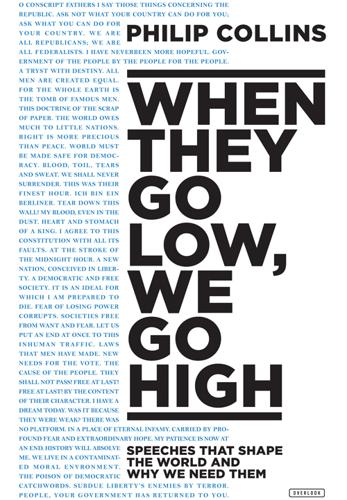
When They Go Low, We Go High: Speeches That Shape the World – and Why We Need Them
by Philip Collins · 4 Oct 2017 · 475pp · 156,046 words
All Its Faults, The Constitutional Convention, Philadelphia, 17 September 1787 Jawaharlal Nehru: A Tryst with Destiny, Constituent Assembly, Parliament House, New Delhi, 14 August 1947 Nelson Mandela: An Ideal for Which I Am Prepared to Die, Supreme Court of South Africa, Pretoria, 20 April 1964 Aung San Suu Kyi: Freedom from Fear
…
cause is a heartening one. Momentous speeches are always given in answer to a signal injustice or crisis – think of Abraham Lincoln, Martin Luther King, Nelson Mandela. The success of the developed democracies means injustice is less acute than it once was. The great questions – the entitlement to vote, material and gender
…
too often denied in favour of a shrunken and exclusive idea of who truly belongs to the people. In the dock in Rivonia, South Africa, Nelson Mandela gave a magnificent retort to a racial definition of who belongs in his country. As a former resident returning to Burma from exile abroad, Aung
…
words defined the possibility of the nation that India is in the constant process of becoming. NELSON MANDELA An Ideal for Which I Am Prepared to Die Supreme Court of South Africa, Pretoria 20 April 1964 Nelson Mandela (1918–2013) became, for a generation of people, within South Africa and far beyond, the captain
…
he served between 1994 and 1999. When Mandela died in 2013 his death shook the world like that of no politician since John F. Kennedy. Nelson Mandela was born in Mvezo, near Umata, in the native reserve of the Transkei in the Eastern Cape, into the royal house of the Thembu people
…
an extraordinary man and his was an extraordinary life. He was born Rolihlahla, a name that means ‘troublemaker’. He died ninety-five years later as Nelson Mandela, in a time he had done so much to change, on 5 December 2013, for all his flaws a hero unmatched in his time. I
…
Parliament, Strasbourg 10 July 1991 The demand for liberty cannot always be voiced. The dangers of nationhood are evident in the fact that Jawaharlal Nehru, Nelson Mandela and Aung San Suu Kyi were imprisoned by governments that wanted to silence them. Words that cannot be spoken can still be read, however, and
…
of her father’s work and the rights of ownership to that work. There was also a rupture between Suu Kyi and her father. Unlike Nelson Mandela Suu Kyi had always rejected armed struggle. When her mother Khin Kyi accepted privileged exile in Delhi as Burma’s first female ambassador, the teenage
…
the cases of Benjamin Franklin and Jawaharlal Nehru the nation is defined as the prize to be won after the departure of a colonial power. Nelson Mandela defined the nation generously in defiance of an exclusive account of who belongs to it. The nation is constituted by the people, and belonging therefore
…
fighters, like Gandhi, Martin Luther King or Aung San Suu Kyi, who eschewed the use of arms. She is not even in the company of Nelson Mandela, whose turn to armed struggle was weighed down with caveats. La Pasionaria could talk of the fight with an emotion that sounded rather too close
…
imprisoned. Batista made the mistake of turning the subsequent trial into a media spectacle that gave Fidel Castro his chance to attack the regime. Like Nelson Mandela before him, in this one respect at least Castro’s greatest moment came in court, as the first accused. The speech that follows is a
…
an exposition on Cuban history to show that it is the generals who are the aberration rather than the revolutionaries. After this section, rather like Nelson Mandela in the same situation, he goes into great detail about the chronology of the struggle and its battles. The extenuating factor is that this is
…
George, Woodrow Wilson, Winston Churchill and Ronald Reagan. A generous idea of national belonging was the rhetorical achievement of Elizabeth I, Benjamin Franklin, Jawaharlal Nehru, Nelson Mandela and Aung San Suu Kyi. The unrivalled capacity of liberal democracies to recognise the equal moral worth of all individuals was argued, with the greatest
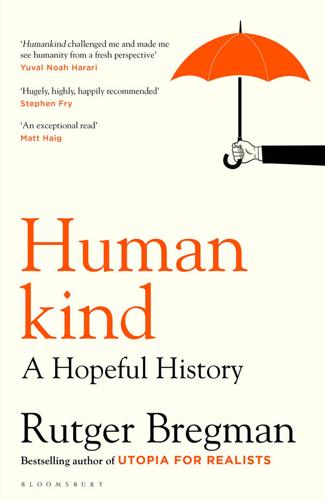
Humankind: A Hopeful History
by Rutger Bregman · 1 Jun 2020 · 578pp · 131,346 words
one of the most renowned figures of the twentieth century. On 11 February 1990, millions of people sat glued to their televisions to see him. Nelson Mandela, imprisoned for twenty-seven years, became a free man on that day. Finally, there was hope for peace and reconciliation between black and white South
…
things stand now,’ Constand replies, ‘we have only one option, and that is to fight.’17 Then Braam makes a proposal, a plan he and Nelson Mandela have hammered out together in the utmost secrecy. What would Constand say, Braam asks, to sitting down with the ANC leadership for direct talks about
…
Johannesburg on 12 August 1993. They expect to be greeted by household staff, but standing before them with a big grin is the man himself. Nelson Mandela. It’s a historic moment: the hero of the new South Africa standing eye to eye with the hero of the old. The peacemaker opposite
…
The bad may seem stronger, but it’s outnumbered by the good. If there’s one person who understood the power of contact it was Nelson Mandela. Years earlier, he had chosen a very different path – the path of violence. In 1960, Mandela had been one of the founding members of the
…
the rest of us. By applying our intellect and examining recidivism statistics, we realise it’s an excellent way to deal with criminals. Or take Nelson Mandela’s ethic of statesmanship. Over and over he had to bite his tongue, tamp down on his emotions and stay sharp and analytical. Mandela was
…
’s independence movement, whom Churchill dismissed as a ‘half-naked fakir’. ‘Man’s goodness is a flame that can be hidden but never extinguished,’ said Nelson Mandela, who was imprisoned for twenty-seven years by a criminal regime. 41Emma Goldman, Anarchism and Other Essays (Stillwell, 2008), p. 29. Originally published in 1910
…
, 1970). 11Gordon Allport, ‘Autobiography’, in Edwin Boring and Gardner Lindzey (eds), History of Psychology in Autobiography (New York, 1967), pp. 3–25. 12John Carlin, Invictus. Nelson Mandela and the Game that Made a Nation (London, 2009), p. 122. 13Quoted in ibid., p. 123. 14Ibid., p. 124 15Ibid., p. 135. 16Cruywagen, Brothers in
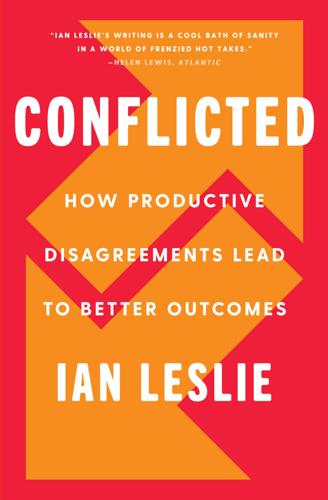
Conflicted: How Productive Disagreements Lead to Better Outcomes
by Ian Leslie · 23 Feb 2021 · 280pp · 82,393 words
uniting forces against what they saw as a hostile black takeover of their country. Just over three years previously, the South African government had released Nelson Mandela from prison after twenty-seven years, following intense domestic and international pressure. They had also legalised his party, the African National Congress (ANC). Apartheid, the
…
accepted and confirmed, they’re going to be a lot easier to deal with, and more likely to listen to what you have to say. Nelson Mandela was a genius of facework, particularly when it came to the art of giving face. His elaborate show of courtesy towards Viljoen was strategic. He
…
to surrender his identity. He could be part of the nation and still be proudly himself: an Afrikaner, a military veteran, a South African citizen. Nelson Mandela was inaugurated as president in May 1994, and a new parliament opened, one that reflected the racial diversity of South Africa: two-thirds of the
…
proved vital sources of inspiration. Thanks to Pamela Druckerman and Simon Kuper; to Simon in particular for pointing me to John Carlin’s book on Nelson Mandela. Thank you to the many friends, too many to mention here – also I’m scared of leaving someone out – who have talked through ideas, shared
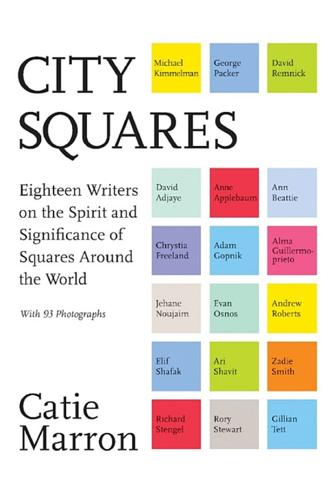
City Squares: Eighteen Writers on the Spirit and Significance of Squares Around the World
by Catie Marron · 11 Apr 2016 · 195pp · 58,462 words
of a national tragedy, and is now an almost empty void, even as hectic urban life bustles with energy around its edges. Rick Stengel recounts Nelson Mandela’s choice of the Grand Parade, Cape Town, a huge market square that was transformed into a public space of historic magnitude when he spoke
…
see beyond their limits. We often see the greatest hits of change. We see Martin Luther King, Jr., lead a march on Washington; we see Nelson Mandela freeing South Africa. But we don’t see the process of change. We don’t experience the agony of King’s family over the years
…
, Paris, January 11, 2015 CHRIS LEDOCHOWSKI South Photos/African Media Online GRAND PARADE, CAPE TOWN: A SPEECH FOR THE AGES Richard Stengel THE FIRST THING NELSON MANDELA DID AFTER GETTING OUT OF prison was to get lost. On a bright January afternoon, after twenty-seven years behind bars, Mandela strode confidently out
…
University of Cape Town, Vanessa Watson. Watson lives in the same suburb where she was living when Nelson Mandela dropped by her house on his way to the Grand Parade. The baby boy whom Nelson Mandela held is now a twenty-four-year-old law student. Watson speaks in a firm voice with a
…
times but never talked to him again. Still, her boys’ lives were shaped by that singular summer afternoon they were too young to remember. When Nelson Mandela ascended to the balcony of City Hall, no one had heard him speak in twenty-seven years. No one was sure what he looked like
…
Diplomacy and Public Affairs. He was previously managing editor of TIME. He has also taught journalism at Princeton University, his alma mater. He collaborated with Nelson Mandela on the South African’s autobiography, Long Walk to Freedom, and then wrote his own book about the experience, Mandela’s Way: Lessons on Life
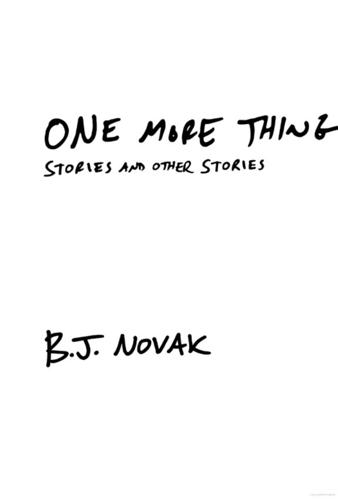
One More Thing: Stories and Other Stories
by B. J. Novak · 4 Feb 2014
: Grocery spill at 21st and 6th 2:30 pm on Wednesday I Never Want to Walk on the Moon Sophia The Comedy Central Roast of Nelson Mandela They Kept Driving Faster and Outran the Rain The Man Who Invented the Calendar The Ghost of Mark Twain The Beautiful Girl in the Bookstore
…
they put her on the phone, and she says one more thing. The Comedy Central Roast of Nelson Mandela The following is a transcript of excerpts from the unaired 2012 special The Comedy Central Roast of Nelson Mandela. There is currently no broadcast date for this special. ANNOUNCER: Welcome to the Comedy Central Roast
…
of Nelson Mandela! With Jeffrey Ross! Lisa Lampanelli! Archbishop Desmond Tutu! Archbishop Don “Magic” Juan! Winnie Mandela! Sisqo! Anthony Jeselnik
…
Boo Boo Child. He turns slowly to reveal his costume. He receives a standing ovation. JEFFREY ROSS: What an honor to be here roasting President Nelson Mandela. (Applause) President Mandela, you’re a good sport, thank you for agreeing to be here. All proceeds tonight go to the
…
Nelson Mandela Foundation, which fights poverty in Africa. (Applause) Poverty in Africa—I have a feeling your charity is going to be around for quite a while,
…
ovation. JEFFREY ROSS: But we’re not here to talk about Lisa Lampanelli’s enormous vagina. We’re here to honor a great man, President Nelson Mandela. (Applause) President Mandela, you spent eighteen of your twenty-seven years in prison on notorious Robben Island, working on a limestone quarry. (Mandela nods) So
…
say? JEFFREY ROSS: If our next roaster sang, the night would be over. But she’s not here to sing, she’s here to roast Nelson Mandela. Now, look out, Nelson: here comes the Queen of Mean, Lisa Lampanelli! LISA LAMPANELLI: Whoa! Look at all these hot black men! (Applause and “wooos
…
of his hand so that a middle finger “inflates” toward Lisa Lampanelli; but he does this too slowly, and the camera cuts away mid-inflate. Nelson Mandela smiles politely. ANNOUNCER: And now, ladies and gentlemen, a special video message from His Holiness the Dalai Lama. A video screen lowers. DALAI LAMA (on
…
mandelaroast.com!” JEFFREY ROSS: Ladies and gentlemen, a living legend, one of the great men of all time, Gilbert Gottfried. Sustained standing ovation. GILBERT GOTTFRIED: NELSON MANDELA IS ONE OF THE GREAT MEN OF THE TWENTIETH CENTURY. (Applause) AND ONE OF THE GREAT MEN OF THE NINETEENTH CENTURY AND OF THE EIGHTEENTH
…
THE TWELFTH CENTURY AND OF THE ELEVENTH CENTURY. NELSON, LOOK AT YOU, HOW OLD ARE YOU? NELSON MANDELA IS SO OLD, HE HATES HIS PRESIDENTIAL LIMOUSINE BECAUSE HE STILL CAN’T GET USED TO THE WHEELS! NELSON MANDELA IS ONE OF THE GREAT MEN OF THE TENTH CENTURY AND ONE OF THE GREAT MEN
…
SEVENTH CENTURY— JEFFREY ROSS: And now, ladies and gentlemen, the man of the hour, a living legend, President Nelson Mandela! A standing ovation almost as long as the one for Gilbert Gottfried. PRESIDENT NELSON MANDELA: Thank you. The day I was released from prison, I said that any man that tries to rob me
…
covers his ears) Now, let me tease myself first, for I did not know exactly what this event would entail. I was informed that the Nelson Mandela Foundation would receive a sum of money and that comedians would poke fun at me on television. So, because I am the one who is
…
you could have seen that! Did they record that? Do they record the audience at these things? Oh, my … the looks on your faces as Nelson Mandela told you that your lives were worthless? That your existence was a waste of the privilege of freedom?! (Mandela laughs until he has to clutch
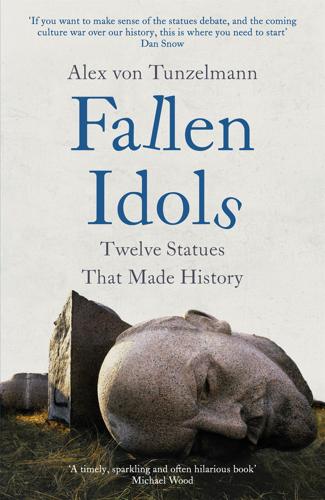
Fallen Idols: Twelve Statues That Made History
by Alex von Tunzelmann · 7 Jul 2021 · 337pp · 87,236 words
For now, Rhodes is still in his grave, with Jameson at his side. In South Africa, apartheid finally fell in the early 1990s. The activist Nelson Mandela, imprisoned since 1964, was freed in 1990. The Population Registration Act was repealed in 1991. South Africa had its first post-apartheid elections in 1994
…
, took a similar view, telling the Daily Telegraph that taking the statue down would be ‘a refusal to acknowledge our past’. She attempted to use Nelson Mandela’s 2003 remarks on Rhodes as an argument for keeping the statue, saying that Mandela ‘was a man of deep nuance who recognised complex problems
…
. 6, no.1 (2002), p. 143. 30Isabel Wilkerson, ‘Apartheid is Demolished. Must Its Monuments Be?’, The New York Times, 25 September 1994. 31‘Our story: Nelson Mandela and the Rhodes Trust’, Mandela Rhodes Foundation, https://www.mandelarhodes.org/about/story/. 32Nelson Mandela, remarks at the Mandela Rhodes Banquet, 2003, available at the
…
Nelson Mandela Foundation Archive, https://atom.nelsonmandela.org/index.php/za-com-mr-s-993. 33Quoted in Nita Bhalla, ‘South Africa’s #RhodesMustFall Founder Speaks Out on
…
want to topple Rhodes”’, Daily Telegraph, 11 June 2020. 54Quoted in ‘Oxford vice-chancellor condemned by dons’, Daily Telegraph, 17 June 2020. 55‘Lessons from Nelson Mandela on reconciliation, reparation, and the path to prosperity’, Mandela Rhodes Foundation, 15 June 2020, https://www.mandelarhodes.org/ideas/mandela-rhodes-foundation-statement/. 56Quoted in
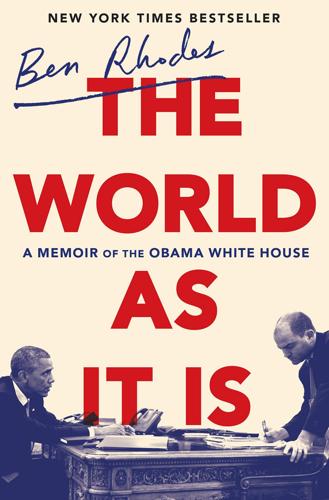
The World as It Is: A Memoir of the Obama White House
by Ben Rhodes · 4 Jun 2018 · 470pp · 148,444 words
on the wall was a painting of Lincoln, deep in thought, consulting Grant at the height of the Civil War; a photo of Obama meeting Nelson Mandela; a pair of boxing gloves used by Muhammad Ali. Obama sat at the table while I remained standing. I worried that I was overstepping my
…
his growing opposition, some gesture at a unity government that could hold the country together. “You know,” he said, “I just left South Africa, where Nelson Mandela is in the hospital and is very sick. You know when he came to power he could have gone to the white minority in South
…
most powerful man in the world, but that didn’t mean he could control the forces at play in the Middle East. There was no Nelson Mandela who could lead a country to absolution for its sins and ours. Extremist forces were exploiting the Arab Spring. Reactionary forces—with deep reservoirs of
…
, or transform American society in four or eight years. I was one of those well-meaning white people looking forward to seeing Barack Obama eulogize Nelson Mandela so that I could feel better about the world, only I was the person tasked with writing the eulogy. After putting it off for a
…
the dawn of a new day. Michelle and I are beneficiaries of that struggle….Over 30 years ago, while still a student, I learned of Nelson Mandela and the struggles taking place in this beautiful land, and it stirred something in me. It woke me up to my responsibilities to others and
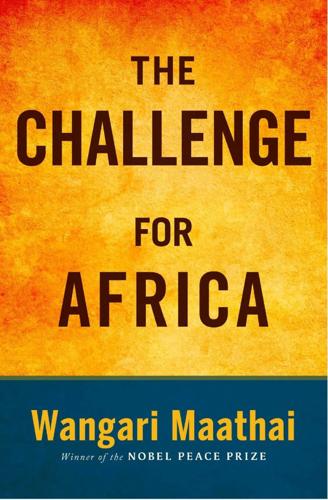
The Challenge for Africa
by Wangari Maathai · 6 Apr 2009 · 288pp · 90,349 words
African civil society for better governance. Another powerful sign that the Cold War was over and that entrenched systems could change was the release of Nelson Mandela in February 1990 after twenty-seven years in prison, followed by the formal end of apartheid in South Africa four years later. Mandela's release
…
, independence movements throughout the continent struggled to free their fellow citizens from colonialism and imperialism—including those led by Jomo Kenyatta, Patrice Lumumba, Kwame Nkrumah, Nelson Mandela, and Walter Sisulu. One is reminded of the courage and determination of those who fought for women's suffrage in the early part of the
…
, some leaders tried, often at great personal sacrifice, to give that hope to their people and to the African people at large—men such as Nelson Mandela in South Africa, Julius Nyerere in Tanzania, Seretse Khama in Botswana, Léopold Senghor in Senegal, Ahmed Ben Bella in Algeria, and even Kwame Nkrumah of
…
. So although the people of eastern Europe brought down the Berlin Wall, they needed Soviet leader Mikhail Gorbachev not to send in the tanks. While Nelson Mandela's principled stance led to sanctions against South Africa that brought unbearable pressure upon the apartheid regime, F. W. de Klerk had to concede that
…
. Finally, the AU deployed Kofi Annan as its chief mediator. He was joined by Graça Machel, the former first lady of Mozambique and wife of Nelson Mandela, and the former president of Tanzania, Benjamin Mkapa, to form a team of eminent Africans to facilitate dialogue. After six weeks of active diplomacy, Mr
…
soon after, the historic 1994 elections. The fact that there was not widespread violence is in large measure due to the vision and commitment of Nelson Mandela, who, from the time he was released from prison, continually referred to South Africa as the “rainbow nation.” He and other African National Congress (ANC
…
the people had come together and all races and religions were hugging each other.” Another member of the team, Joost van der Westhuizen, recounted: “Seeing Nelson Mandela … and [to] think about what that guy did for this country, and now suddenly we did something for this country. It's quite a lesson
…
for the common good, and commitment, persistence, and patience until a goal is realized. They will live their lives for something larger than themselves. Like Nelson Mandela, Desmond Tutu, Julius Nyerere, and Kwame Nkrumah—who are known and admired for the tasks they undertook that were beyond their narrow self-interests, who
…
Pushes Budget to SH760 Billion,” Business Daily Africa, June 11, 2008. Ten EMBRACING THE MICRO-NATIONS 1 The story is told in John Carlin, “How Nelson Mandela Won the Rugby World Cup,” Daily Telegraph (UK), October 19, 2007; and Karen Bond, “Mandela Unites a Nation to RWC Glory,” Rugby News Service, July
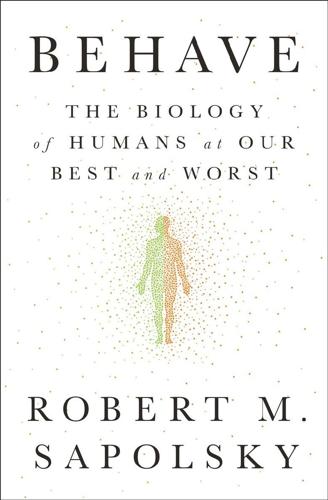
Behave: The Biology of Humans at Our Best and Worst
by Robert M. Sapolsky · 1 May 2017 · 1,261pp · 294,715 words
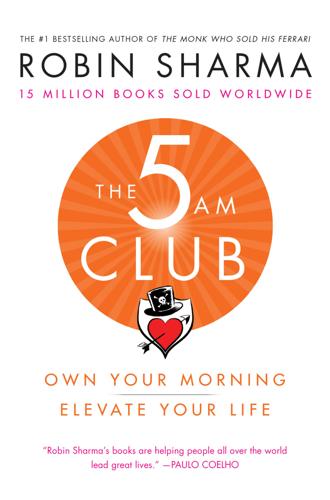
The 5 AM Club: Own Your Morning. Elevate Your Life.
by Robin Sharma · 4 Dec 2018 · 325pp · 97,162 words
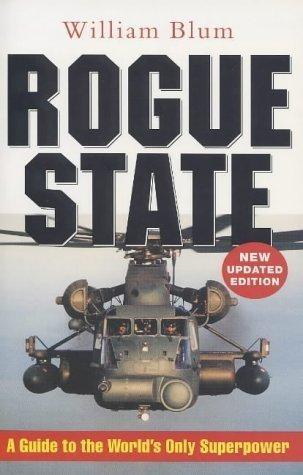
Rogue State: A Guide to the World's Only Superpower
by William Blum · 31 Mar 2002
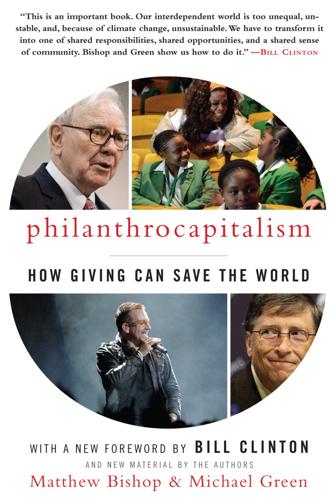
Philanthrocapitalism
by Matthew Bishop, Michael Green and Bill Clinton · 29 Sep 2008 · 401pp · 115,959 words
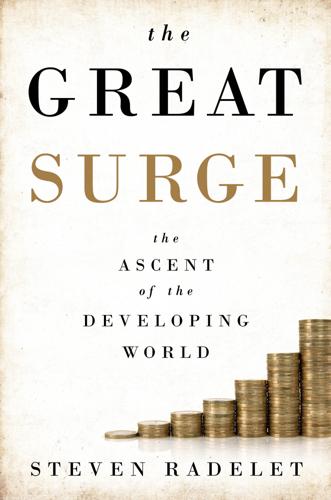
The Great Surge: The Ascent of the Developing World
by Steven Radelet · 10 Nov 2015 · 437pp · 115,594 words
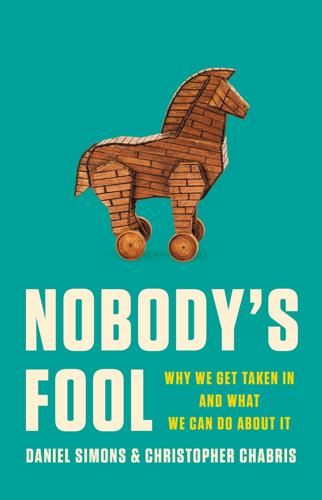
Nobody's Fool: Why We Get Taken in and What We Can Do About It
by Daniel Simons and Christopher Chabris · 10 Jul 2023 · 338pp · 104,815 words
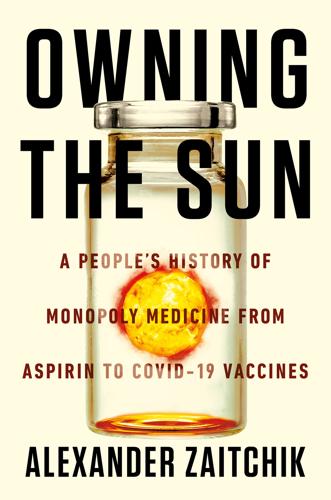
Owning the Sun
by Alexander Zaitchik · 7 Jan 2022 · 341pp · 98,954 words
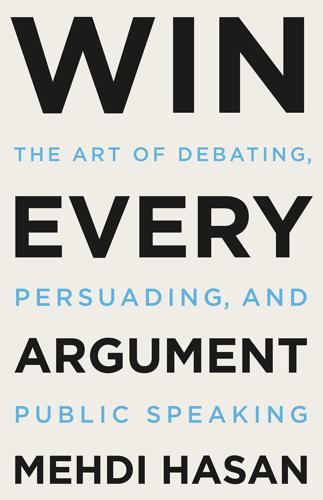
Win Every Argument: The Art of Debating, Persuading, and Public Speaking
by Mehdi Hasan · 27 Feb 2023 · 307pp · 93,073 words
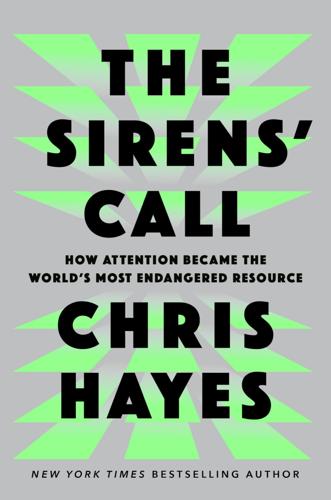
The Sirens' Call: How Attention Became the World's Most Endangered Resource
by Chris Hayes · 28 Jan 2025 · 359pp · 100,761 words
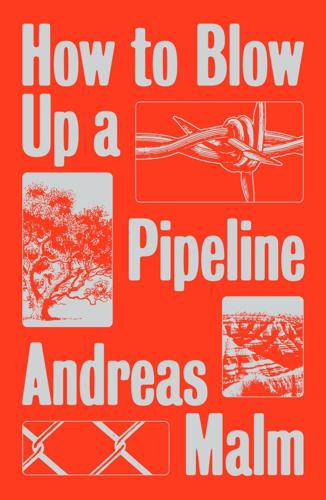
How to Blow Up a Pipeline
by Andreas Malm · 4 Jan 2021 · 156pp · 49,653 words
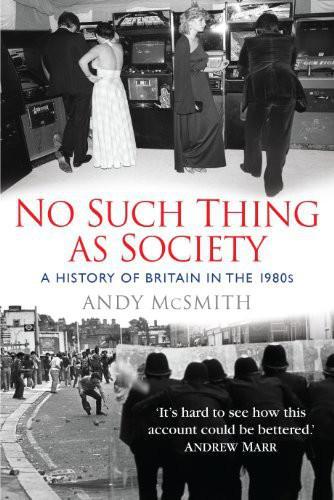
No Such Thing as Society
by Andy McSmith · 19 Nov 2010 · 613pp · 151,140 words
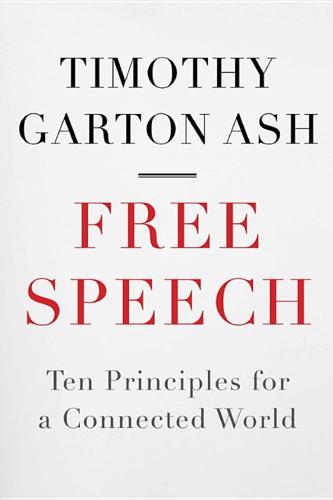
Free Speech: Ten Principles for a Connected World
by Timothy Garton Ash · 23 May 2016 · 743pp · 201,651 words
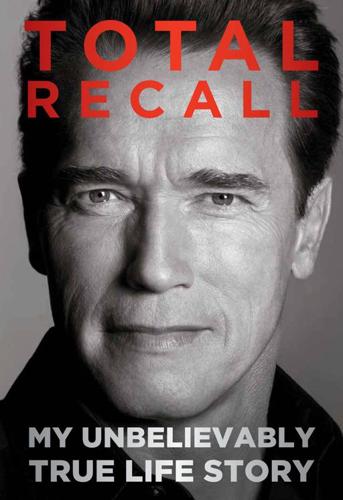
Total Recall: My Unbelievably True Life Story
by Arnold Schwarzenegger and Peter Petre · 30 Sep 2012 · 900pp · 241,741 words
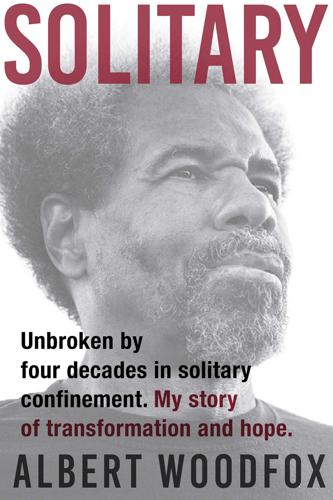
Solitary
by Albert Woodfox · 12 Mar 2019 · 484pp · 155,401 words
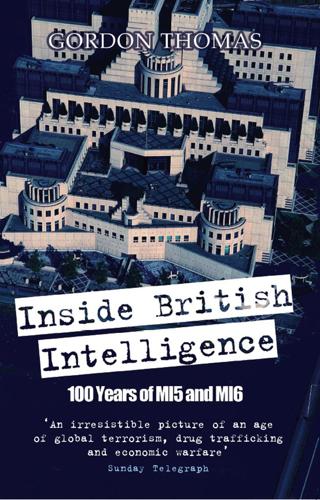
Inside British Intelligence
by Gordon Thomas
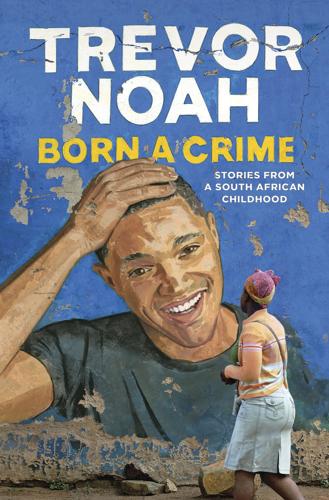
Born a Crime: Stories From a South African Childhood
by Trevor Noah · 15 Nov 2016 · 270pp · 87,864 words
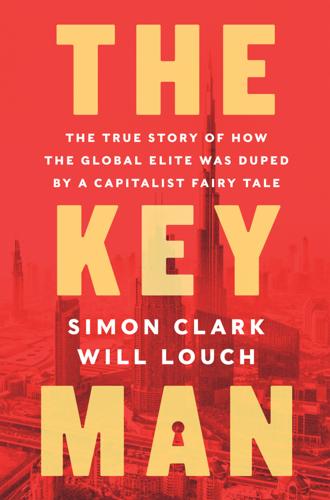
The Key Man: The True Story of How the Global Elite Was Duped by a Capitalist Fairy Tale
by Simon Clark and Will Louch · 14 Jul 2021 · 403pp · 105,550 words
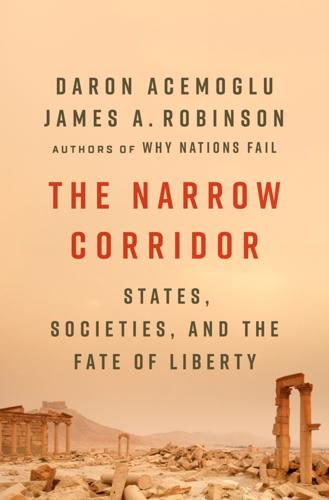
The Narrow Corridor: States, Societies, and the Fate of Liberty
by Daron Acemoglu and James A. Robinson · 23 Sep 2019 · 809pp · 237,921 words
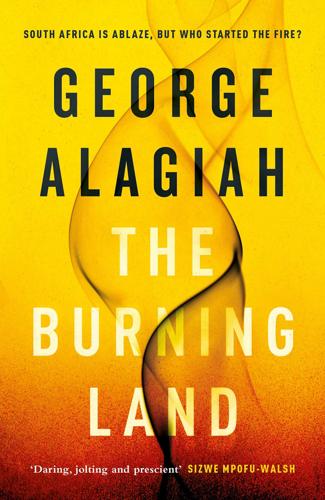
The Burning Land
by George Alagiah · 28 Aug 2019 · 299pp · 87,059 words
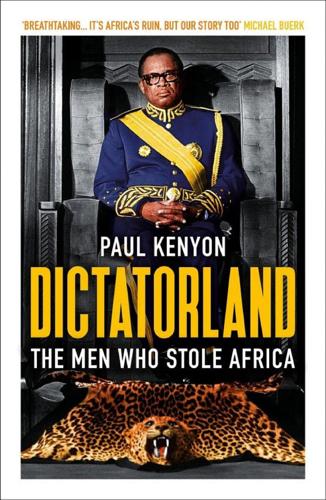
Dictatorland: The Men Who Stole Africa
by Paul Kenyon · 1 Jan 2018 · 513pp · 156,022 words
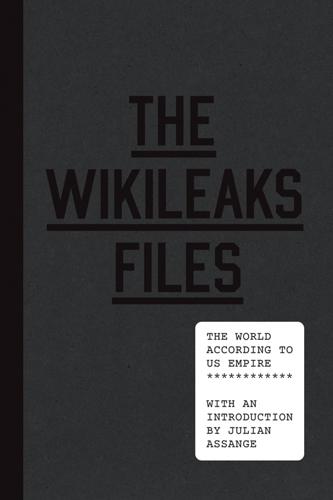
The WikiLeaks Files: The World According to US Empire
by Wikileaks · 24 Aug 2015 · 708pp · 176,708 words
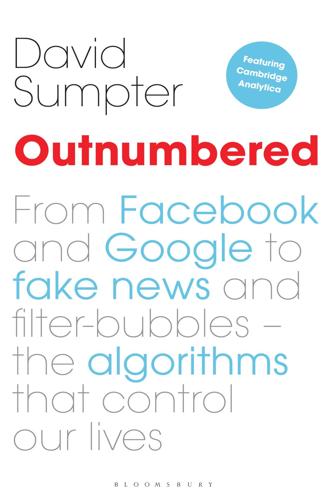
Outnumbered: From Facebook and Google to Fake News and Filter-Bubbles – the Algorithms That Control Our Lives
by David Sumpter · 18 Jun 2018 · 276pp · 81,153 words
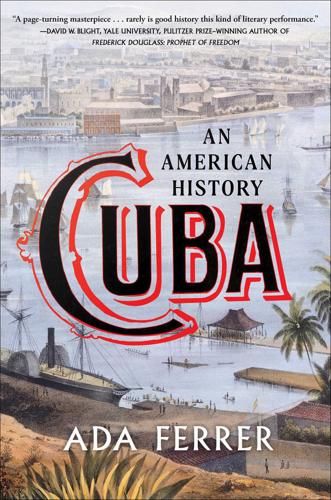
Cuba: An American History
by Ada Ferrer · 6 Sep 2021 · 723pp · 211,892 words
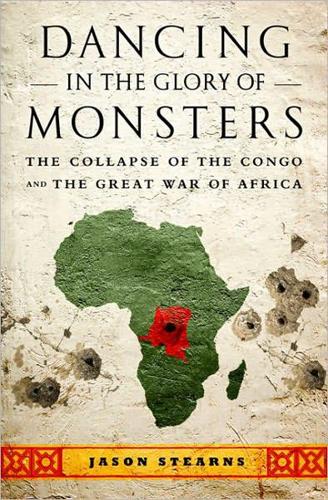
Dancing in the Glory of Monsters: The Collapse of the Congo and the Great War of Africa
by Jason Stearns · 29 Mar 2011 · 487pp · 139,297 words
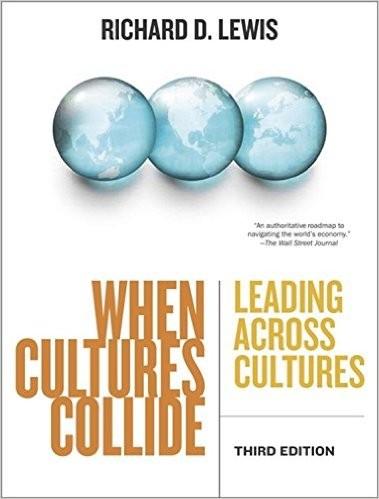
When Cultures Collide: Leading Across Cultures
by Richard D. Lewis · 1 Jan 1996
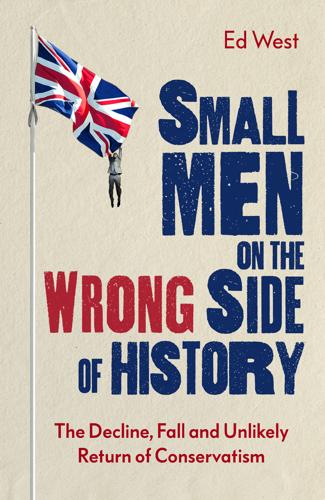
Small Men on the Wrong Side of History: The Decline, Fall and Unlikely Return of Conservatism
by Ed West · 19 Mar 2020 · 530pp · 147,851 words
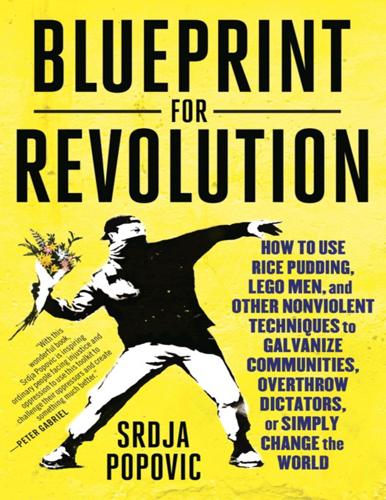
Blueprint for Revolution: How to Use Rice Pudding, Lego Men, and Other Nonviolent Techniques to Galvanize Communities, Overthrow Dictators, or Simply Change the World
by Srdja Popovic and Matthew Miller · 3 Feb 2015 · 202pp · 8,448 words
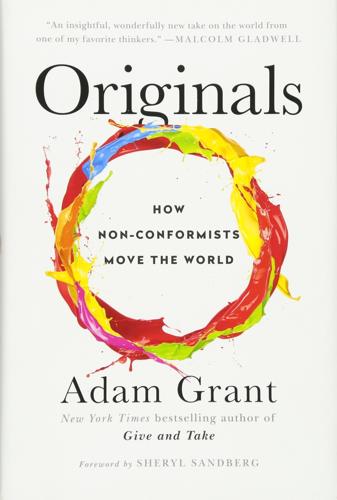
Originals: How Non-Conformists Move the World
by Adam Grant · 2 Feb 2016 · 410pp · 101,260 words
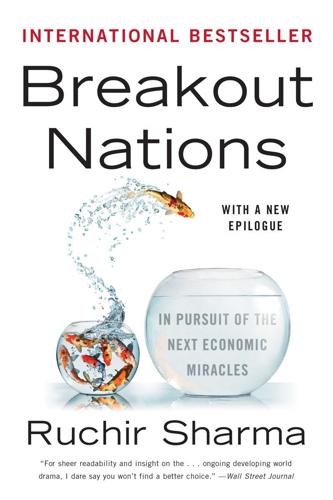
Breakout Nations: In Pursuit of the Next Economic Miracles
by Ruchir Sharma · 8 Apr 2012 · 411pp · 114,717 words
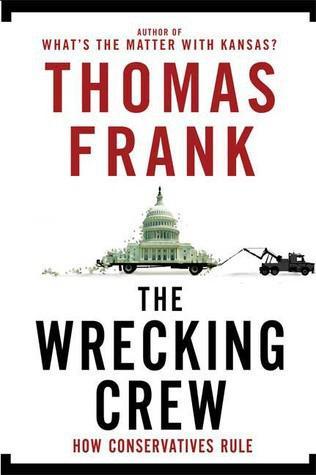
The Wrecking Crew: How Conservatives Rule
by Thomas Frank · 5 Aug 2008 · 482pp · 122,497 words
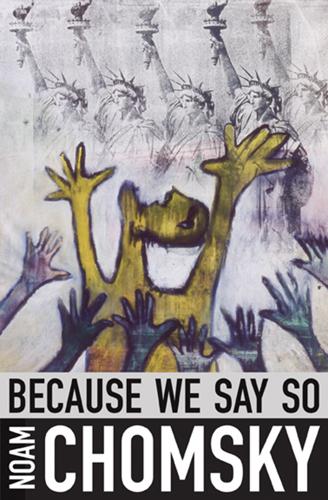
Because We Say So
by Noam Chomsky
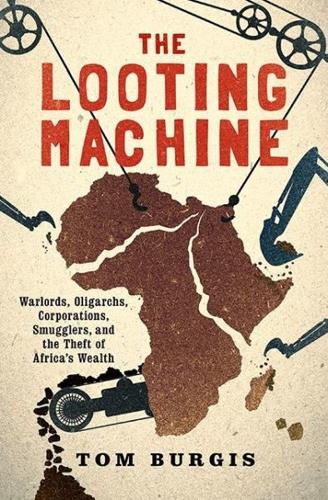
The Looting Machine: Warlords, Oligarchs, Corporations, Smugglers, and the Theft of Africa's Wealth
by Tom Burgis · 24 Mar 2015 · 413pp · 119,379 words
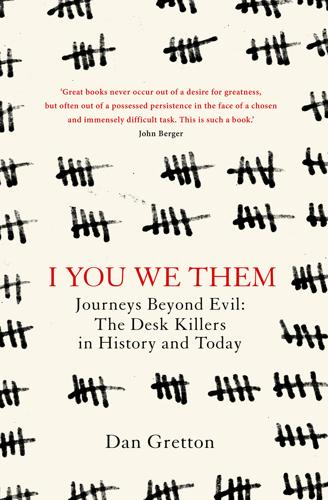
I You We Them
by Dan Gretton
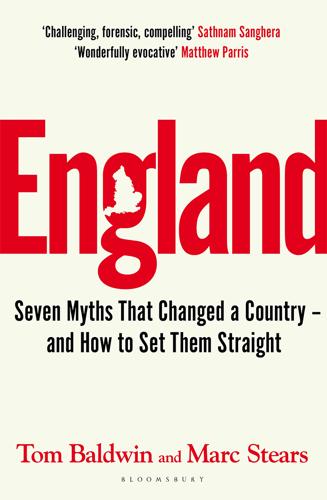
England: Seven Myths That Changed a Country – and How to Set Them Straight
by Tom Baldwin and Marc Stears · 24 Apr 2024 · 357pp · 132,377 words
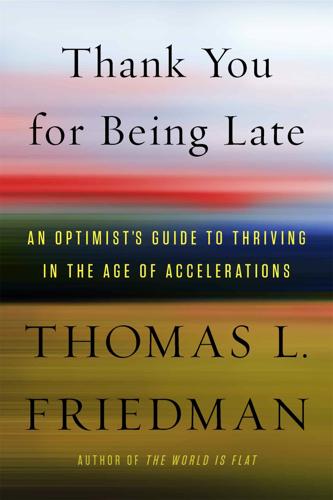
Thank You for Being Late: An Optimist's Guide to Thriving in the Age of Accelerations
by Thomas L. Friedman · 22 Nov 2016 · 602pp · 177,874 words
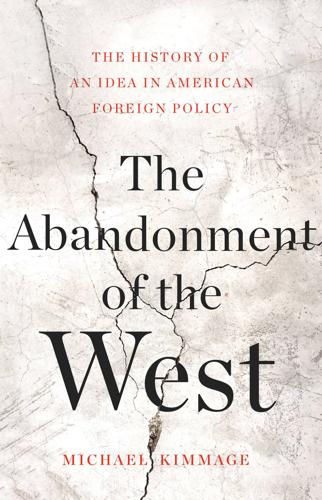
The Abandonment of the West
by Michael Kimmage · 21 Apr 2020 · 378pp · 121,495 words
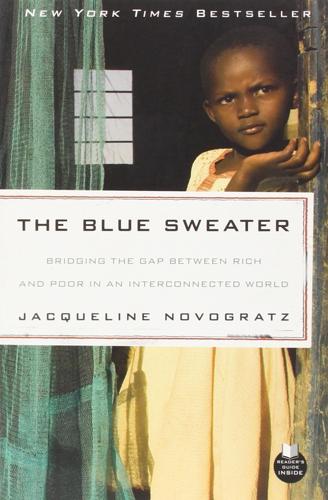
The Blue Sweater: Bridging the Gap Between Rich and Poor in an Interconnected World
by Jacqueline Novogratz · 15 Feb 2009 · 391pp · 117,984 words
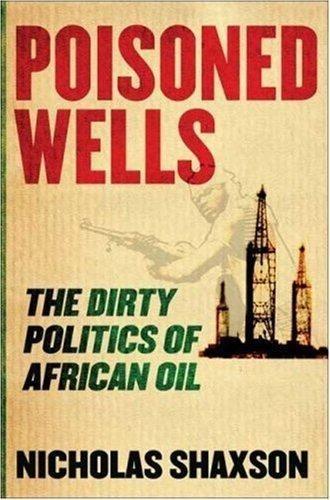
Poisoned Wells: The Dirty Politics of African Oil
by Nicholas Shaxson · 20 Mar 2007
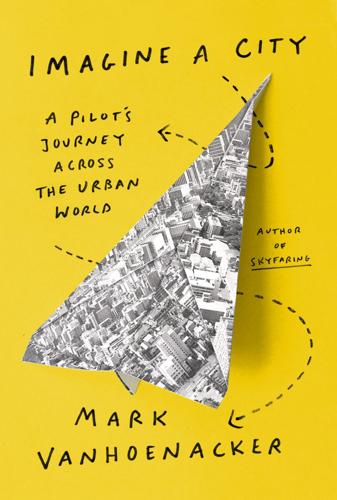
Imagine a City: A Pilot's Journey Across the Urban World
by Mark Vanhoenacker · 14 Aug 2022 · 393pp · 127,847 words
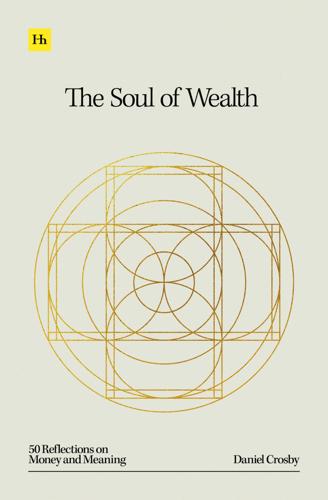
The Soul of Wealth
by Daniel Crosby · 19 Sep 2024 · 229pp · 73,085 words
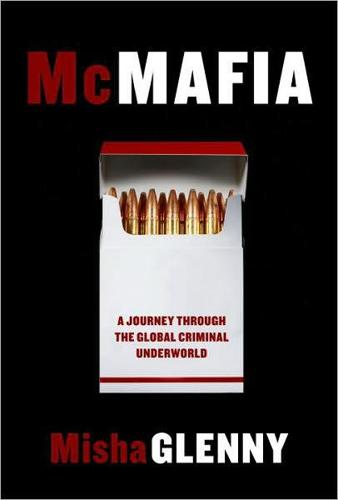
McMafia: A Journey Through the Global Criminal Underworld
by Misha Glenny · 7 Apr 2008 · 487pp · 147,891 words
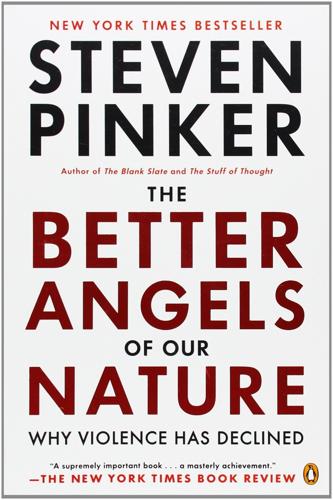
The Better Angels of Our Nature: Why Violence Has Declined
by Steven Pinker · 24 Sep 2012 · 1,351pp · 385,579 words
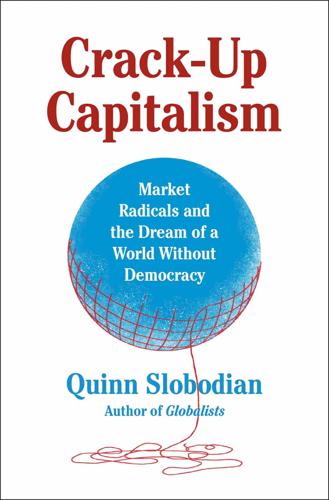
Crack-Up Capitalism: Market Radicals and the Dream of a World Without Democracy
by Quinn Slobodian · 4 Apr 2023 · 360pp · 107,124 words
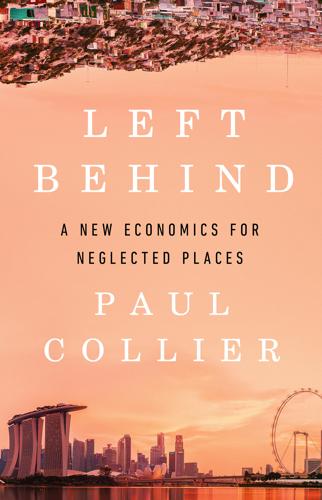
Left Behind
by Paul Collier · 6 Aug 2024 · 299pp · 92,766 words
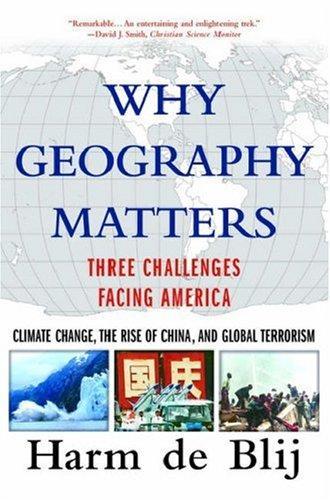
Why geography matters: three challenges facing America : climate change, the rise of China, and global terrorism
by Harm J. De Blij · 15 Nov 2007 · 481pp · 121,300 words
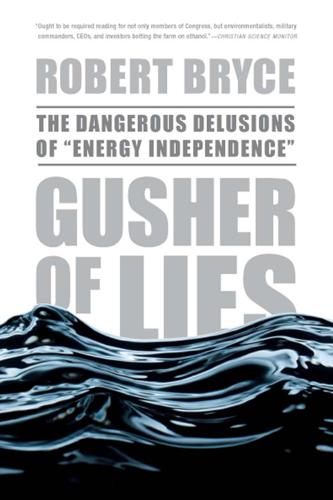
Gusher of Lies: The Dangerous Delusions of Energy Independence
by Robert Bryce · 16 Mar 2011 · 415pp · 103,231 words
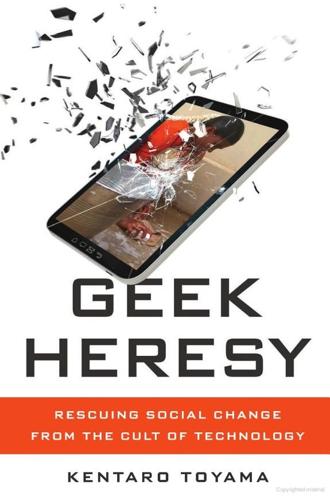
Geek Heresy: Rescuing Social Change From the Cult of Technology
by Kentaro Toyama · 25 May 2015 · 494pp · 116,739 words
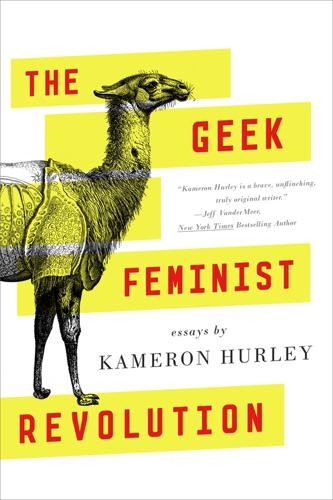
The Geek Feminist Revolution
by Kameron Hurley · 1 Jan 2016 · 251pp · 76,225 words
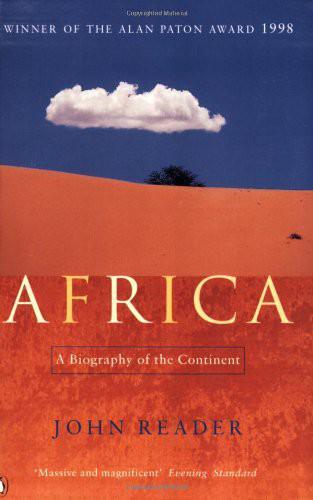
Africa: A Biography of the Continent
by John Reader · 5 Nov 1998 · 1,072pp · 297,437 words
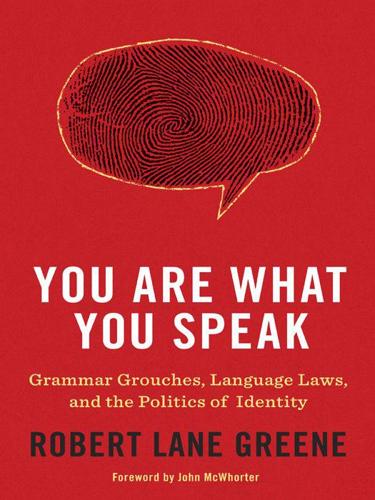
You Are What You Speak: Grammar Grouches, Language Laws, and the Politics of Identity
by Robert Lane Greene · 8 Mar 2011 · 319pp · 95,854 words
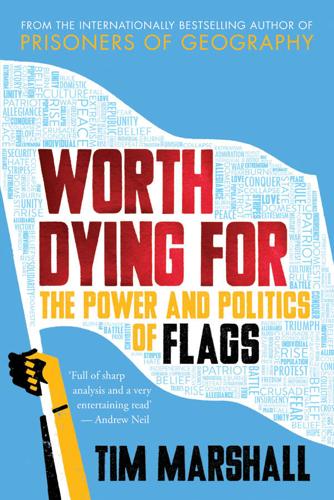
Worth Dying For: The Power and Politics of Flags
by Tim Marshall · 21 Sep 2016 · 276pp · 78,061 words
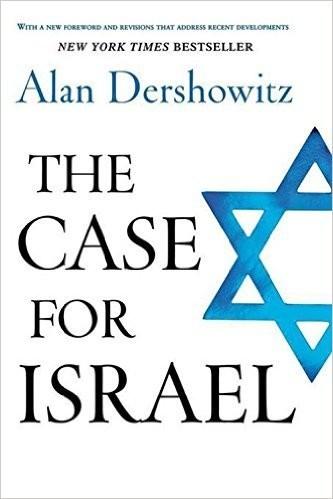
The Case for Israel
by Alan Dershowitz · 31 Jul 2003

Dreyer's English: An Utterly Correct Guide to Clarity and Style
by Benjamin Dreyer · 15 Jan 2019 · 297pp · 69,467 words
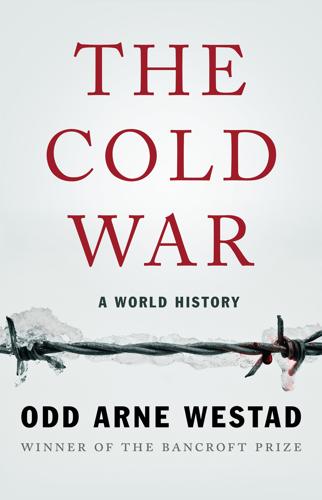
The Cold War: A World History
by Odd Arne Westad · 4 Sep 2017 · 846pp · 250,145 words
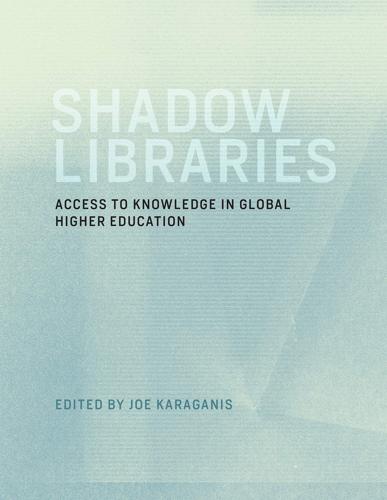
Shadow Libraries: Access to Knowledge in Global Higher Education
by Joe Karaganis · 3 May 2018 · 334pp · 123,463 words
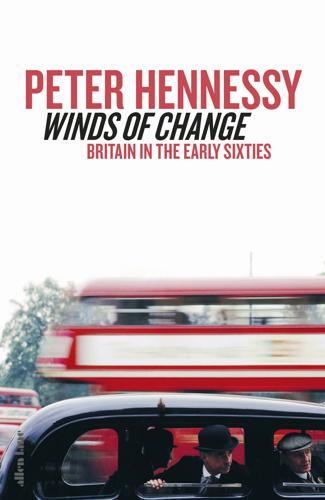
Winds of Change
by Peter Hennessy · 27 Aug 2019 · 891pp · 220,950 words

The Coke Machine: The Dirty Truth Behind the World's Favorite Soft Drink
by Michael Blanding · 14 Jun 2010 · 385pp · 133,839 words
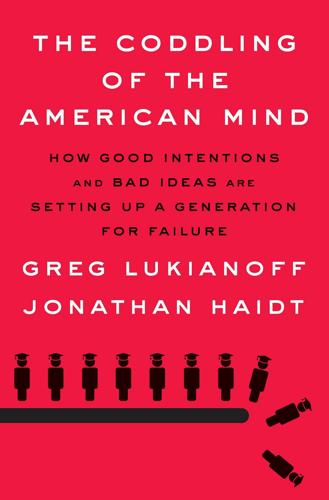
The Coddling of the American Mind: How Good Intentions and Bad Ideas Are Setting Up a Generation for Failure
by Greg Lukianoff and Jonathan Haidt · 14 Jun 2018 · 531pp · 125,069 words
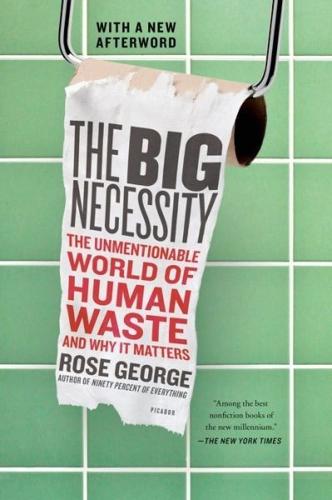
The Big Necessity: The Unmentionable World of Human Waste and Why It Matters
by Rose George · 13 Oct 2008 · 346pp · 101,255 words
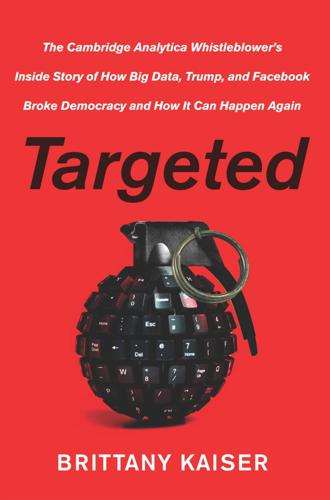
Targeted: The Cambridge Analytica Whistleblower's Inside Story of How Big Data, Trump, and Facebook Broke Democracy and How It Can Happen Again
by Brittany Kaiser · 21 Oct 2019 · 391pp · 123,597 words
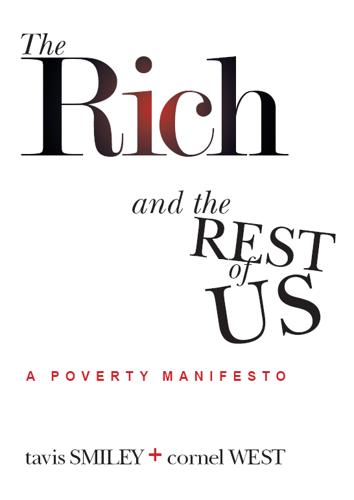
The Rich and the Rest of Us
by Tavis Smiley · 15 Feb 2012 · 181pp · 50,196 words
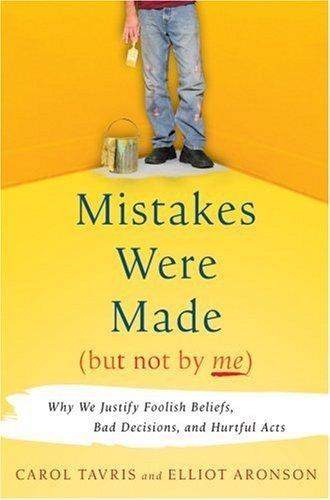
Mistakes Were Made (But Not by Me): Why We Justify Foolish Beliefs, Bad Decisions, and Hurtful Acts
by Carol Tavris and Elliot Aronson · 6 May 2007 · 420pp · 98,309 words
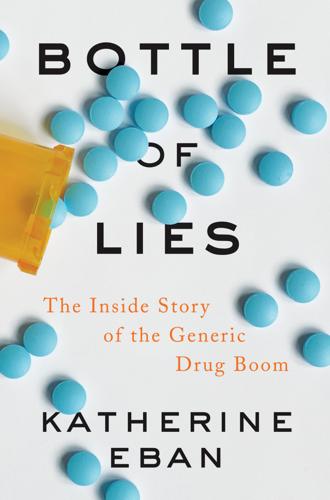
Bottle of Lies: The Inside Story of the Generic Drug Boom
by Katherine Eban · 13 May 2019 · 510pp · 141,188 words
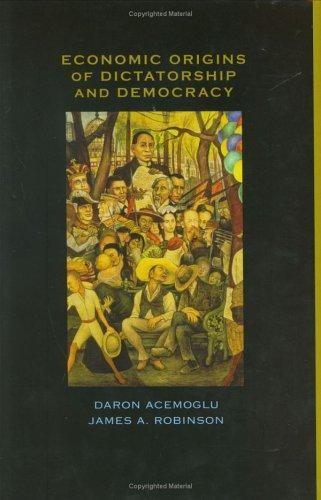
Economic Origins of Dictatorship and Democracy
by Daron Acemoğlu and James A. Robinson · 28 Sep 2001
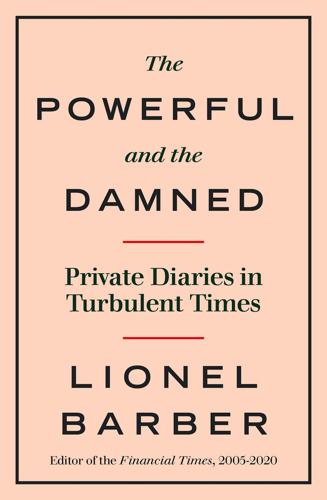
The Powerful and the Damned: Private Diaries in Turbulent Times
by Lionel Barber · 5 Nov 2020
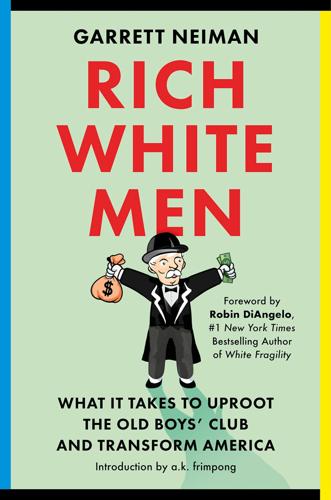
Rich White Men: What It Takes to Uproot the Old Boys' Club and Transform America
by Garrett Neiman · 19 Jun 2023 · 386pp · 112,064 words
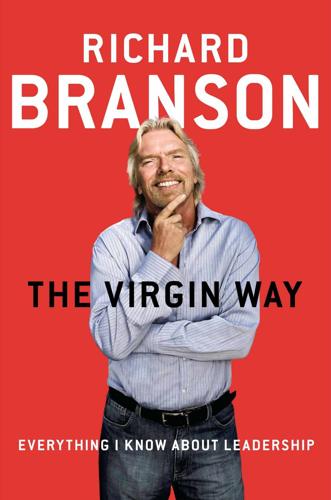
The Virgin Way: Everything I Know About Leadership
by Richard Branson · 8 Sep 2014 · 315pp · 99,065 words
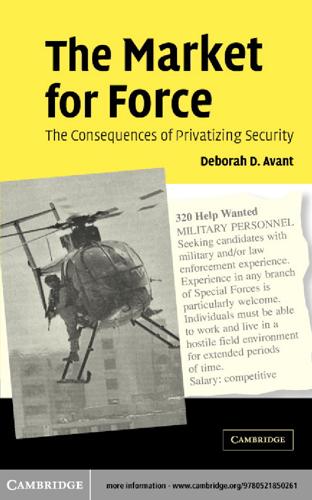
The Market for Force: The Consequences of Privatizing Security
by Deborah D. Avant · 17 Oct 2010 · 872pp · 135,196 words
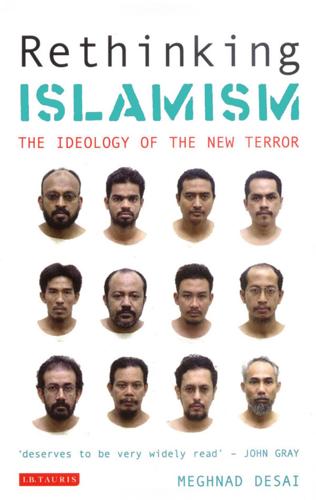
Rethinking Islamism: The Ideology of the New Terror
by Meghnad Desai · 25 Apr 2008
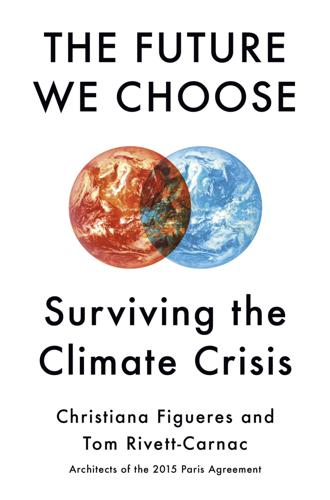
The Future We Choose: Surviving the Climate Crisis
by Christiana Figueres and Tom Rivett-Carnac · 25 Feb 2020 · 197pp · 49,296 words
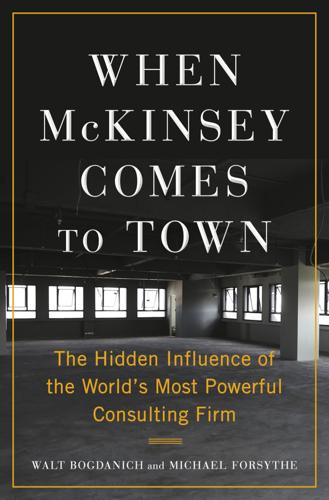
When McKinsey Comes to Town: The Hidden Influence of the World's Most Powerful Consulting Firm
by Walt Bogdanich and Michael Forsythe · 3 Oct 2022 · 689pp · 134,457 words
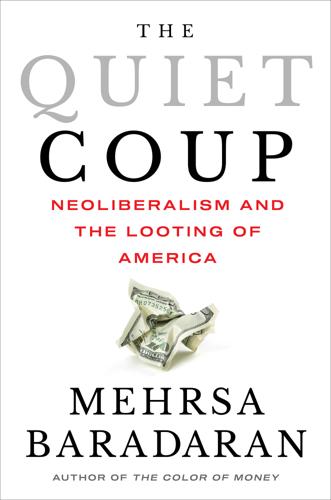
The Quiet Coup: Neoliberalism and the Looting of America
by Mehrsa Baradaran · 7 May 2024 · 470pp · 158,007 words
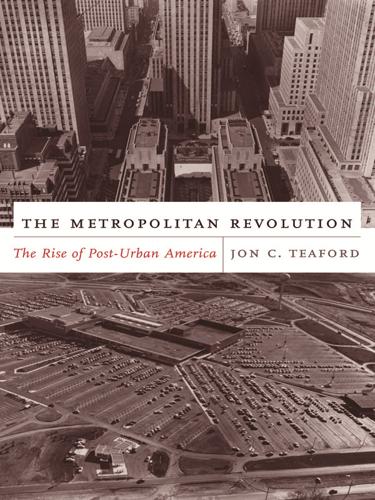
The Metropolitan Revolution: The Rise of Post-Urban America
by Jon C. Teaford · 1 Jan 2006 · 395pp · 115,753 words
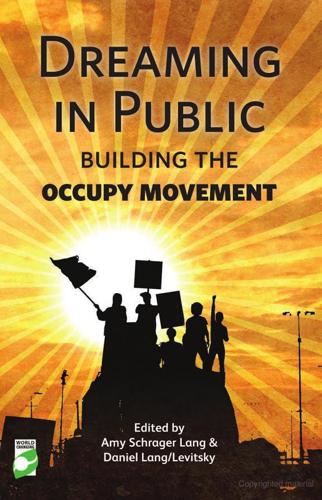
Dreaming in Public: Building the Occupy Movement
by Amy Lang and Daniel Lang/levitsky · 11 Jun 2012 · 537pp · 99,778 words
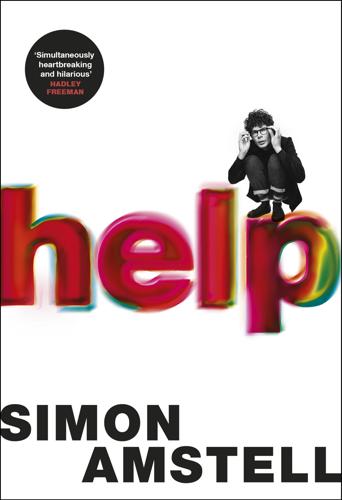
Help
by Simon Amstell · 15 Jan 2017 · 117pp · 36,809 words
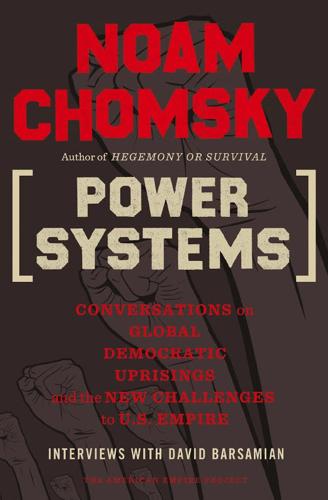
Power Systems: Conversations on Global Democratic Uprisings and the New Challenges to U.S. Empire
by Noam Chomsky and David Barsamian · 1 Nov 2012
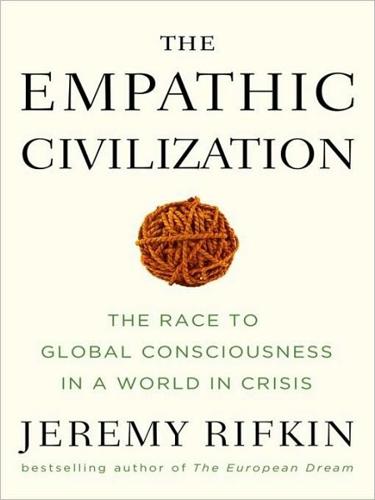
The Empathic Civilization: The Race to Global Consciousness in a World in Crisis
by Jeremy Rifkin · 31 Dec 2009 · 879pp · 233,093 words
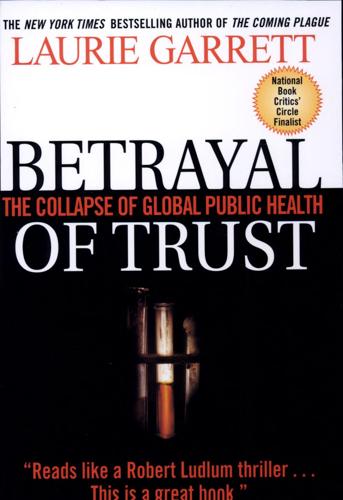
Betrayal of Trust: The Collapse of Global Public Health
by Laurie Garrett · 15 Feb 2000
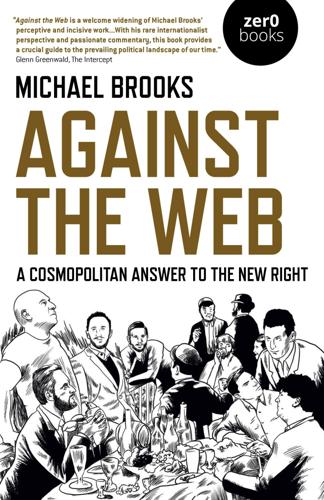
Against the Web: A Cosmopolitan Answer to the New Right
by Michael Brooks · 23 Apr 2020 · 88pp · 26,706 words
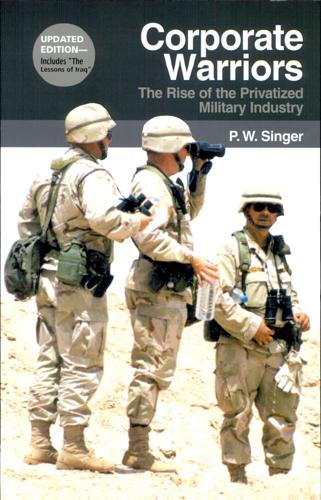
Corporate Warriors: The Rise of the Privatized Military Industry
by Peter Warren Singer · 1 Jan 2003 · 482pp · 161,169 words
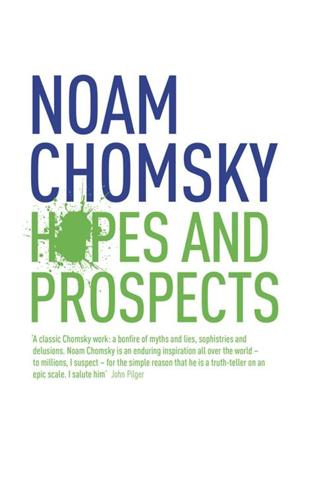
Hopes and Prospects
by Noam Chomsky · 1 Jan 2009
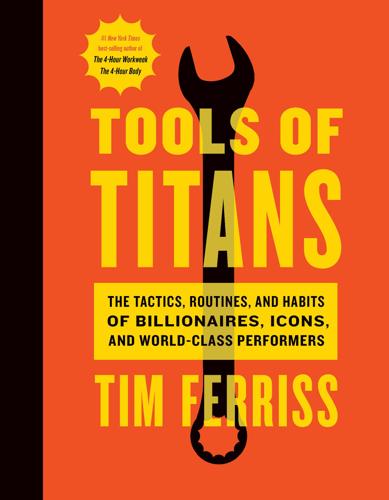
Tools of Titans: The Tactics, Routines, and Habits of Billionaires, Icons, and World-Class Performers
by Timothy Ferriss · 6 Dec 2016 · 669pp · 210,153 words
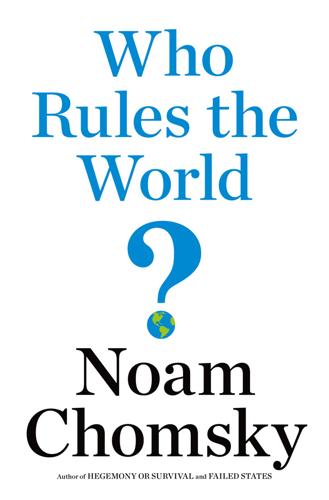
Who Rules the World?
by Noam Chomsky
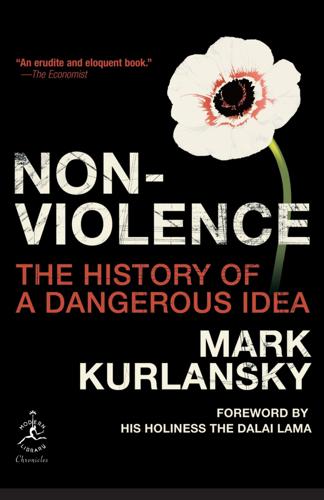
Nonviolence: The History of a Dangerous Idea
by Mark Kurlansky · 7 Apr 2008 · 186pp · 57,798 words
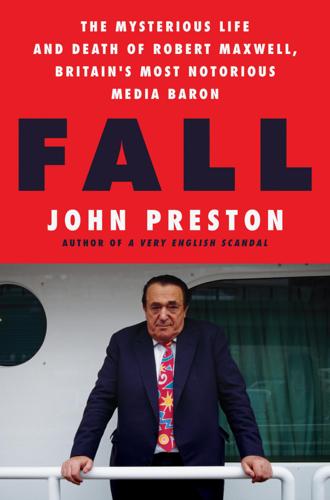
Fall: The Mysterious Life and Death of Robert Maxwell, Britain's Most Notorious Media Baron
by John Preston · 9 Feb 2021 · 374pp · 110,238 words
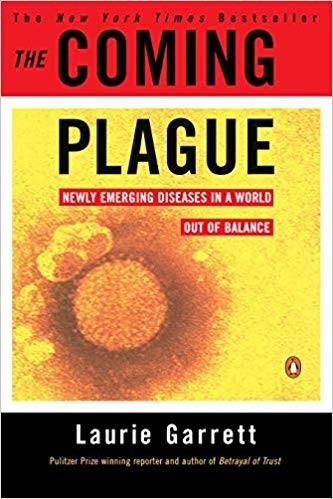
The Coming Plague: Newly Emerging Diseases in a World Out of Balance
by Laurie Garrett · 31 Oct 1994 · 1,293pp · 357,735 words
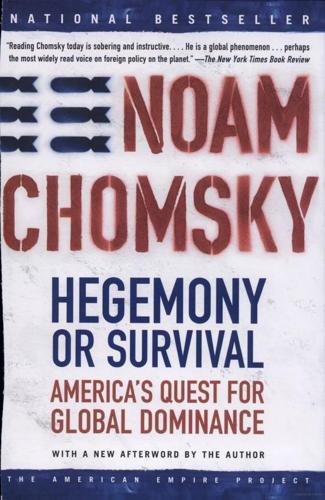
Hegemony or Survival: America's Quest for Global Dominance
by Noam Chomsky · 1 Jan 2003 · 351pp · 96,780 words
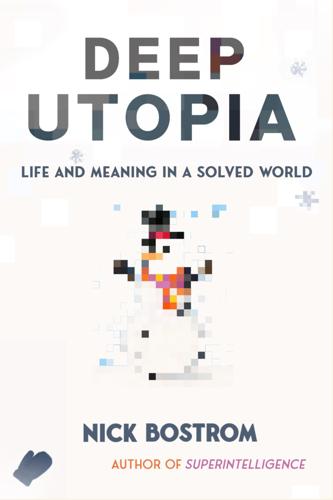
Deep Utopia: Life and Meaning in a Solved World
by Nick Bostrom · 26 Mar 2024 · 547pp · 173,909 words
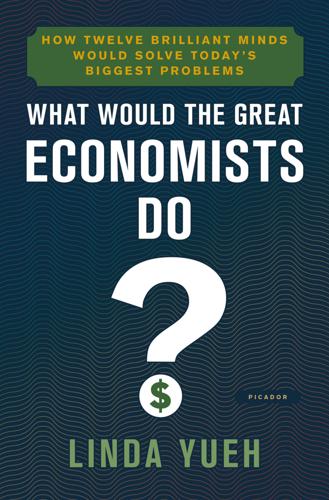
What Would the Great Economists Do?: How Twelve Brilliant Minds Would Solve Today's Biggest Problems
by Linda Yueh · 4 Jun 2018 · 453pp · 117,893 words
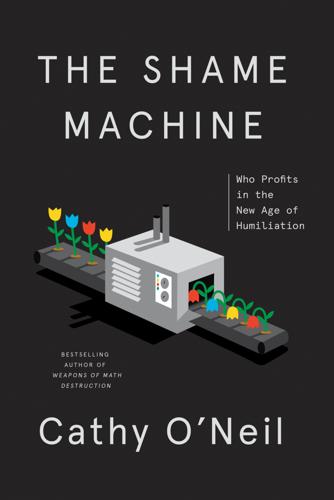
The Shame Machine: Who Profits in the New Age of Humiliation
by Cathy O'Neil · 15 Mar 2022 · 318pp · 73,713 words
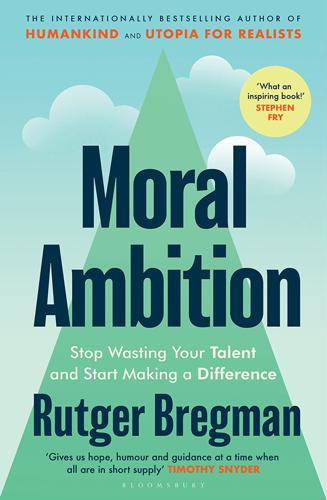
Moral Ambition: Stop Wasting Your Talent and Start Making a Difference
by Bregman, Rutger · 9 Mar 2025 · 181pp · 72,663 words
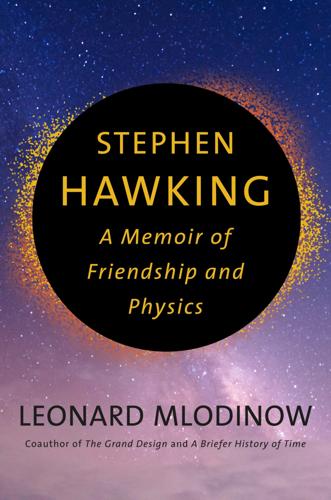
Stephen Hawking
by Leonard Mlodinow · 8 Sep 2020 · 209pp · 68,587 words
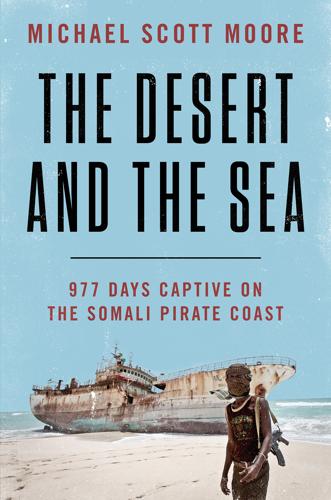
The Desert and the Sea: 977 Days Captive on the Somali Pirate Coast
by Michael Scott Moore · 23 Jul 2018 · 476pp · 124,973 words
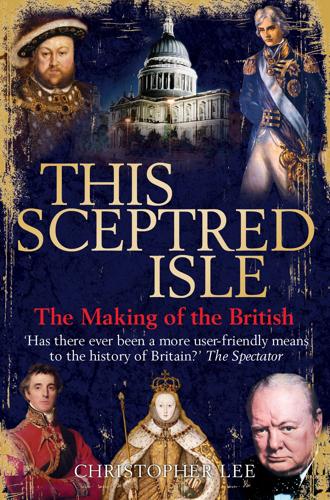
This Sceptred Isle
by Christopher Lee · 19 Jan 2012 · 796pp · 242,660 words
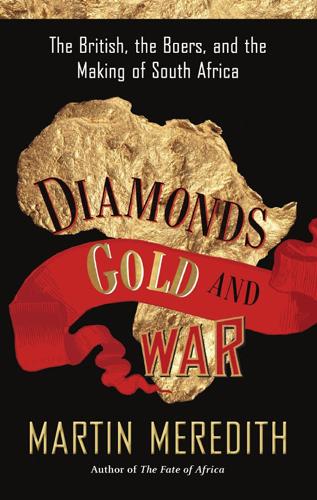
Diamonds, Gold, and War: The British, the Boers, and the Making of South Africa
by Martin Meredith · 1 Jan 2007 · 649pp · 181,179 words
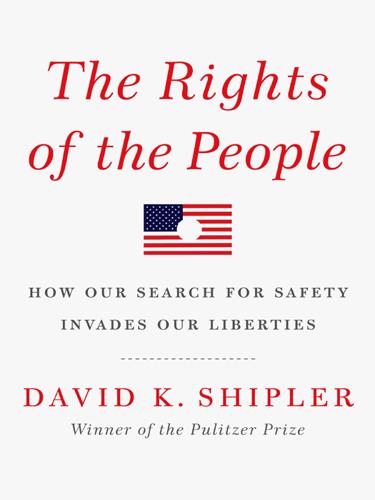
The Rights of the People
by David K. Shipler · 18 Apr 2011 · 495pp · 154,046 words
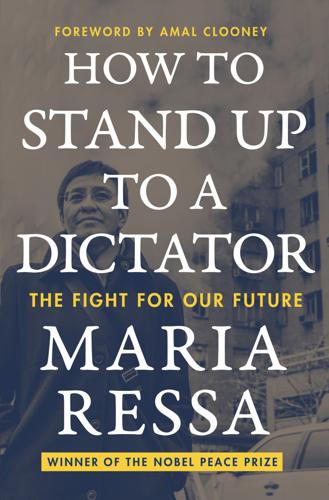
How to Stand Up to a Dictator
by Maria Ressa · 19 Oct 2022
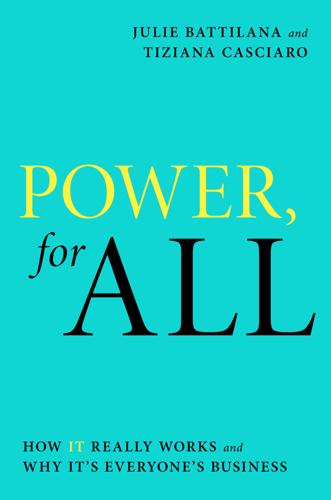
Power, for All: How It Really Works and Why It's Everyone's Business
by Julie Battilana and Tiziana Casciaro · 30 Aug 2021 · 345pp · 92,063 words
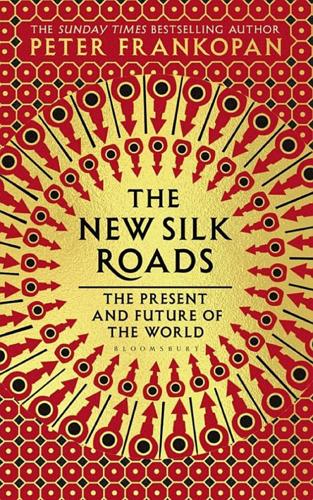
The New Silk Roads: The Present and Future of the World
by Peter Frankopan · 14 Jun 2018 · 352pp · 80,030 words
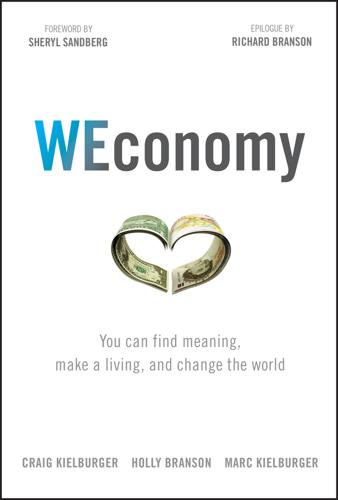
WEconomy: You Can Find Meaning, Make a Living, and Change the World
by Craig Kielburger, Holly Branson, Marc Kielburger, Sir Richard Branson and Sheryl Sandberg · 7 Mar 2018 · 335pp · 96,002 words
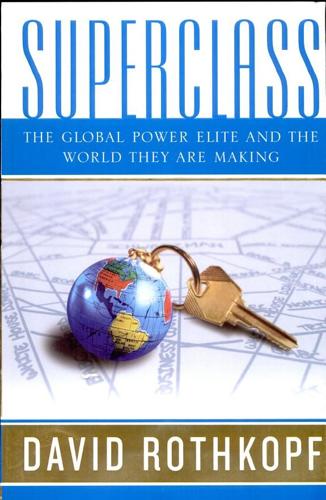
Superclass: The Global Power Elite and the World They Are Making
by David Rothkopf · 18 Mar 2008 · 535pp · 158,863 words
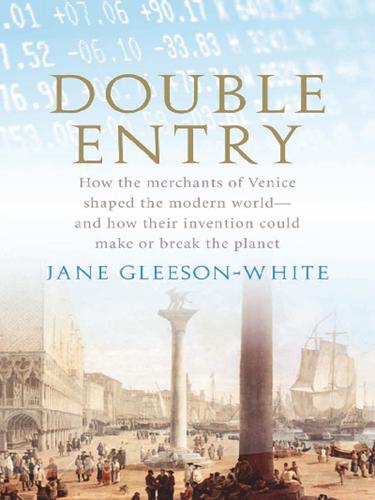
Double Entry: How the Merchants of Venice Shaped the Modern World - and How Their Invention Could Make or Break the Planet
by Jane Gleeson-White · 14 May 2011 · 274pp · 66,721 words
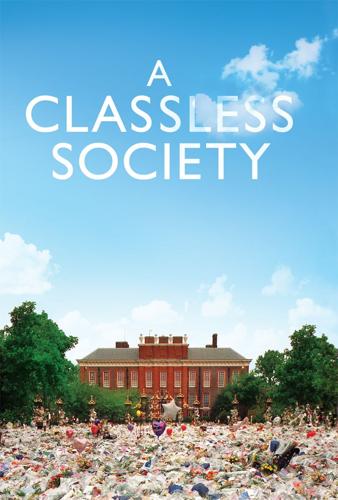
A Classless Society: Britain in the 1990s
by Alwyn W. Turner · 4 Sep 2013 · 1,013pp · 302,015 words
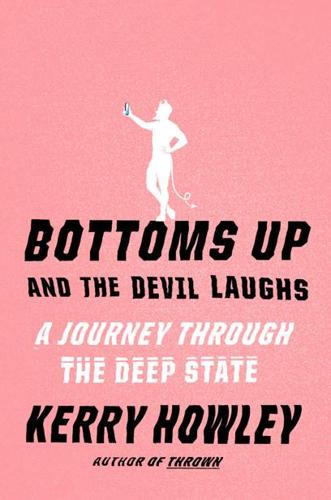
Bottoms Up and the Devil Laughs
by Kerry Howley · 21 Mar 2023
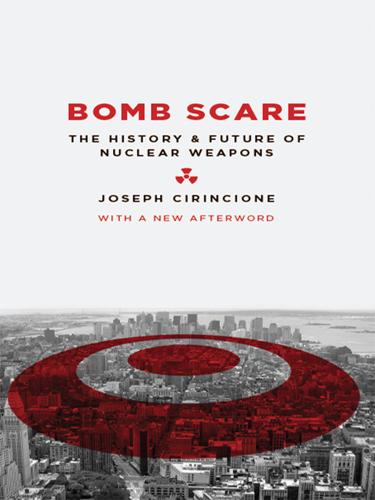
Bomb Scare
by Joseph Cirincione · 24 Dec 2011 · 293pp · 74,709 words
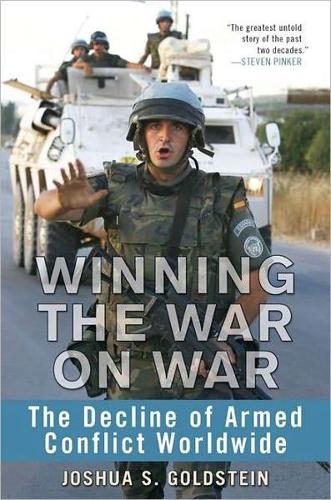
Winning the War on War: The Decline of Armed Conflict Worldwide
by Joshua S. Goldstein · 15 Sep 2011 · 511pp · 148,310 words
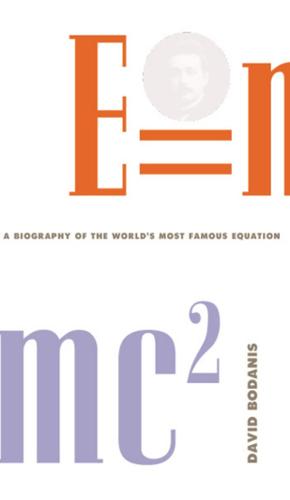
E=mc2: A Biography of the World's Most Famous Equation
by David Bodanis · 25 May 2009 · 349pp · 27,507 words
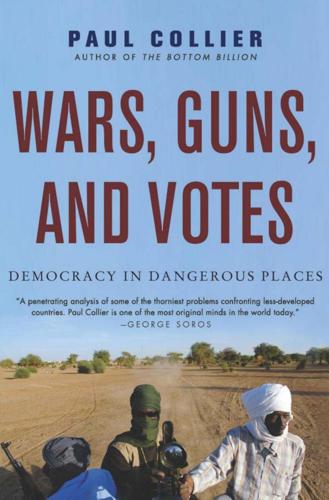
Wars, Guns, and Votes: Democracy in Dangerous Places
by Paul Collier · 9 Feb 2010 · 264pp · 74,313 words
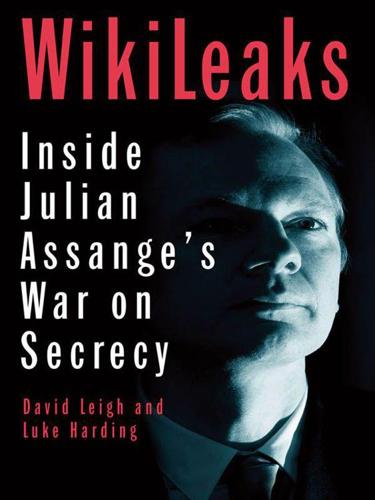
The End of Secrecy: The Rise and Fall of WikiLeaks
by The "Guardian", David Leigh and Luke Harding · 1 Feb 2011 · 322pp · 99,066 words
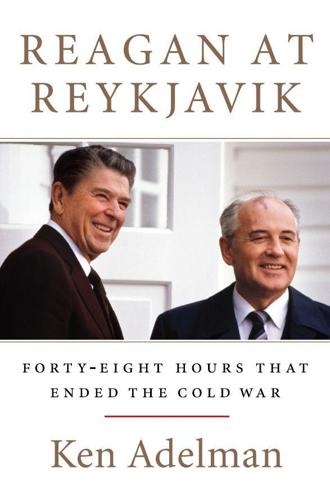
Reagan at Reykjavik: Forty-Eight Hours That Ended the Cold War
by Ken Adelman · 5 May 2014 · 372pp · 115,094 words
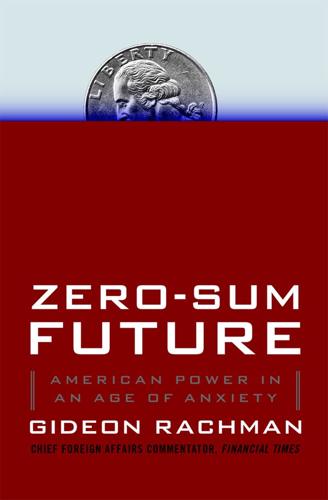
Zero-Sum Future: American Power in an Age of Anxiety
by Gideon Rachman · 1 Feb 2011 · 391pp · 102,301 words
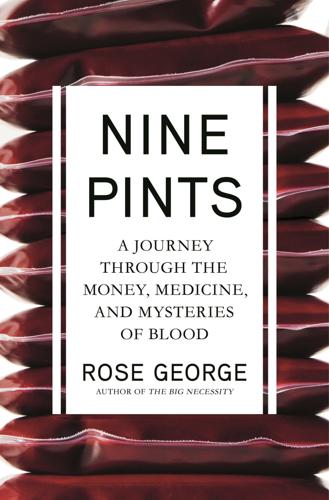
Nine Pints: A Journey Through the Money, Medicine, and Mysteries of Blood
by Rose George · 22 Oct 2018 · 453pp · 130,632 words
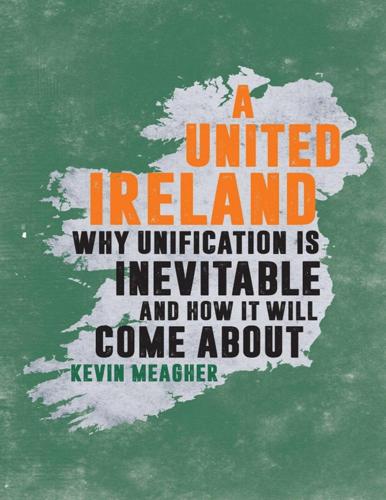
A United Ireland: Why Unification Is Inevitable and How It Will Come About
by Kevin Meagher · 15 Nov 2016
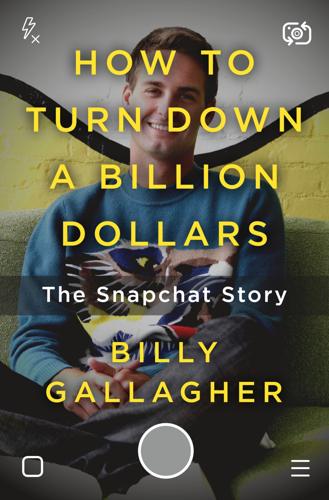
How to Turn Down a Billion Dollars: The Snapchat Story
by Billy Gallagher · 13 Feb 2018 · 359pp · 96,019 words
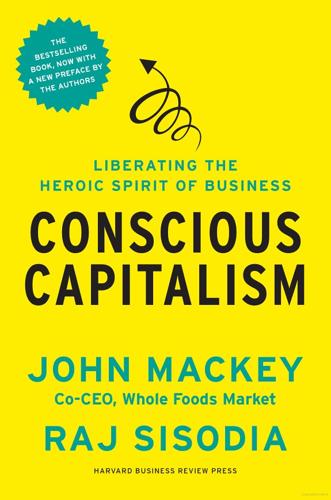
Conscious Capitalism, With a New Preface by the Authors: Liberating the Heroic Spirit of Business
by John Mackey, Rajendra Sisodia and Bill George · 7 Jan 2014 · 335pp · 104,850 words
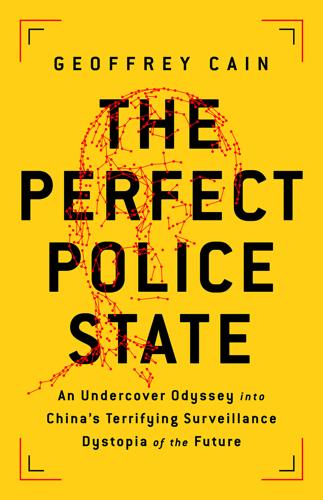
The Perfect Police State: An Undercover Odyssey Into China's Terrifying Surveillance Dystopia of the Future
by Geoffrey Cain · 28 Jun 2021 · 340pp · 90,674 words
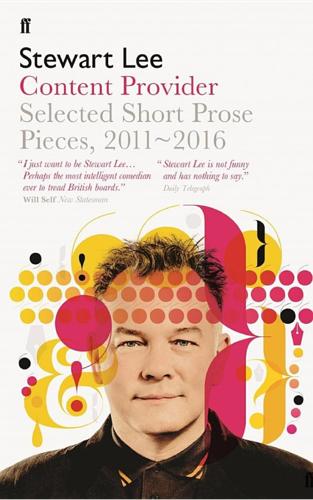
Content Provider: Selected Short Prose Pieces, 2011–2016
by Stewart Lee · 1 Aug 2016 · 282pp · 89,266 words
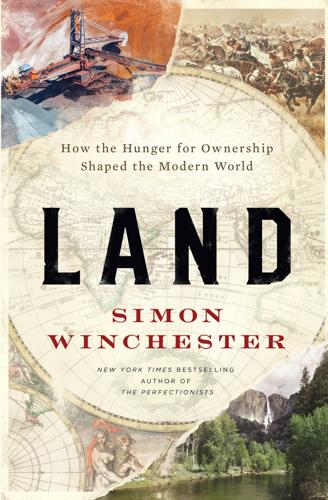
Land: How the Hunger for Ownership Shaped the Modern World
by Simon Winchester · 19 Jan 2021 · 486pp · 139,713 words
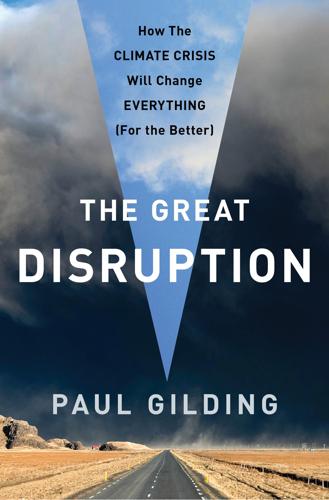
The Great Disruption: Why the Climate Crisis Will Bring on the End of Shopping and the Birth of a New World
by Paul Gilding · 28 Mar 2011 · 337pp · 103,273 words
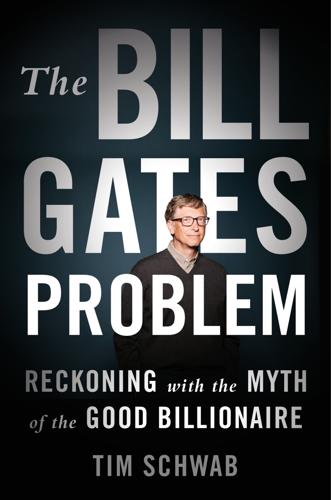
The Bill Gates Problem: Reckoning With the Myth of the Good Billionaire
by Tim Schwab · 13 Nov 2023 · 618pp · 179,407 words
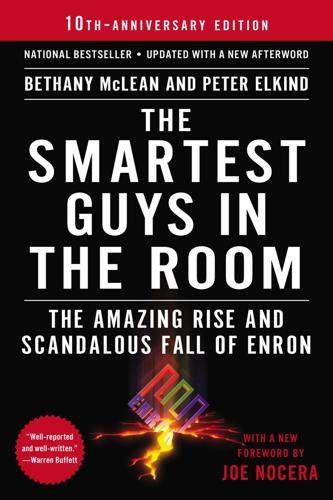
The Smartest Guys in the Room
by Bethany McLean · 25 Nov 2013 · 778pp · 233,096 words
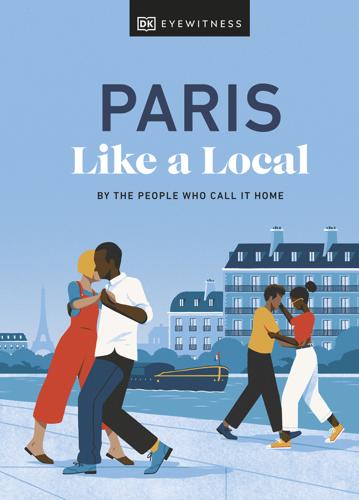
Paris Like a Local
by Dk Eyewitness · 170pp · 35,516 words
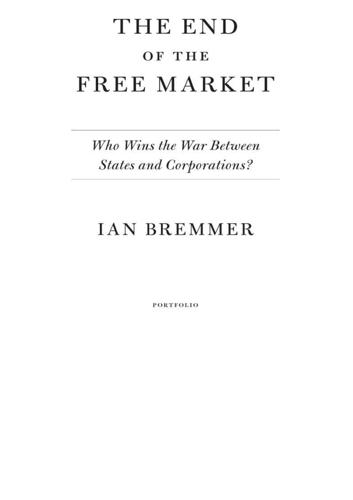
The End of the Free Market: Who Wins the War Between States and Corporations?
by Ian Bremmer · 12 May 2010 · 247pp · 68,918 words
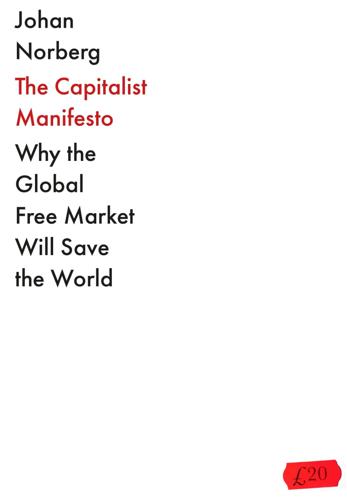
The Capitalist Manifesto
by Johan Norberg · 14 Jun 2023 · 295pp · 87,204 words
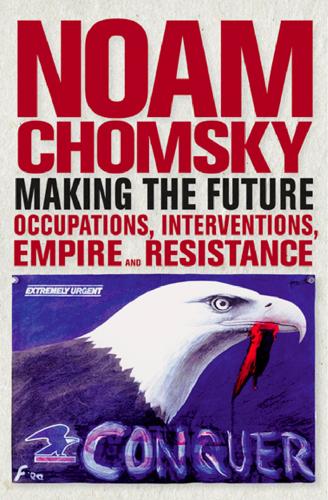
Making the Future: The Unipolar Imperial Moment
by Noam Chomsky · 15 Mar 2010 · 258pp · 63,367 words
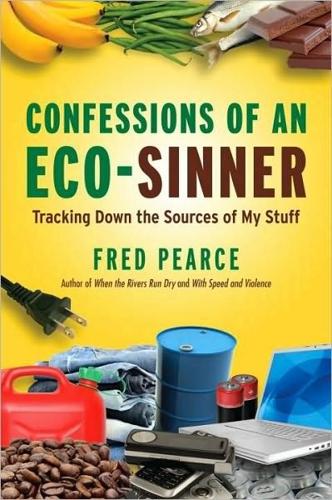
Confessions of an Eco-Sinner: Tracking Down the Sources of My Stuff
by Fred Pearce · 30 Sep 2009 · 407pp · 121,458 words
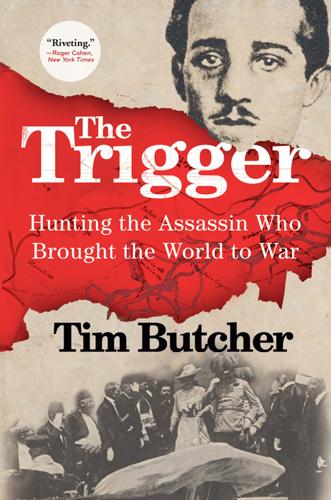
The Trigger: Hunting the Assassin Who Brought the World to War
by Tim Butcher · 2 Jun 2013 · 302pp · 97,076 words
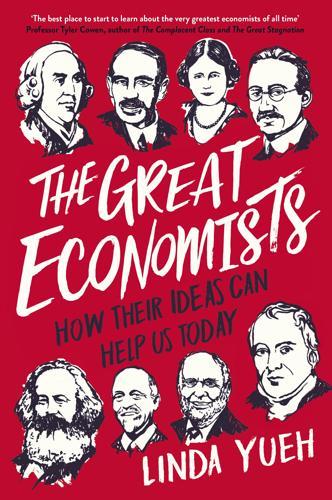
The Great Economists: How Their Ideas Can Help Us Today
by Linda Yueh · 15 Mar 2018 · 374pp · 113,126 words
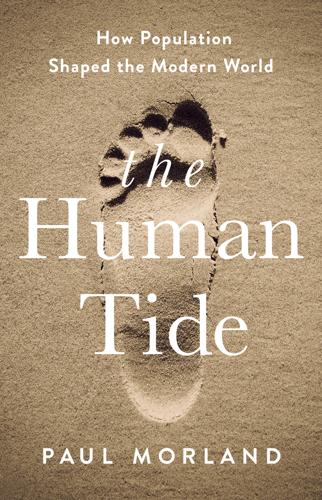
The Human Tide: How Population Shaped the Modern World
by Paul Morland · 10 Jan 2019 · 405pp · 121,999 words
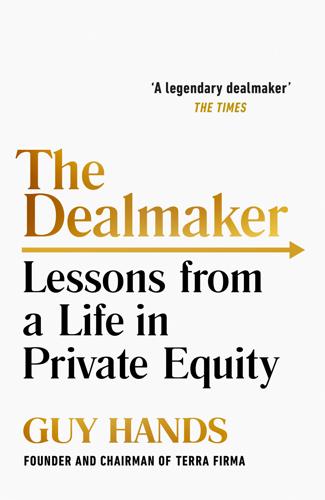
The Dealmaker: Lessons From a Life in Private Equity
by Guy Hands · 4 Nov 2021 · 341pp · 107,933 words
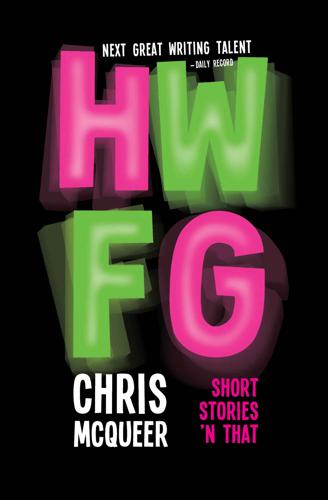
HWFG: Here We F**king Go
by Chris McQueer · 8 Nov 2018 · 252pp · 65,990 words
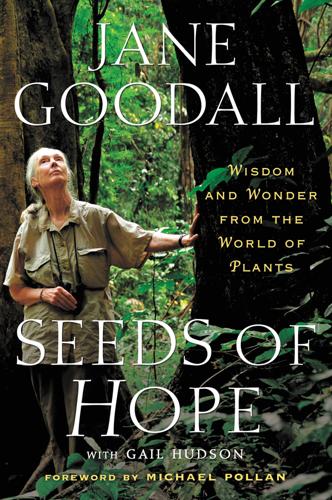
Seeds of Hope: Wisdom and Wonder From the World of Plants
by Jane Goodall · 1 Apr 2013 · 452pp · 135,790 words
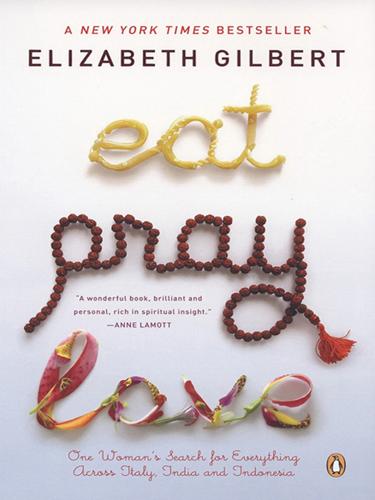
Eat, Pray, Love: One Woman's Search for Everything Across Italy, India and Indonesia
by Elizabeth Gilbert · 1 Jan 2000
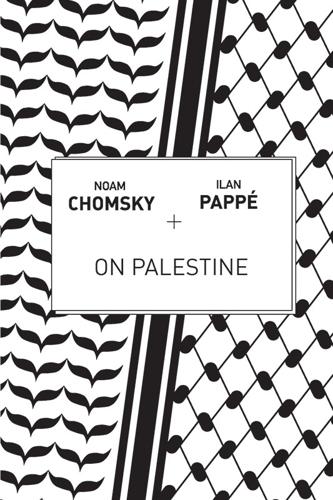
On Palestine
by Noam Chomsky, Ilan Pappé and Frank Barat · 18 Mar 2015
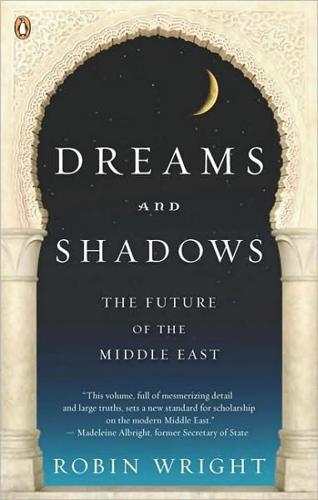
Dreams and Shadows: The Future of the Middle East
by Robin Wright · 28 Feb 2008 · 648pp · 165,654 words
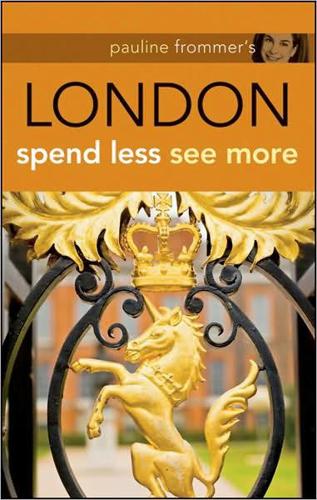
Pauline Frommer's London: Spend Less, See More
by Jason Cochran · 5 Feb 2007 · 388pp · 211,074 words
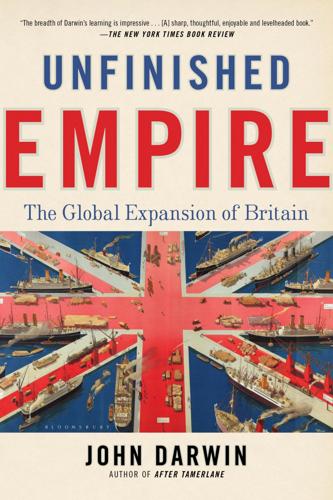
Unfinished Empire: The Global Expansion of Britain
by John Darwin · 12 Feb 2013
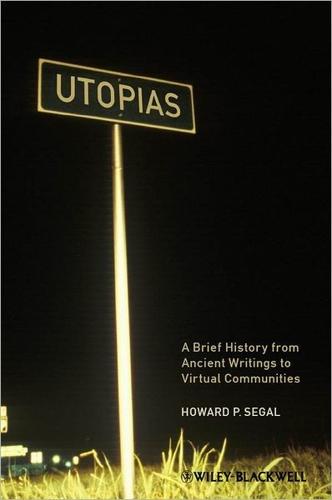
Utopias: A Brief History From Ancient Writings to Virtual Communities
by Howard P. Segal · 20 May 2012 · 299pp · 19,560 words
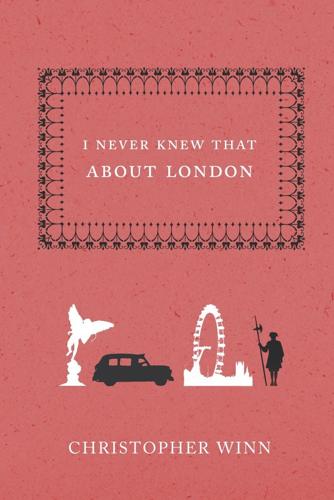
I Never Knew That About London
by Christopher Winn · 3 Oct 2007 · 395pp · 94,764 words
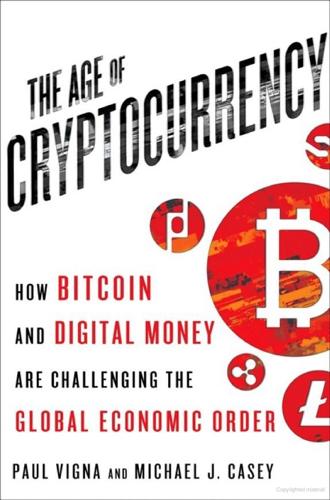
The Age of Cryptocurrency: How Bitcoin and Digital Money Are Challenging the Global Economic Order
by Paul Vigna and Michael J. Casey · 27 Jan 2015 · 457pp · 128,838 words
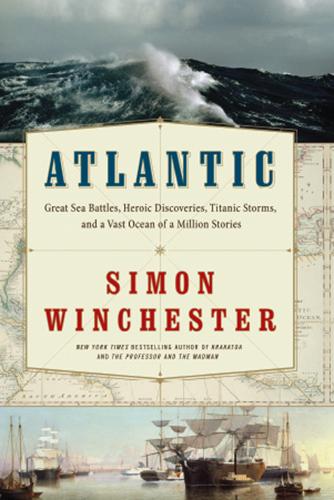
Atlantic: Great Sea Battles, Heroic Discoveries, Titanic Storms & a Vast Ocean of a Million Stories
by Simon Winchester · 27 Oct 2009 · 522pp · 150,592 words
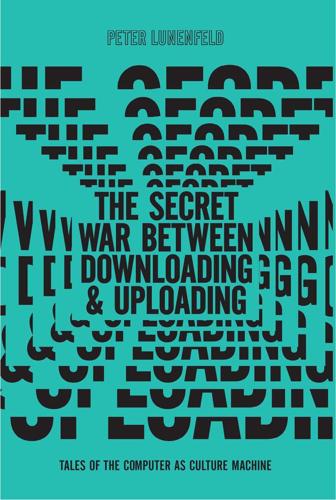
The Secret War Between Downloading and Uploading: Tales of the Computer as Culture Machine
by Peter Lunenfeld · 31 Mar 2011 · 239pp · 56,531 words
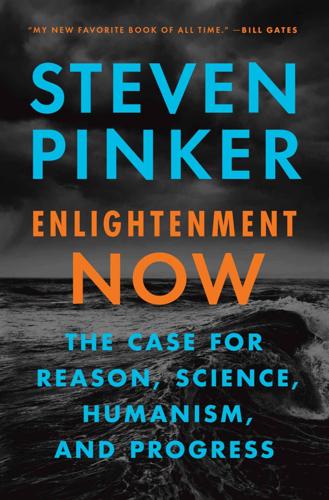
Enlightenment Now: The Case for Reason, Science, Humanism, and Progress
by Steven Pinker · 13 Feb 2018 · 1,034pp · 241,773 words
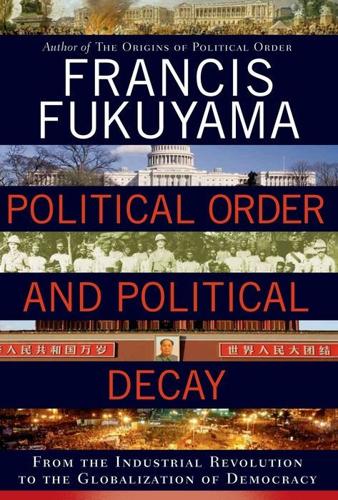
Political Order and Political Decay: From the Industrial Revolution to the Globalization of Democracy
by Francis Fukuyama · 29 Sep 2014 · 828pp · 232,188 words
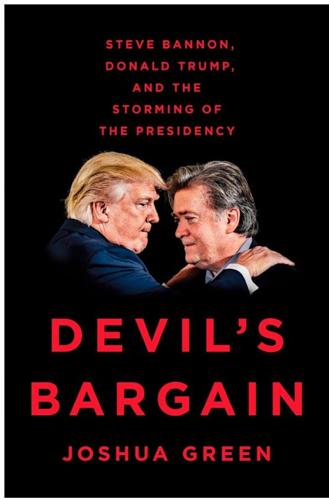
Devil's Bargain: Steve Bannon, Donald Trump, and the Storming of the Presidency
by Joshua Green · 17 Jul 2017 · 296pp · 78,112 words
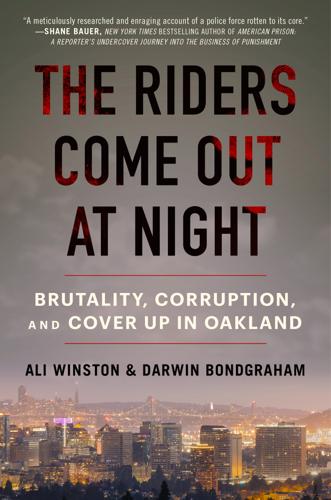
The Riders Come Out at Night: Brutality, Corruption, and Cover-Up in Oakland
by Ali Winston and Darwin Bondgraham · 10 Jan 2023 · 498pp · 184,761 words
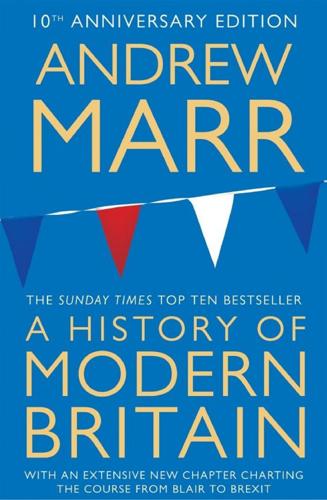
A History of Modern Britain
by Andrew Marr · 2 Jul 2009 · 872pp · 259,208 words
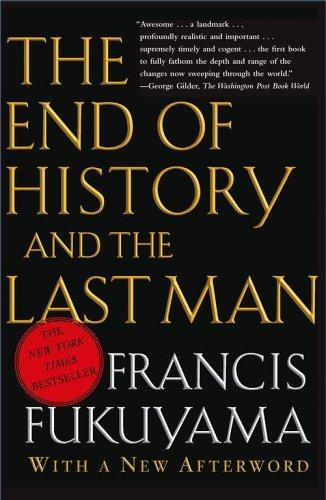
The end of history and the last man
by Francis Fukuyama · 28 Feb 2006 · 446pp · 578 words
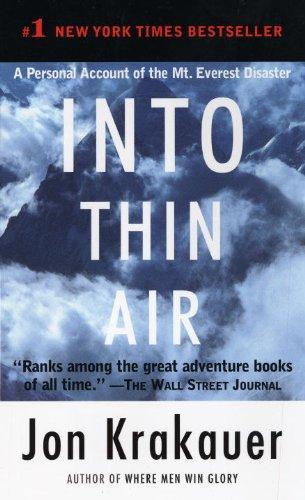
Into Thin Air: A Personal Account of the Mt. Everest Disaster
by Jon Krakauer · 25 Aug 2009 · 283pp · 98,673 words
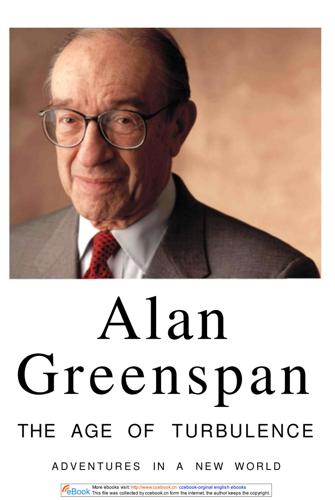
The Age of Turbulence: Adventures in a New World (Hardback) - Common
by Alan Greenspan · 14 Jun 2007
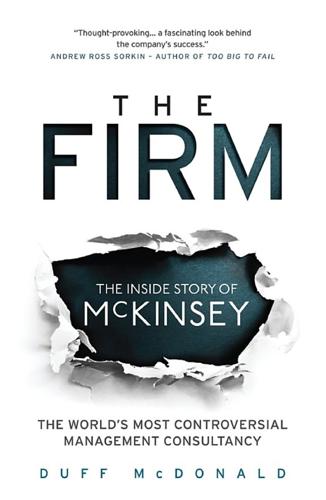
The Firm
by Duff McDonald · 1 Jun 2014 · 654pp · 120,154 words
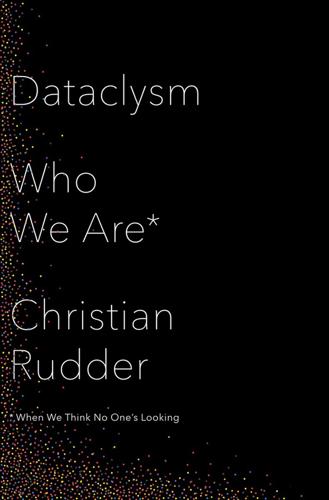
Dataclysm: Who We Are (When We Think No One's Looking)
by Christian Rudder · 8 Sep 2014 · 366pp · 76,476 words
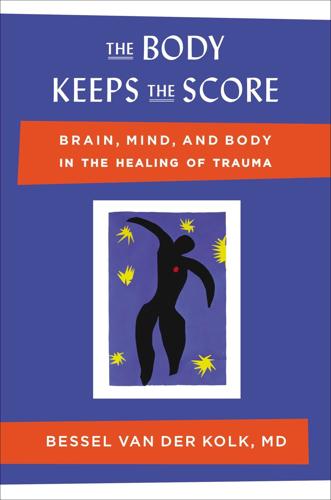
The Body Keeps the Score: Brain, Mind, and Body in the Healing of Trauma
by Bessel van Der Kolk M. D. · 7 Sep 2015 · 600pp · 174,620 words
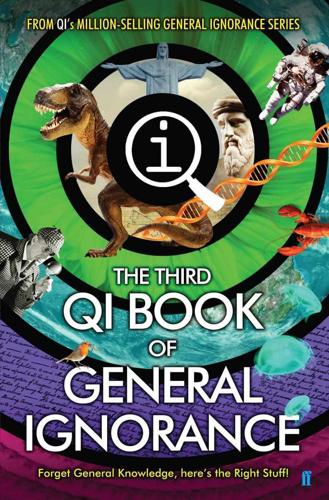
QI: The Third Book of General Ignorance (Qi: Book of General Ignorance)
by John Lloyd and John Mitchinson · 28 Sep 2015 · 432pp · 85,707 words
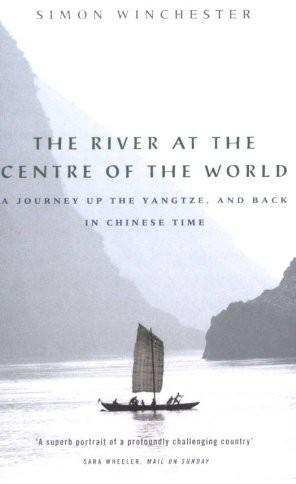
The River at the Centre of the World
by Simon Winchester · 1 Jan 1996 · 498pp · 153,927 words
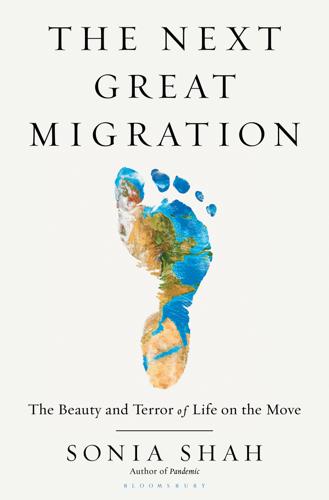
The Next Great Migration: The Beauty and Terror of Life on the Move
by Sonia Shah
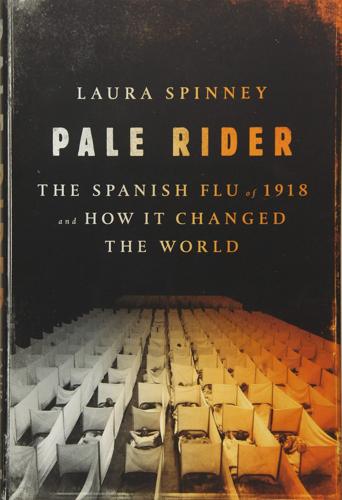
Pale Rider: The Spanish Flu of 1918 and How It Changed the World
by Laura Spinney · 31 May 2017
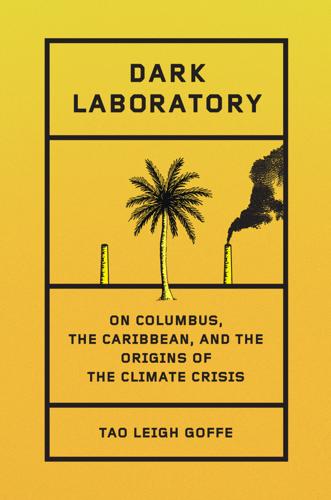
Dark Laboratory: On Columbus, the Caribbean, and the Origins of the Climate Crisis
by Tao Leigh. Goffe · 14 Mar 2025 · 441pp · 122,013 words
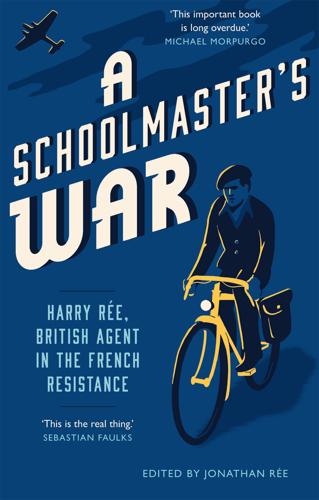
A Schoolmaster's War
by Jonathan Ree

Mauritius, Réunion & Seychelles Travel Guide
by Lonely Planet · 1,429pp · 189,336 words
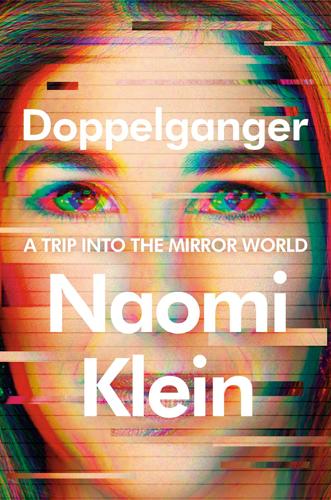
Doppelganger: A Trip Into the Mirror World
by Naomi Klein · 11 Sep 2023
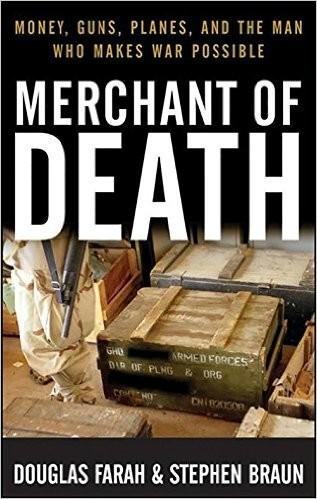
Merchant of Death: Money, Guns, Planes, and the Man Who Makes War Possible
by Stephen Braun and Douglas Farah · 1 Apr 2008 · 459pp · 109,490 words
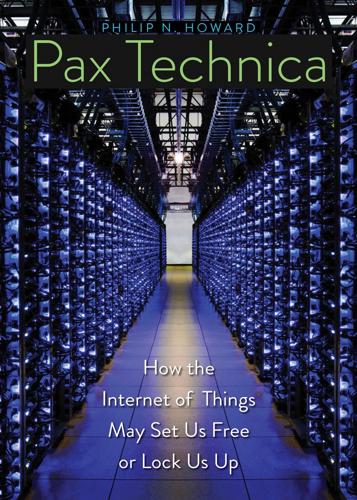
Pax Technica: How the Internet of Things May Set Us Free or Lock Us Up
by Philip N. Howard · 27 Apr 2015 · 322pp · 84,752 words
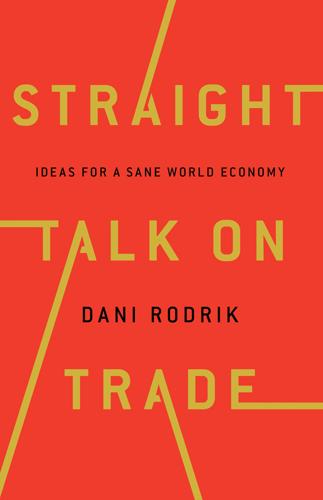
Straight Talk on Trade: Ideas for a Sane World Economy
by Dani Rodrik · 8 Oct 2017 · 322pp · 87,181 words
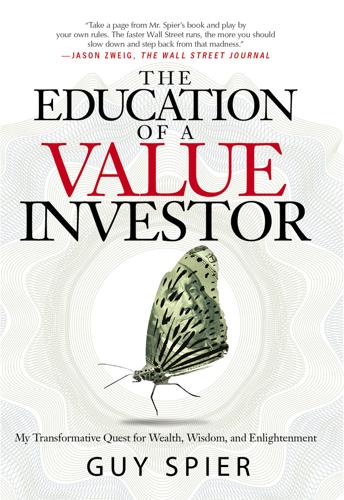
The Education of a Value Investor: My Transformative Quest for Wealth, Wisdom, and Enlightenment
by Guy Spier · 8 Sep 2014 · 240pp · 73,209 words
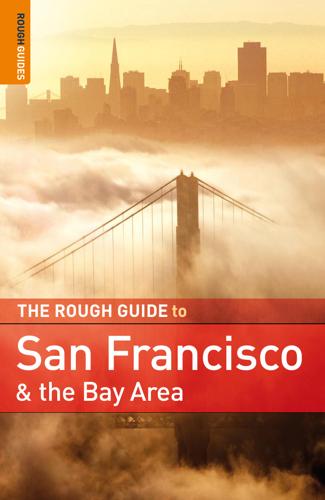
Rough Guide to San Francisco and the Bay Area
by Nick Edwards and Mark Ellwood · 2 Jan 2009
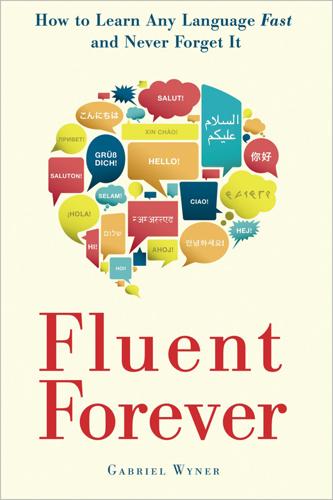
Fluent Forever: How to Learn Any Language Fast and Never Forget It
by Gabriel Wyner · 4 Aug 2014 · 366pp · 87,916 words
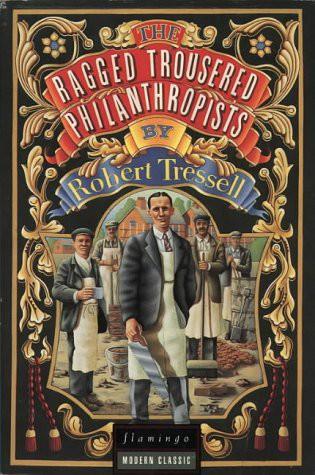
The Ragged Trousered Philanthropists
by Robert Tressell · 31 Dec 1913 · 768pp · 291,079 words
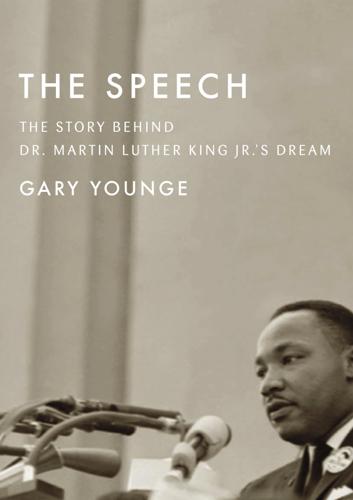
The Speech: The Story Behind Dr. Martin Luther King Jr. S Dream
by Gary Younge · 11 Aug 2013 · 162pp · 51,445 words
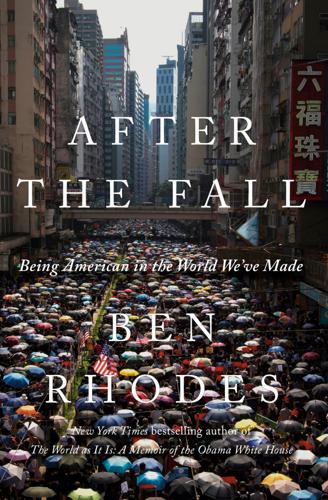
After the Fall: Being American in the World We've Made
by Ben Rhodes · 1 Jun 2021 · 342pp · 114,118 words
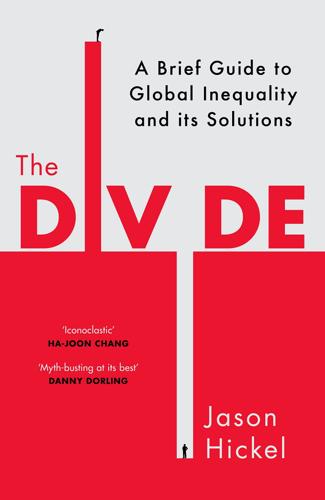
The Divide: A Brief Guide to Global Inequality and Its Solutions
by Jason Hickel · 3 May 2017 · 332pp · 106,197 words
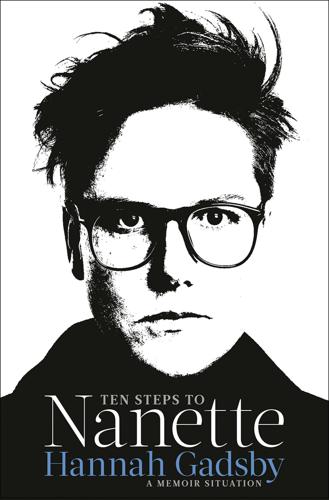
Ten Steps to Nanette: A Memoir Situation
by Hannah Gadsby · 15 Mar 2022 · 373pp · 132,377 words
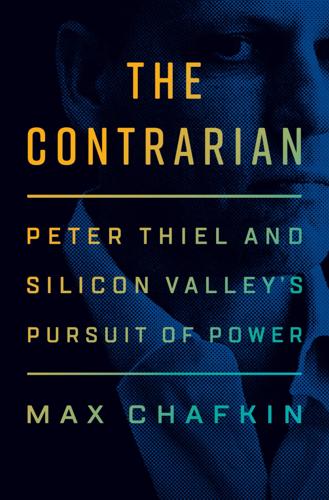
The Contrarian: Peter Thiel and Silicon Valley's Pursuit of Power
by Max Chafkin · 14 Sep 2021 · 524pp · 130,909 words
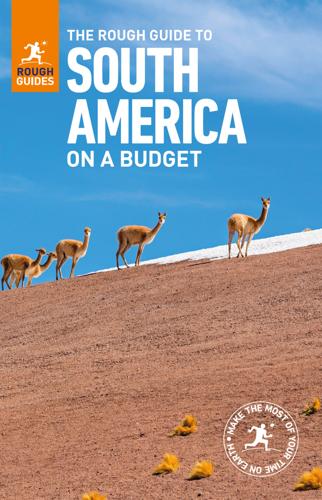
The Rough Guide to South America on a Budget (Travel Guide eBook)
by Rough Guides · 1 Jan 2019 · 1,909pp · 531,728 words
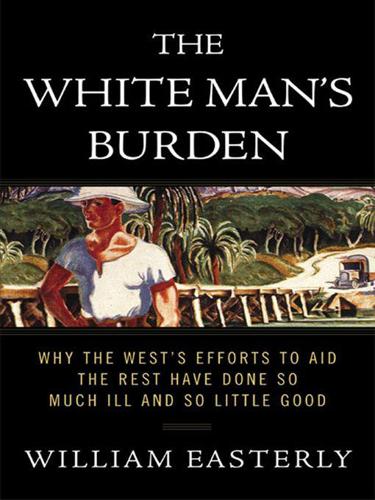
The White Man's Burden: Why the West's Efforts to Aid the Rest Have Done So Much Ill and So Little Good
by William Easterly · 1 Mar 2006
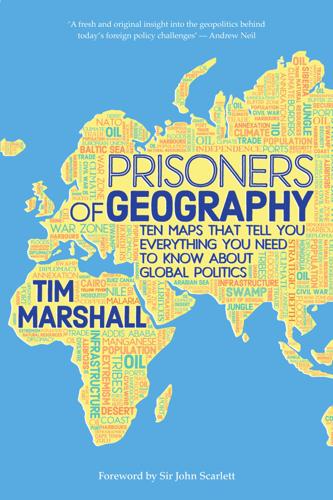
Prisoners of Geography: Ten Maps That Explain Everything About the World (Politics of Place)
by Tim Marshall · 10 Oct 2016 · 306pp · 79,537 words
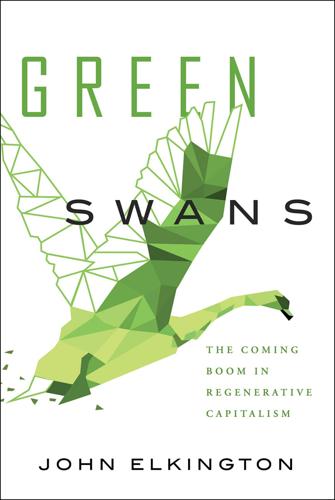
Green Swans: The Coming Boom in Regenerative Capitalism
by John Elkington · 6 Apr 2020 · 384pp · 93,754 words
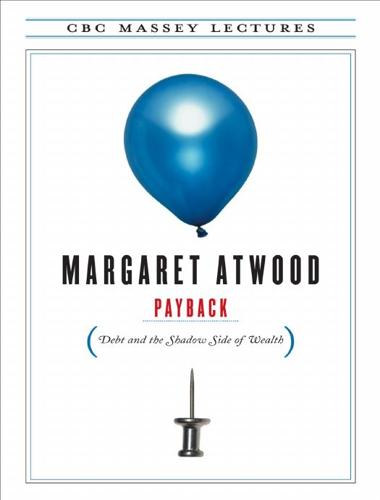
Payback: Debt and the Shadow Side of Wealth
by Margaret Atwood · 15 Mar 2007
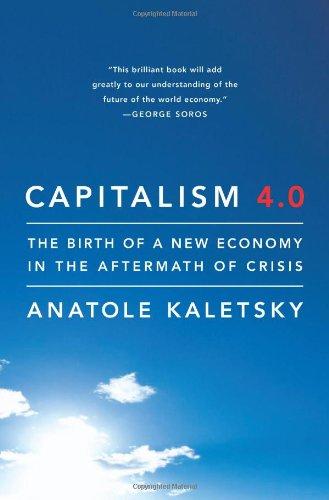
Capitalism 4.0: The Birth of a New Economy in the Aftermath of Crisis
by Anatole Kaletsky · 22 Jun 2010 · 484pp · 136,735 words
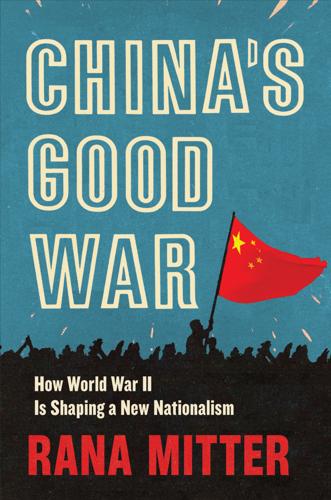
China's Good War
by Rana Mitter
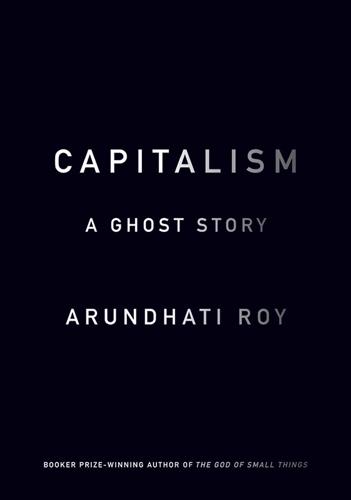
Capitalism: A Ghost Story
by Arundhati Roy · 5 May 2014 · 91pp · 26,009 words
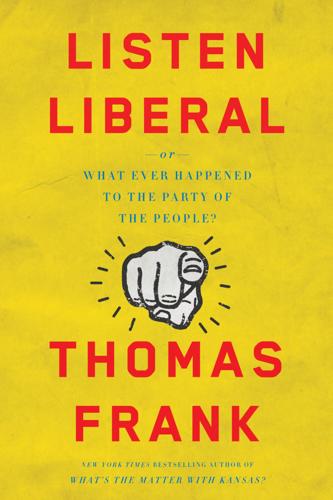
Listen, Liberal: Or, What Ever Happened to the Party of the People?
by Thomas Frank · 15 Mar 2016 · 316pp · 87,486 words
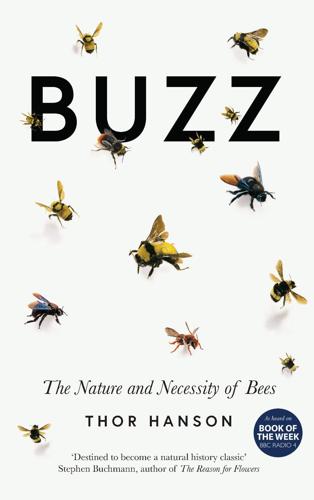
Buzz: The Nature and Necessity of Bees
by Thor Hanson · 1 Jul 2018 · 317pp · 79,633 words
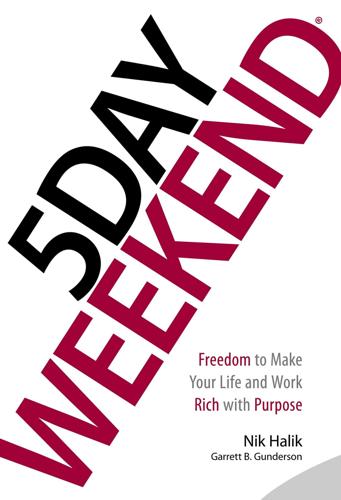
5 Day Weekend: Freedom to Make Your Life and Work Rich With Purpose
by Nik Halik and Garrett B. Gunderson · 5 Mar 2018 · 290pp · 72,046 words
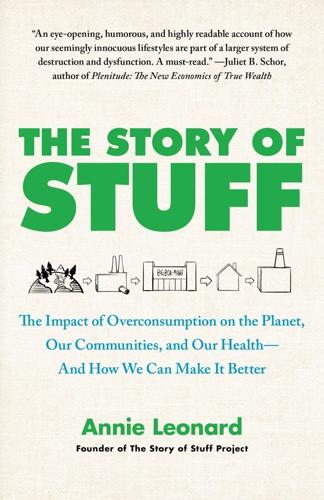
The Story of Stuff: The Impact of Overconsumption on the Planet, Our Communities, and Our Health-And How We Can Make It Better
by Annie Leonard · 22 Feb 2011 · 538pp · 138,544 words
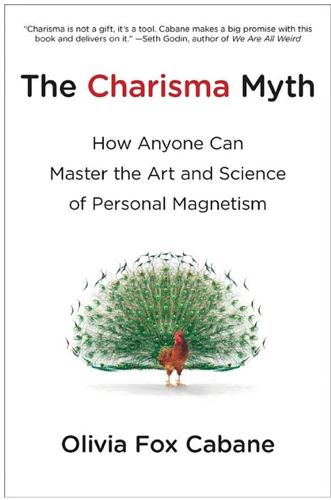
The Charisma Myth: How Anyone Can Master the Art and Science of Personal Magnetism
by Olivia Fox Cabane · 1 Mar 2012 · 287pp · 81,014 words
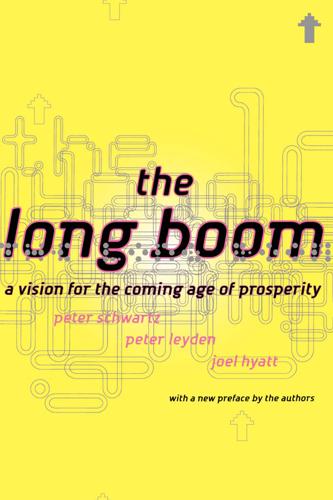
The Long Boom: A Vision for the Coming Age of Prosperity
by Peter Schwartz, Peter Leyden and Joel Hyatt · 18 Oct 2000 · 353pp · 355 words
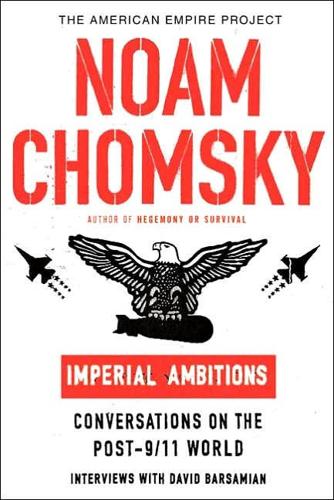
Imperial Ambitions: Conversations on the Post-9/11 World
by Noam Chomsky and David Barsamian · 4 Oct 2005 · 165pp · 47,405 words
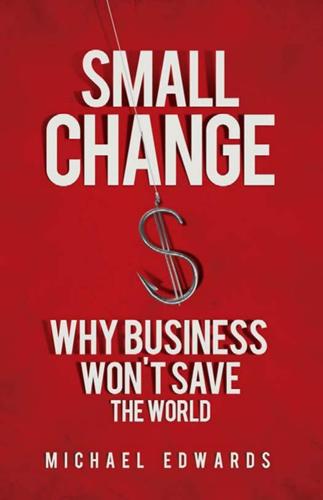
Small Change: Why Business Won't Save the World
by Michael Edwards · 4 Jan 2010
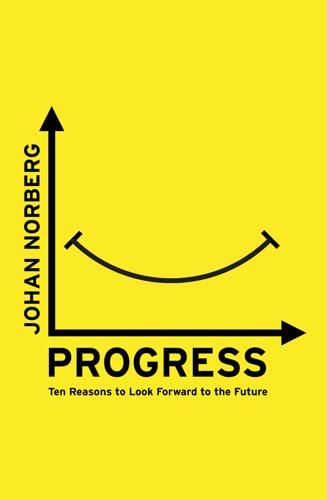
Progress: Ten Reasons to Look Forward to the Future
by Johan Norberg · 31 Aug 2016 · 262pp · 66,800 words
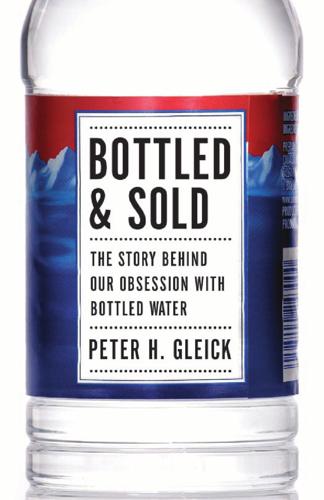
Bottled and Sold: The Story Behind Our Obsession with Bottled Water
by Peter H. Gleick · 20 Apr 2010 · 257pp · 68,383 words
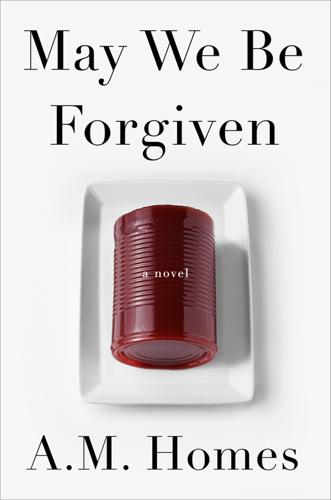
May We Be Forgiven
by A. M. Homes · 14 Jun 2012
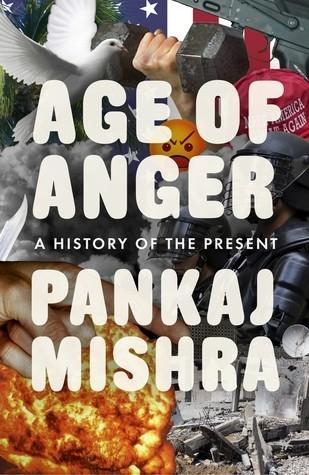
Age of Anger: A History of the Present
by Pankaj Mishra · 26 Jan 2017 · 410pp · 106,931 words
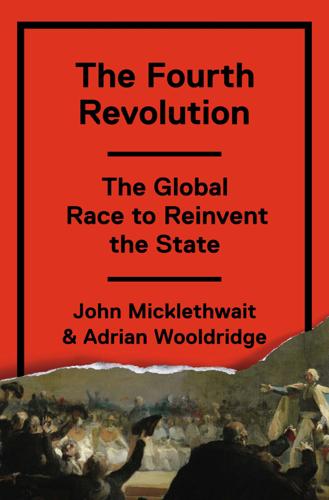
The Fourth Revolution: The Global Race to Reinvent the State
by John Micklethwait and Adrian Wooldridge · 14 May 2014 · 372pp · 92,477 words
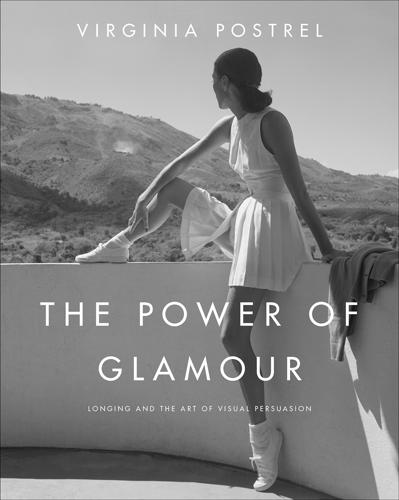
The Power of Glamour: Longing and the Art of Visual Persuasion
by Virginia Postrel · 5 Nov 2013 · 347pp · 86,274 words
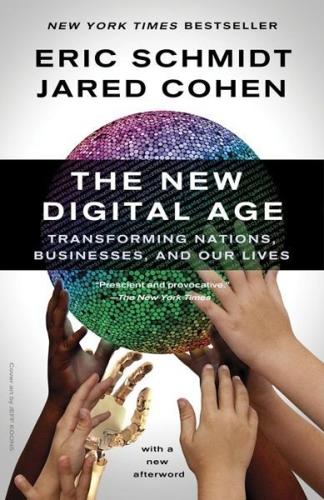
The New Digital Age: Transforming Nations, Businesses, and Our Lives
by Eric Schmidt and Jared Cohen · 22 Apr 2013 · 525pp · 116,295 words
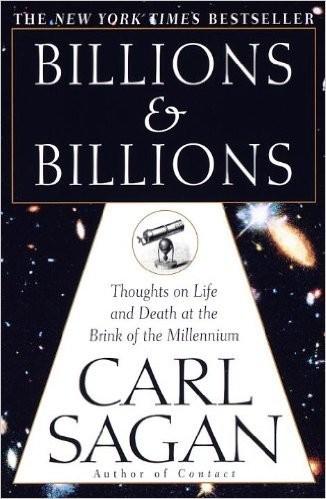
Billions & Billions: Thoughts on Life and Death at the Brink of the Millennium
by Carl Sagan · 11 May 1998 · 272pp · 76,089 words
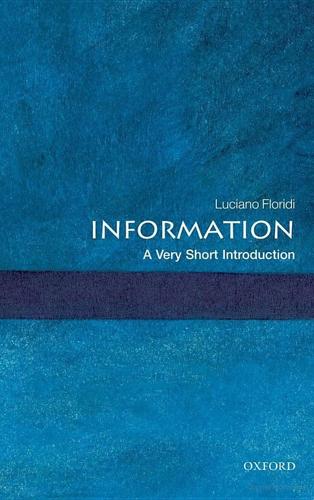
Information: A Very Short Introduction
by Luciano Floridi · 25 Feb 2010 · 137pp · 36,231 words
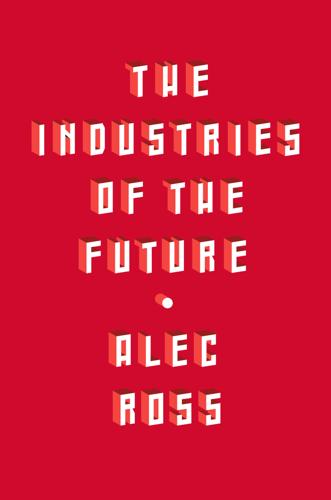
The Industries of the Future
by Alec Ross · 2 Feb 2016 · 364pp · 99,897 words
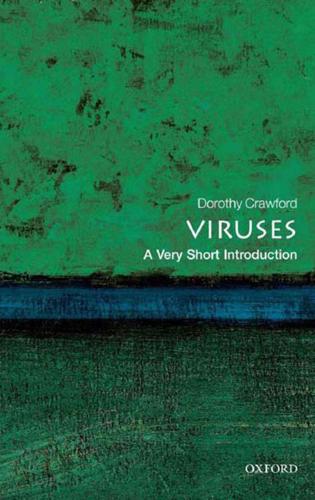
Viruses: A Very Short Introduction (Very Short Introductions)
by Crawford, Dorothy H. · 27 Jul 2011 · 161pp · 37,042 words
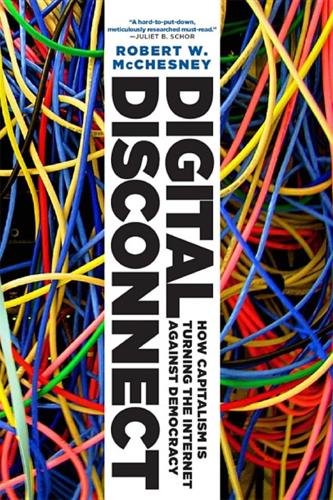
Digital Disconnect: How Capitalism Is Turning the Internet Against Democracy
by Robert W. McChesney · 5 Mar 2013 · 476pp · 125,219 words
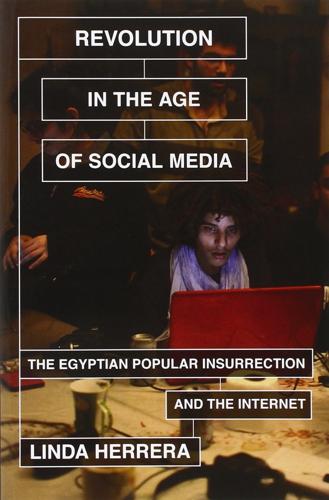
Revolution in the Age of Social Media: The Egyptian Popular Insurrection and the Internet
by Linda Herrera · 14 Apr 2014 · 186pp · 49,595 words
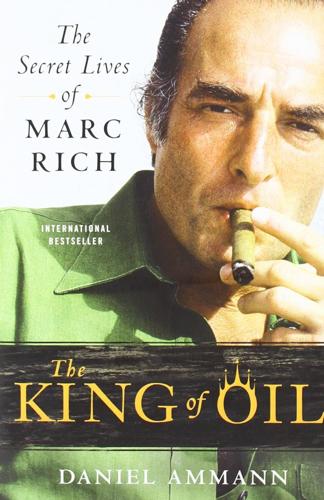
The King of Oil: The Secret Lives of Marc Rich
by Daniel Ammann · 12 Oct 2009 · 479pp · 102,876 words
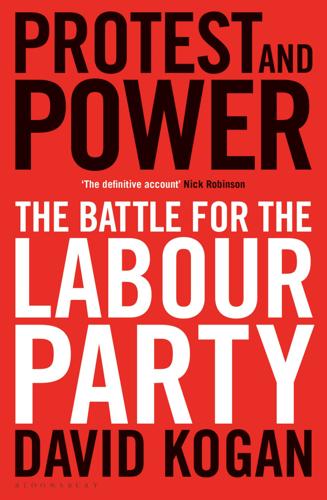
Protest and Power: The Battle for the Labour Party
by David Kogan · 17 Apr 2019 · 458pp · 136,405 words
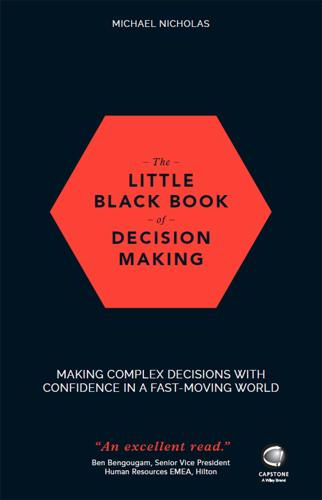
The Little Black Book of Decision Making
by Michael Nicholas · 21 Jun 2017

How to Be Champion: My Autobiography
by Sarah Millican · 16 Apr 2018 · 227pp · 81,467 words
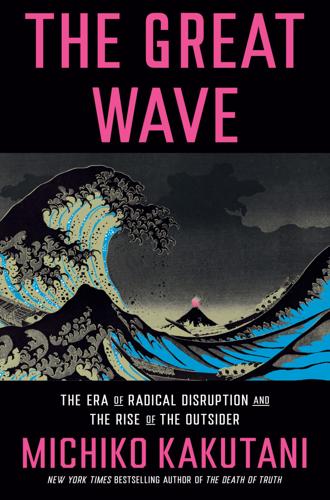
The Great Wave: The Era of Radical Disruption and the Rise of the Outsider
by Michiko Kakutani · 20 Feb 2024 · 262pp · 69,328 words
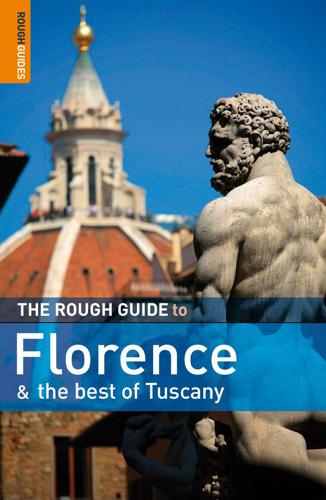
The Rough Guide to Florence & the Best of Tuscany
by Tim Jepson, Jonathan Buckley and Rough Guides · 2 Mar 2009 · 416pp · 204,183 words

The Double Comfort Safari Club
by Alexander McCall Smith · 19 Apr 2010 · 199pp · 64,616 words
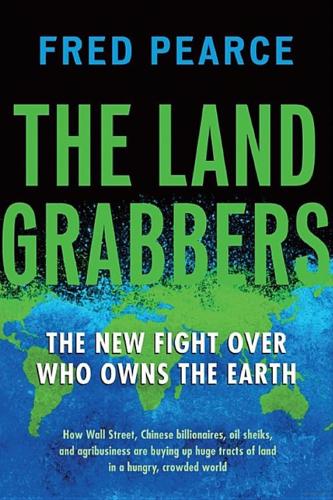
The Land Grabbers: The New Fight Over Who Owns the Earth
by Fred Pearce · 28 May 2012 · 379pp · 114,807 words
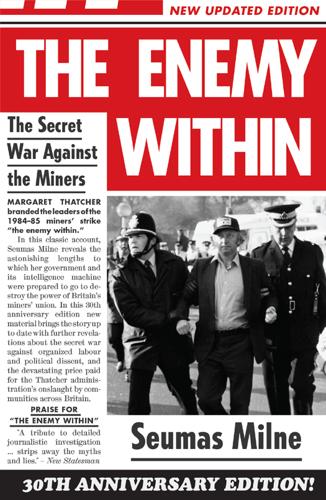
The Enemy Within
by Seumas Milne · 1 Dec 1994 · 497pp · 161,742 words
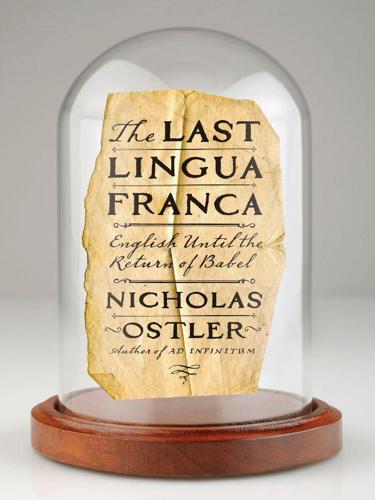
The Last Lingua Franca: English Until the Return of Babel
by Nicholas Ostler · 23 Nov 2010 · 484pp · 120,507 words
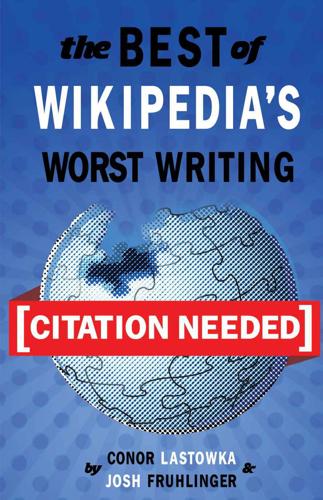
Citation Needed: The Best of Wikipedia's Worst Writing
by Conor Lastowka and Josh Fruhlinger · 14 Oct 2011 · 158pp · 16,993 words
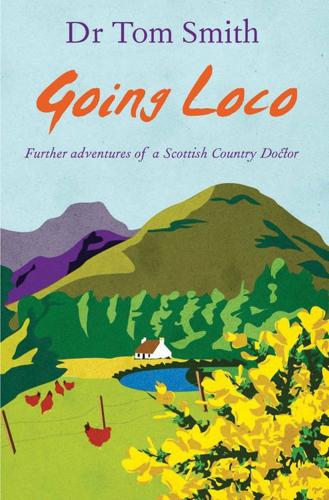
Going Loco
by Tom Smith · 15 Mar 2011 · 277pp · 88,736 words
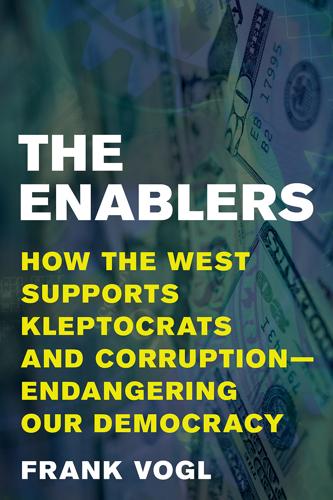
The Enablers: How the West Supports Kleptocrats and Corruption - Endangering Our Democracy
by Frank Vogl · 14 Jul 2021 · 265pp · 80,510 words
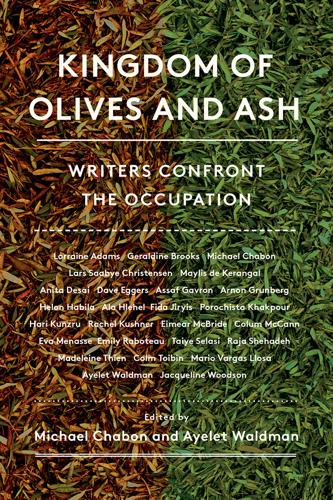
Kingdom of Olives and Ash: Writers Confront the Occupation
by Michael Chabon · 29 May 2017 · 517pp · 155,209 words
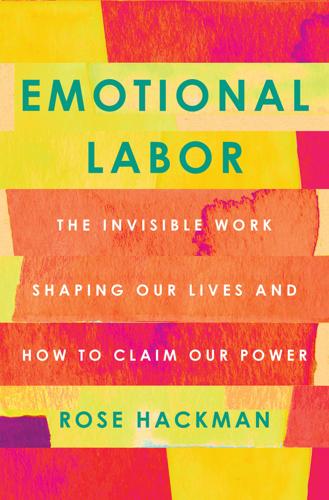
Emotional Labor: The Invisible Work Shaping Our Lives and How to Claim Our Power
by Rose Hackman · 27 Mar 2023
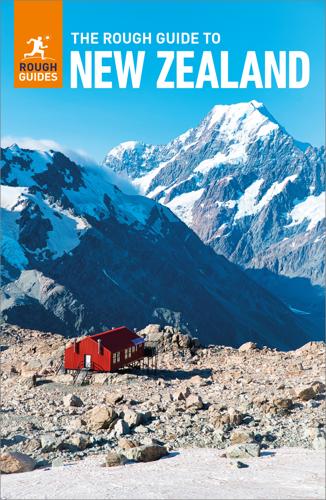
The Rough Guide to New Zealand: Travel Guide eBook
by Rough Guides · 1 Jan 2024 · 1,383pp · 367,401 words
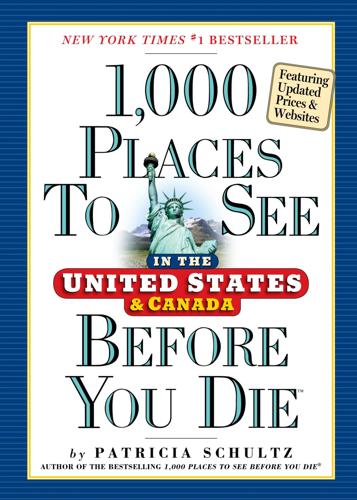
1,000 Places to See in the United States and Canada Before You Die, Updated Ed.
by Patricia Schultz · 13 May 2007 · 2,323pp · 550,739 words
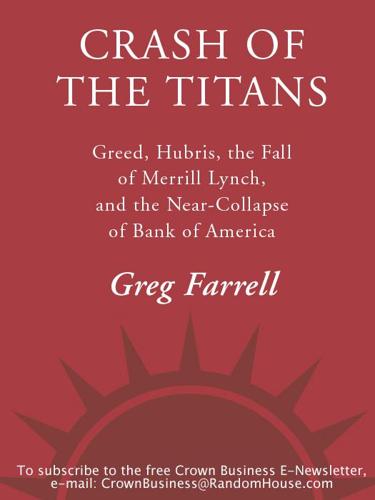
Crash of the Titans: Greed, Hubris, the Fall of Merrill Lynch, and the Near-Collapse of Bank of America
by Greg Farrell · 2 Nov 2010 · 526pp · 158,913 words
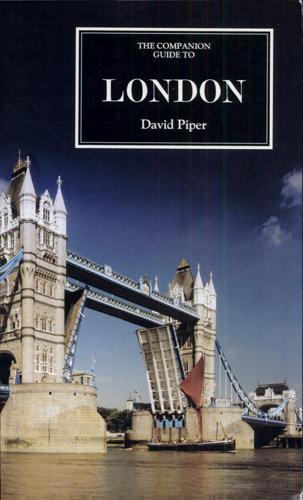
The Companion Guide to London
by David Piper and Fionnuala Jervis · 2 Jan 1970

England
by David Else · 14 Oct 2010
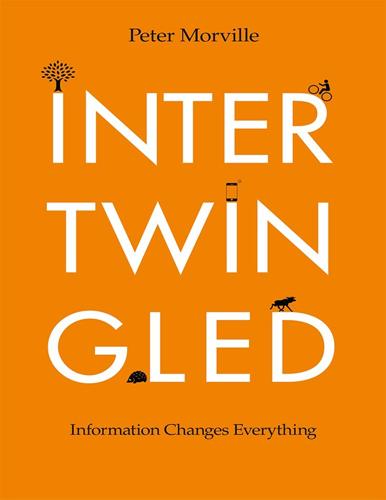
Intertwingled: Information Changes Everything
by Peter Morville · 14 May 2014 · 165pp · 50,798 words
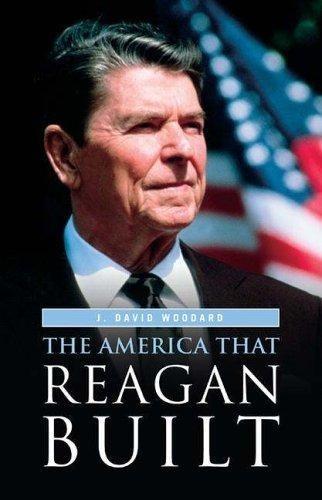
The America That Reagan Built
by J. David Woodard · 15 Mar 2006
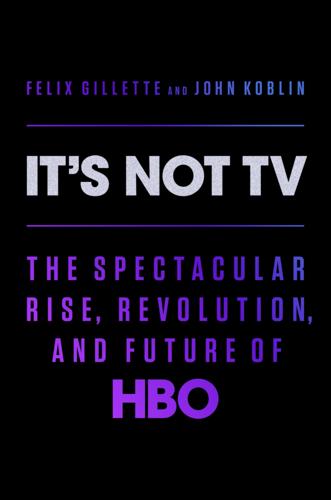
It's Not TV: The Spectacular Rise, Revolution, and Future of HBO
by Felix Gillette and John Koblin · 1 Nov 2022 · 575pp · 140,384 words
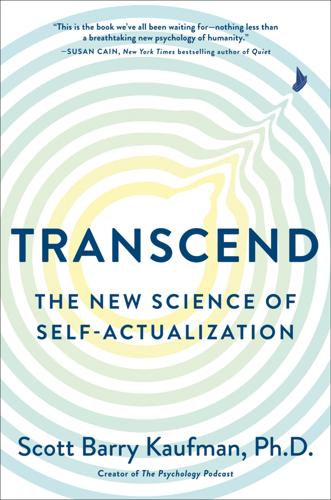
Transcend: The New Science of Self-Actualization
by Scott Barry Kaufman · 6 Apr 2020 · 678pp · 148,827 words
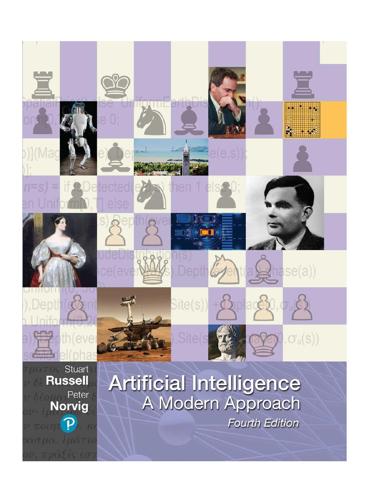
Artificial Intelligence: A Modern Approach
by Stuart Russell and Peter Norvig · 14 Jul 2019 · 2,466pp · 668,761 words

The Impact of Early Life Trauma on Health and Disease
by Lanius, Ruth A.; Vermetten, Eric; Pain, Clare · 11 Jan 2011
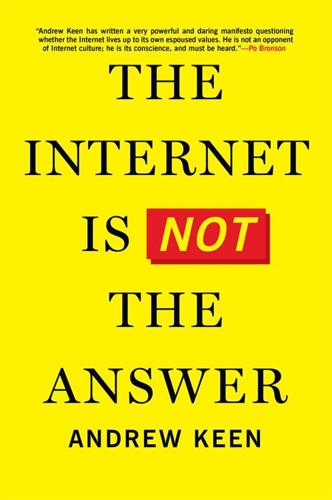
The Internet Is Not the Answer
by Andrew Keen · 5 Jan 2015 · 361pp · 81,068 words
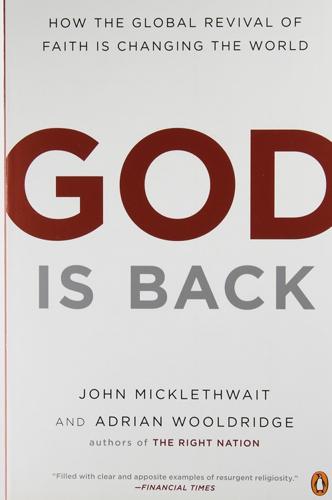
God Is Back: How the Global Revival of Faith Is Changing the World
by John Micklethwait and Adrian Wooldridge · 31 Mar 2009 · 518pp · 143,914 words
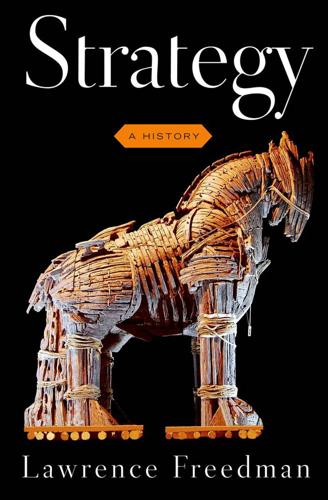
Strategy: A History
by Lawrence Freedman · 31 Oct 2013 · 1,073pp · 314,528 words

Lonely Planet London City Guide
by Tom Masters, Steve Fallon and Vesna Maric · 31 Jan 2010
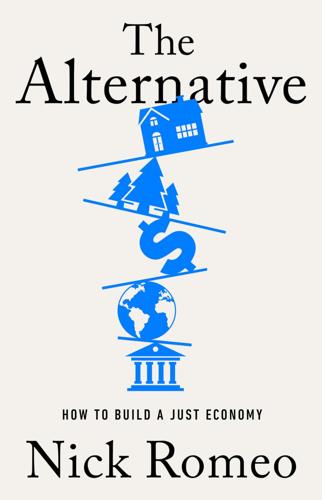
The Alternative: How to Build a Just Economy
by Nick Romeo · 15 Jan 2024 · 343pp · 103,376 words
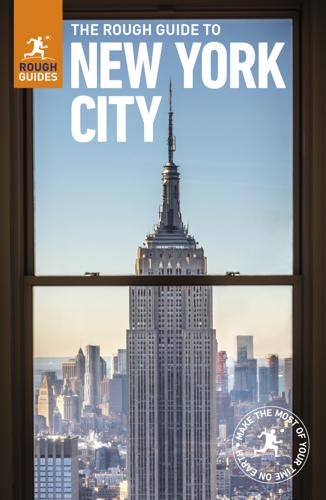
The Rough Guide to New York City
by Rough Guides · 21 May 2018
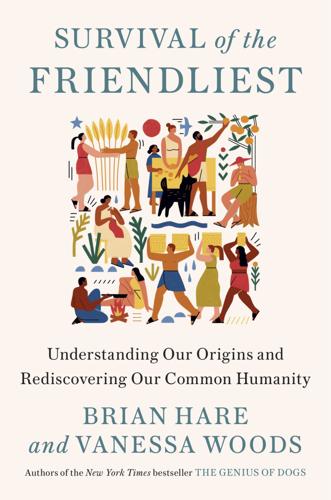
Survival of the Friendliest: Understanding Our Origins and Rediscovering Our Common Humanity
by Brian Hare and Vanessa Woods · 13 Jul 2020
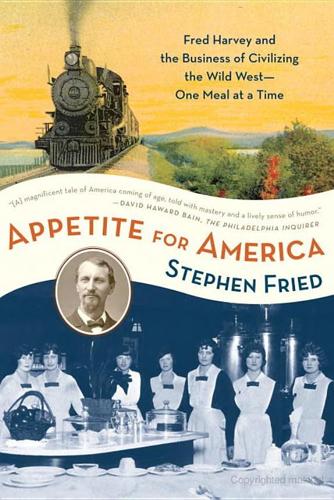
Appetite for America: Fred Harvey and the Business of Civilizing the Wild West--One Meal at a Time
by Stephen Fried · 23 Mar 2010 · 603pp · 186,210 words
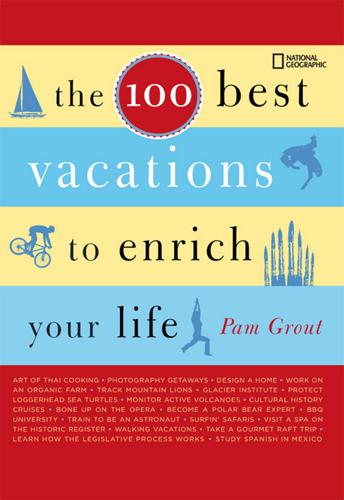
The 100 Best Vacations to Enrich Your Life
by Pam Grout · 14 May 2007 · 304pp · 87,702 words
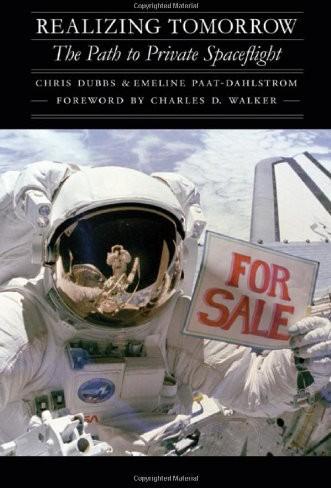
Realizing Tomorrow: The Path to Private Spaceflight
by Chris Dubbs, Emeline Paat-dahlstrom and Charles D. Walker · 1 Jun 2011 · 376pp · 110,796 words
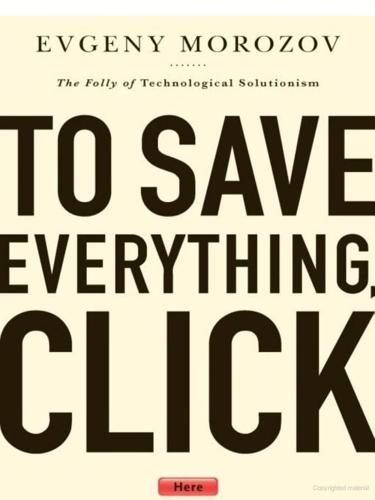
To Save Everything, Click Here: The Folly of Technological Solutionism
by Evgeny Morozov · 15 Nov 2013 · 606pp · 157,120 words
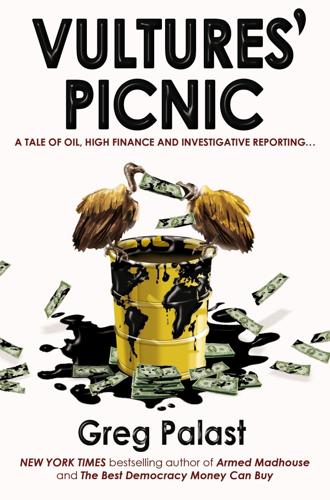
Vultures' Picnic: In Pursuit of Petroleum Pigs, Power Pirates, and High-Finance Carnivores
by Greg Palast · 14 Nov 2011 · 493pp · 132,290 words

The Rough Guide to France (Travel Guide eBook)
by Rough Guides · 1 Aug 2019 · 1,994pp · 548,894 words
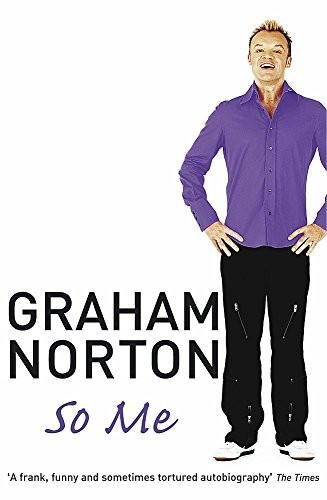
So Me
by Graham Norton · 2 Jan 2005 · 269pp · 95,221 words
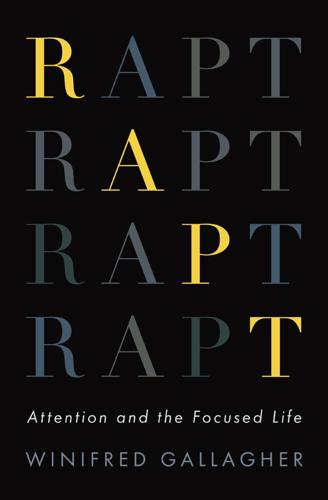
Rapt: Attention and the Focused Life
by Winifred Gallagher · 9 Mar 2009 · 280pp · 75,820 words
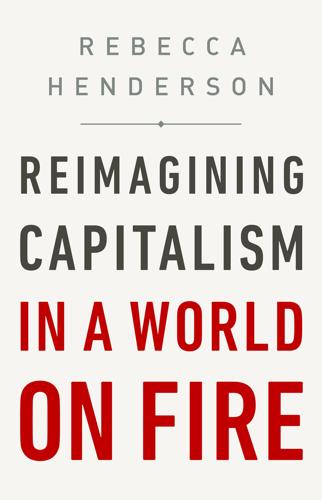
Reimagining Capitalism in a World on Fire
by Rebecca Henderson · 27 Apr 2020 · 330pp · 99,044 words

Healthy at 100: The Scientifically Proven Secrets of the World's Healthiest and Longest-Lived Peoples
by John Robbins · 1 Sep 2006 · 390pp · 115,769 words
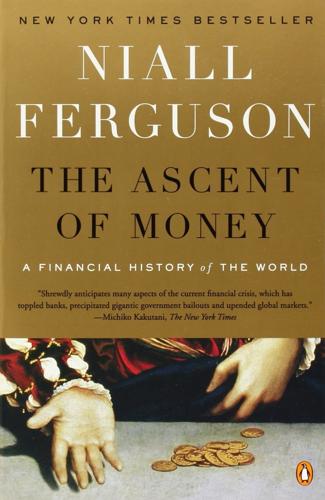
The Ascent of Money: A Financial History of the World
by Niall Ferguson · 13 Nov 2007 · 471pp · 124,585 words
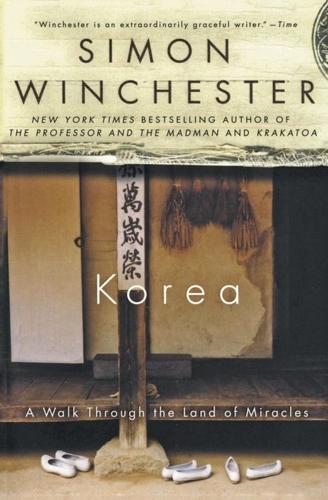
Korea
by Simon Winchester · 1 Jan 1988 · 350pp · 112,234 words
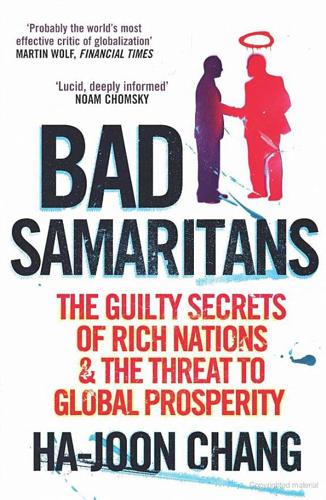
Bad Samaritans: The Guilty Secrets of Rich Nations and the Threat to Global Prosperity
by Ha-Joon Chang · 4 Jul 2007 · 347pp · 99,317 words
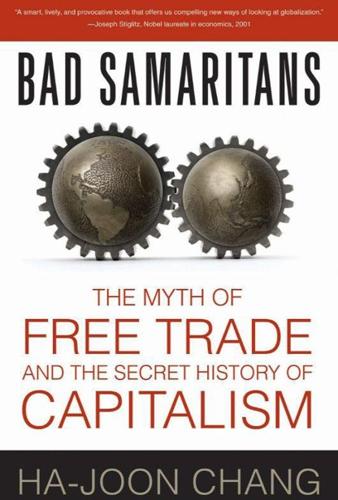
Bad Samaritans: The Myth of Free Trade and the Secret History of Capitalism
by Ha-Joon Chang · 26 Dec 2007 · 334pp · 98,950 words
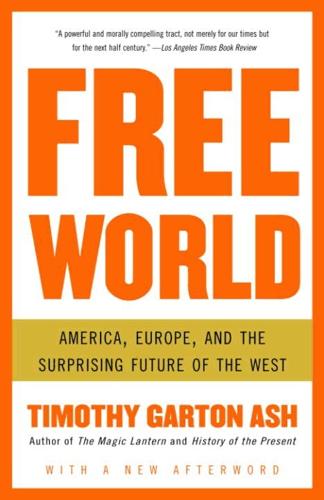
Free World: America, Europe, and the Surprising Future of the West
by Timothy Garton Ash · 30 Jun 2004 · 329pp · 102,469 words
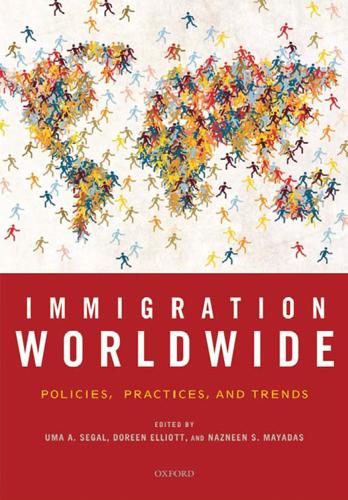
Immigration worldwide: policies, practices, and trends
by Uma Anand Segal, Doreen Elliott and Nazneen S. Mayadas · 19 Jan 2010 · 492pp · 70,082 words
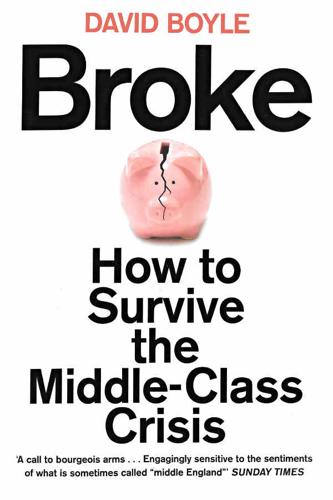
Broke: How to Survive the Middle Class Crisis
by David Boyle · 15 Jan 2014 · 367pp · 108,689 words
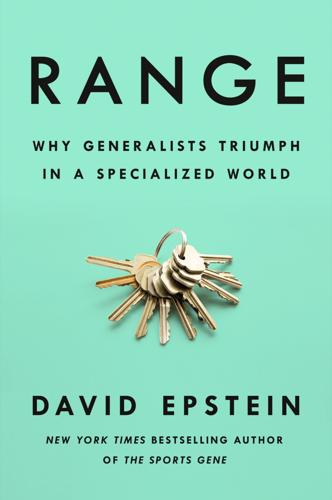
Range: Why Generalists Triumph in a Specialized World
by David Epstein · 1 Mar 2019 · 406pp · 109,794 words
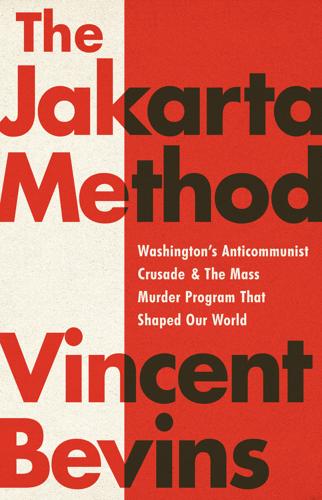
The Jakarta Method: Washington's Anticommunist Crusade and the Mass Murder Program That Shaped Our World
by Vincent Bevins · 18 May 2020 · 393pp · 115,178 words
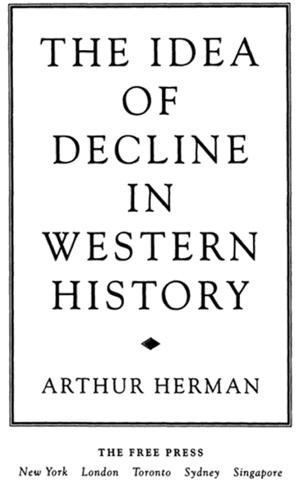
The Idea of Decline in Western History
by Arthur Herman · 8 Jan 1997 · 717pp · 196,908 words
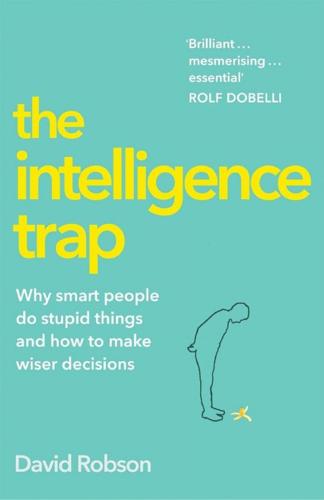
The Intelligence Trap: Revolutionise Your Thinking and Make Wiser Decisions
by David Robson · 7 Mar 2019 · 417pp · 103,458 words
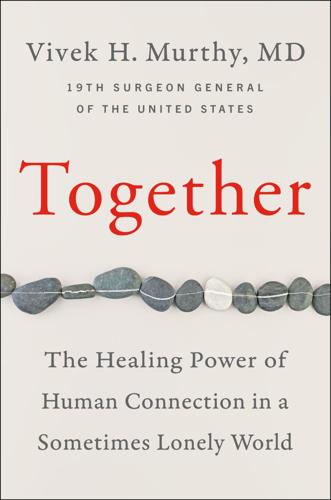
Together
by Vivek H. Murthy, M.D. · 5 Mar 2020 · 405pp · 112,470 words
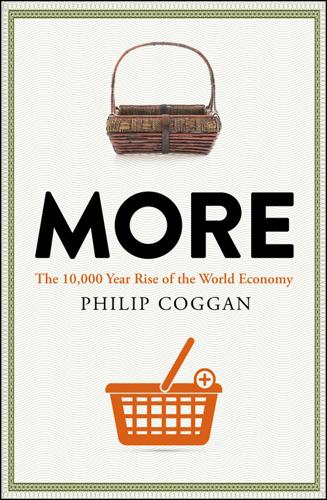
More: The 10,000-Year Rise of the World Economy
by Philip Coggan · 6 Feb 2020 · 524pp · 155,947 words
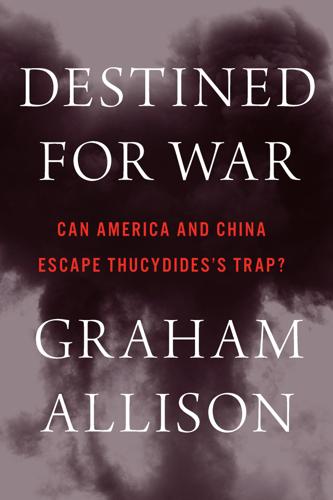
Destined for War: America, China, and Thucydides's Trap
by Graham Allison · 29 May 2017 · 518pp · 128,324 words
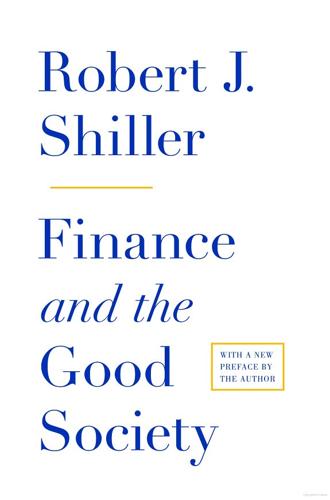
Finance and the Good Society
by Robert J. Shiller · 1 Jan 2012 · 288pp · 16,556 words
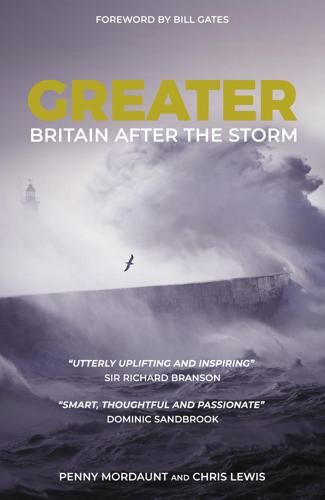
Greater: Britain After the Storm
by Penny Mordaunt and Chris Lewis · 19 May 2021 · 516pp · 116,875 words
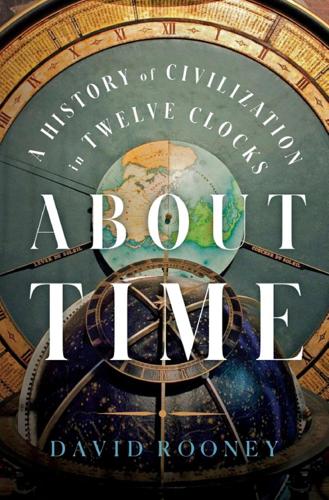
About Time: A History of Civilization in Twelve Clocks
by David Rooney · 16 Aug 2021 · 306pp · 84,649 words
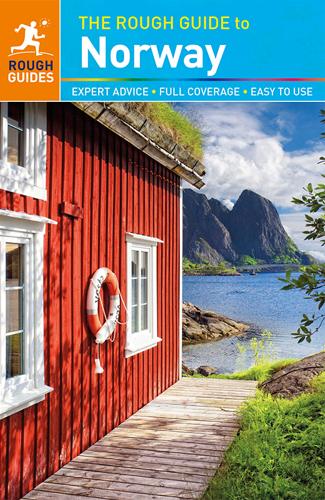
The Rough Guide to Norway
by Phil Lee · 25 Nov 2013
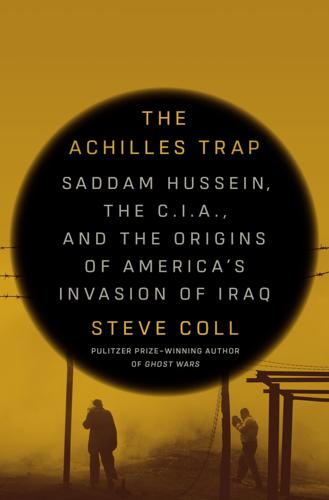
The Achilles Trap: Saddam Hussein, the C.I.A., and the Origins of America's Invasion of Iraq
by Steve Coll · 27 Feb 2024 · 738pp · 196,803 words
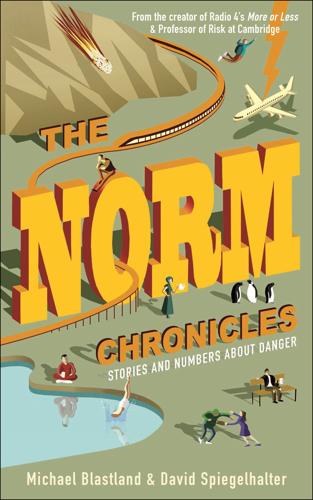
The Norm Chronicles
by Michael Blastland · 14 Oct 2013
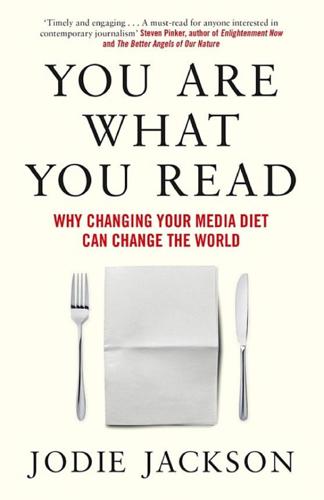
You Are What You Read
by Jodie Jackson · 3 Apr 2019 · 145pp · 41,453 words
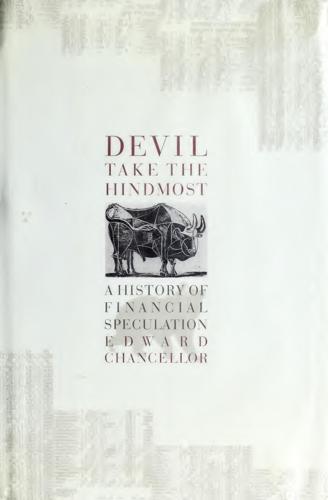
Devil Take the Hindmost: A History of Financial Speculation
by Edward Chancellor · 31 May 2000 · 860pp · 227,491 words
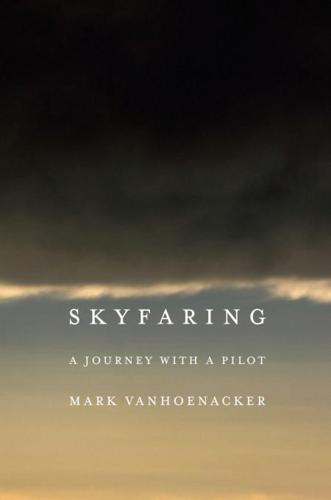
Skyfaring: A Journey With a Pilot
by Mark Vanhoenacker · 1 Jun 2015 · 319pp · 105,949 words

What Patients Say, What Doctors Hear
by Danielle Ofri · 1 Feb 2017 · 289pp · 87,137 words
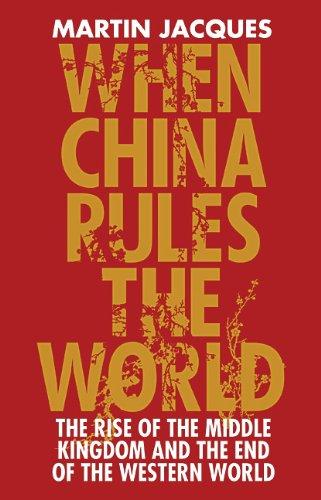
When China Rules the World: The End of the Western World and the Rise of the Middle Kingdom
by Martin Jacques · 12 Nov 2009 · 859pp · 204,092 words
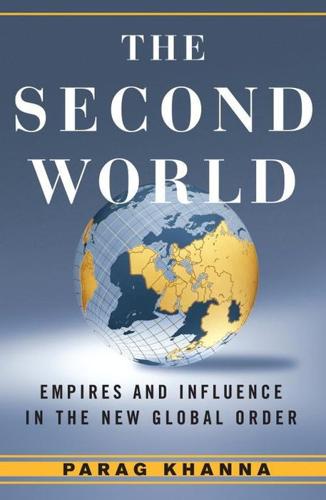
Second World: Empires and Influence in the New Global Order
by Parag Khanna · 4 Mar 2008 · 537pp · 158,544 words
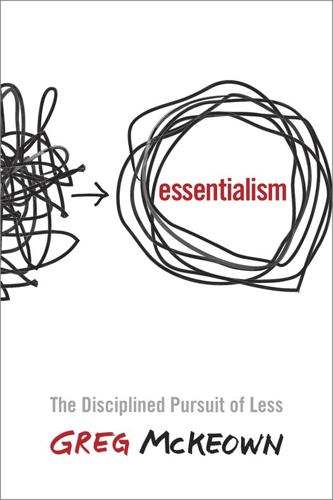
Essentialism: The Disciplined Pursuit of Less
by Greg McKeown · 14 Apr 2014 · 202pp · 62,199 words
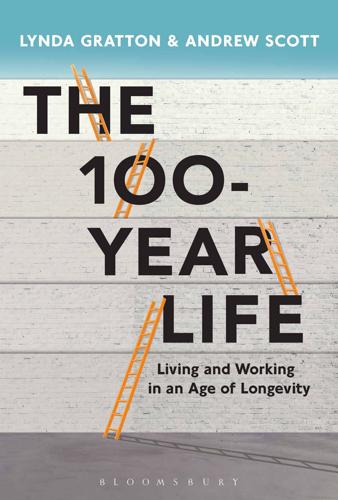
The 100-Year Life: Living and Working in an Age of Longevity
by Lynda Gratton and Andrew Scott · 1 Jun 2016 · 344pp · 94,332 words
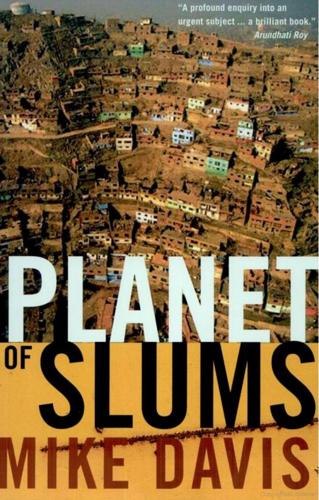
Planet of Slums
by Mike Davis · 1 Mar 2006 · 232pp
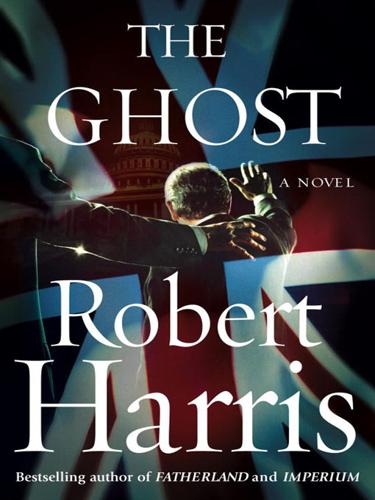
The Ghost
by Robert Harris · 22 Oct 2007 · 309pp · 92,177 words
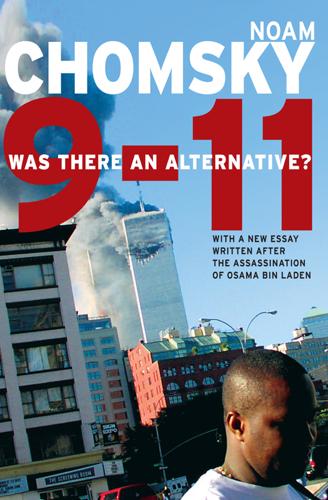
9-11
by Noam Chomsky · 29 Aug 2011
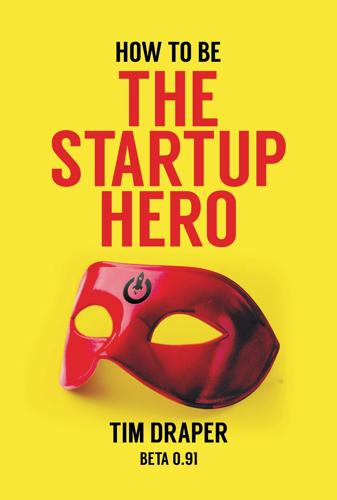
How to Be the Startup Hero: A Guide and Textbook for Entrepreneurs and Aspiring Entrepreneurs
by Tim Draper · 18 Dec 2017 · 302pp · 95,965 words
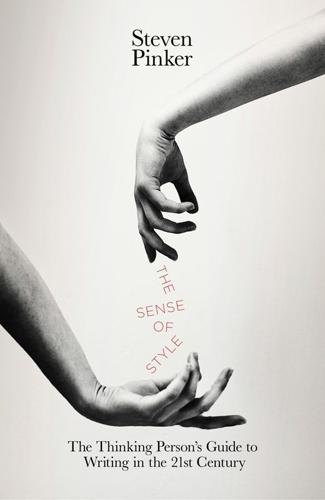
The Sense of Style: The Thinking Person's Guide to Writing in the 21st Century
by Steven Pinker · 1 Jan 2014 · 477pp · 106,069 words

Fodor's Normandy, Brittany & the Best of the North With Paris
by Fodor's · 18 Apr 2011
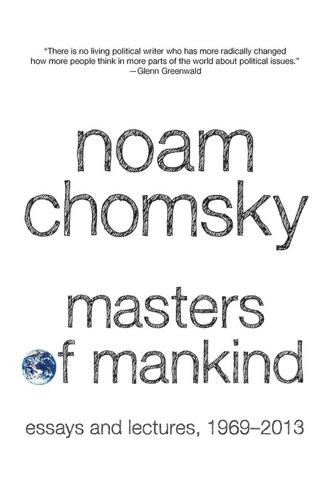
Masters of Mankind
by Noam Chomsky · 1 Sep 2014

The Wordy Shipmates
by Sarah Vowell · 30 Sep 2008 · 202pp · 62,773 words
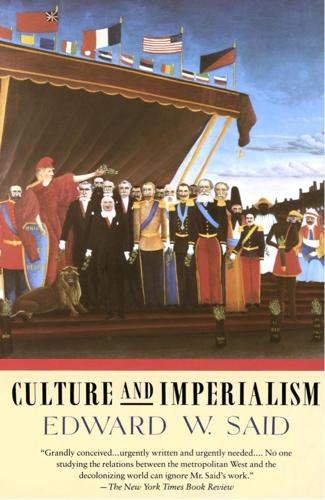
Culture and Imperialism
by Edward W. Said · 29 May 1994 · 549pp · 170,495 words
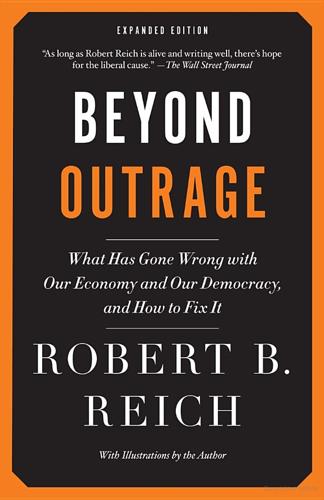
Beyond Outrage: Expanded Edition: What Has Gone Wrong With Our Economy and Our Democracy, and How to Fix It
by Robert B. Reich · 3 Sep 2012 · 124pp · 39,011 words
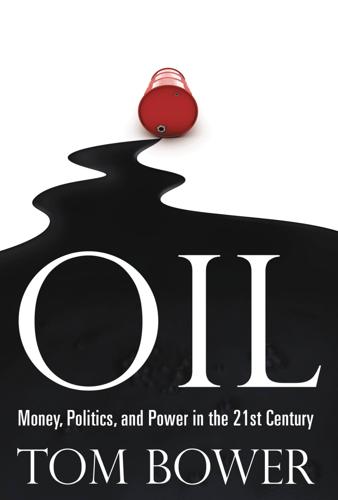
Oil: Money, Politics, and Power in the 21st Century
by Tom Bower · 1 Jan 2009 · 554pp · 168,114 words
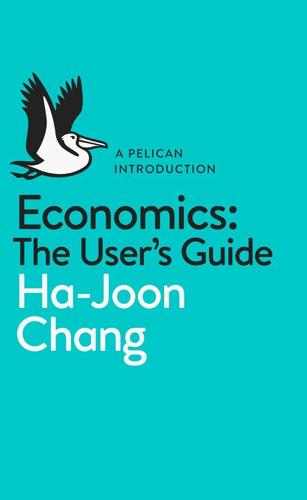
A Pelican Introduction Economics: A User's Guide
by Ha-Joon Chang · 26 May 2014 · 385pp · 111,807 words
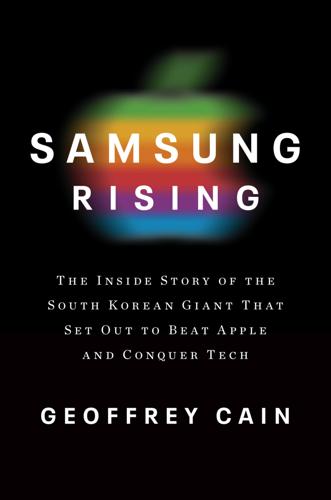
Samsung Rising: The Inside Story of the South Korean Giant That Set Out to Beat Apple and Conquer Tech
by Geoffrey Cain · 15 Mar 2020 · 540pp · 119,731 words
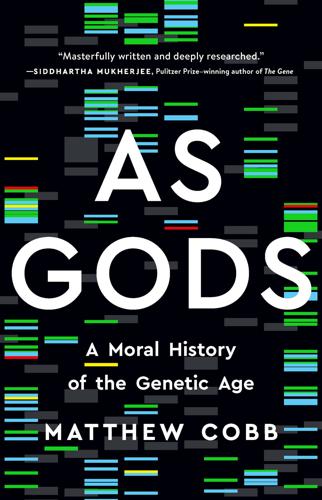
As Gods: A Moral History of the Genetic Age
by Matthew Cobb · 15 Nov 2022 · 772pp · 150,109 words
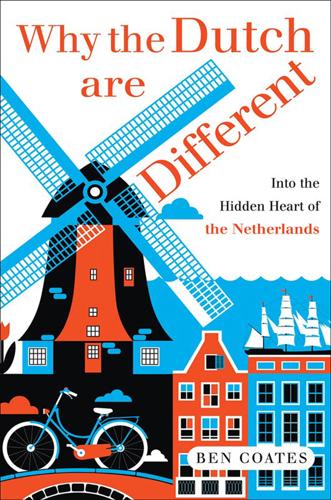
Why the Dutch Are Different: A Journey Into the Hidden Heart of the Netherlands: From Amsterdam to Zwarte Piet, the Acclaimed Guide to Travel in Holland
by Ben Coates · 23 Sep 2015 · 300pp · 99,410 words
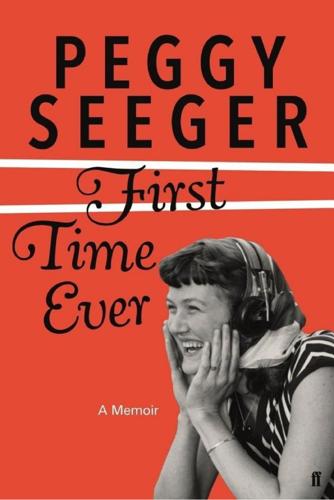
First Time Ever: A Memoir
by Peggy Seeger · 2 Oct 2017
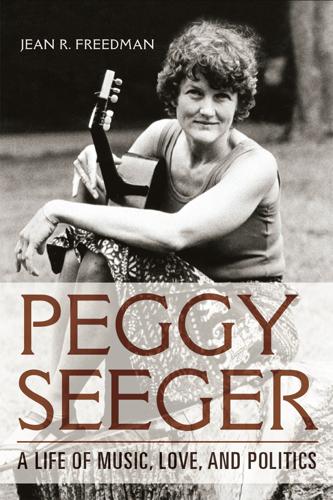
Peggy Seeger
by Jean R. Freedman
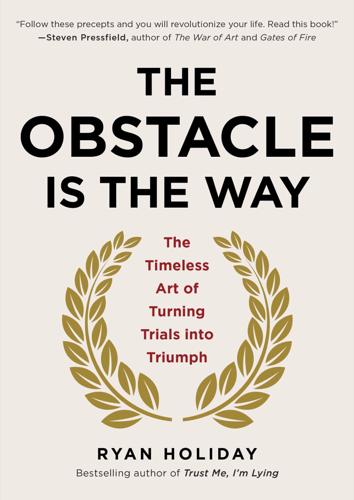
The Obstacle Is the Way: The Timeless Art of Turning Trials Into Triumph
by Ryan Holiday · 30 Apr 2014 · 165pp · 46,133 words
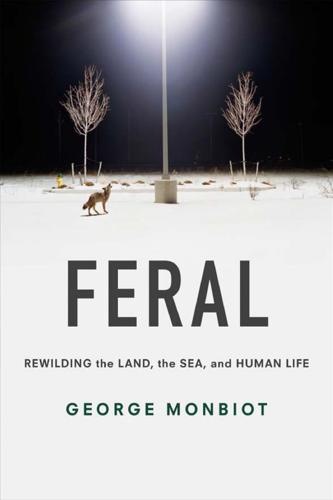
Feral: Rewilding the Land, the Sea, and Human Life
by George Monbiot · 13 May 2013 · 424pp · 122,350 words
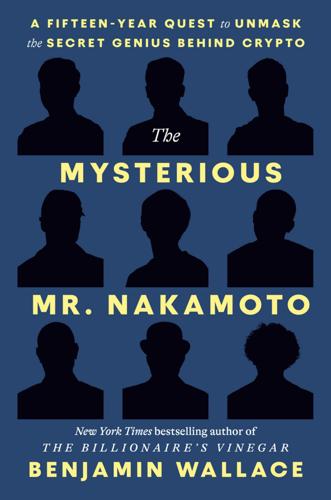
The Mysterious Mr. Nakamoto: A Fifteen-Year Quest to Unmask the Secret Genius Behind Crypto
by Benjamin Wallace · 18 Mar 2025 · 431pp · 116,274 words
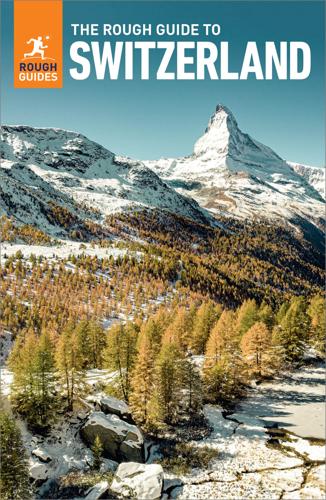
The Rough Guide to Switzerland (Travel Guide eBook)
by Rough Guides · 24 May 2022
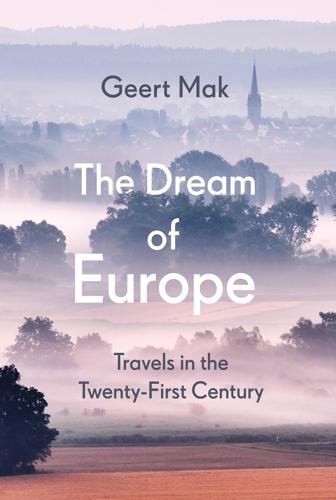
The Dream of Europe: Travels in the Twenty-First Century
by Geert Mak · 27 Oct 2021 · 722pp · 223,701 words
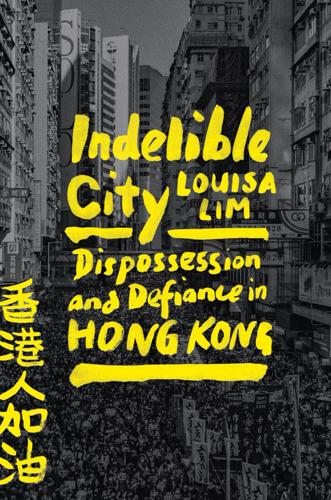
Indelible City: Dispossession and Defiance in Hong Kong
by Louisa Lim · 19 Apr 2022

The Trauma Chronicles
by Westaby, Stephen · 1 Feb 2023

Autism: A Very Short Introduction
by Uta Frith · 22 Oct 2008 · 127pp · 36,853 words
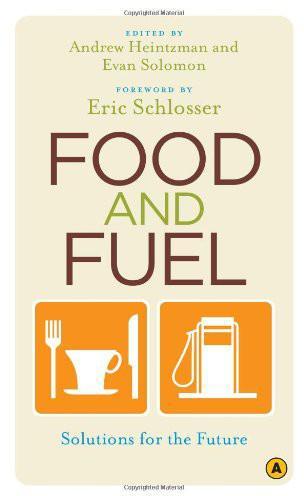
Food and Fuel: Solutions for the Future
by Andrew Heintzman, Evan Solomon and Eric Schlosser · 2 Feb 2009 · 323pp · 89,795 words

Roller-Coaster: Europe, 1950-2017
by Ian Kershaw · 29 Aug 2018 · 736pp · 233,366 words
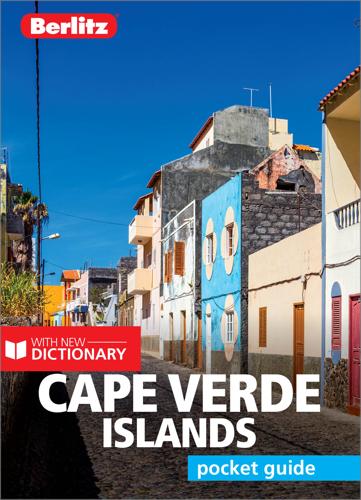
Berlitz Pocket Guide Cape Verde
by Berlitz Publishing · 1 May 2018 · 225pp · 41,269 words
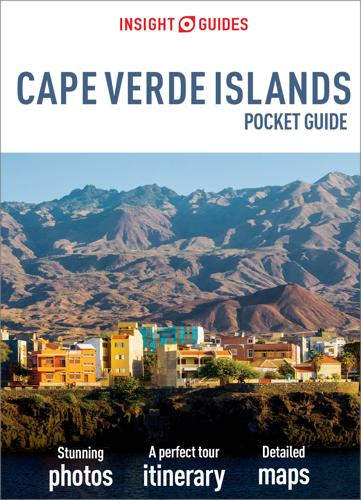
Insight Guides Pocket Cape Verde
by Insight Guides · 1 May 2018 · 128pp · 32,375 words

Fodor's Dordogne & the Best of Southwest France With Paris
by Fodor's Travel Publications Inc. · 18 Apr 2011
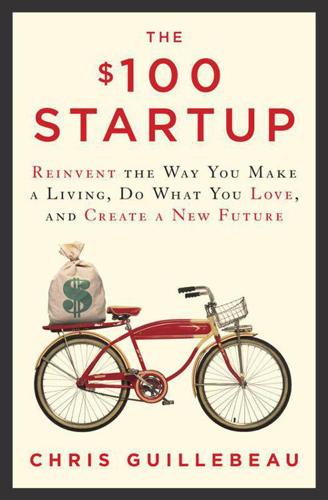
The $100 Startup: Reinvent the Way You Make a Living, Do What You Love, and Create a New Future
by Chris Guillebeau · 7 May 2012 · 248pp · 72,174 words
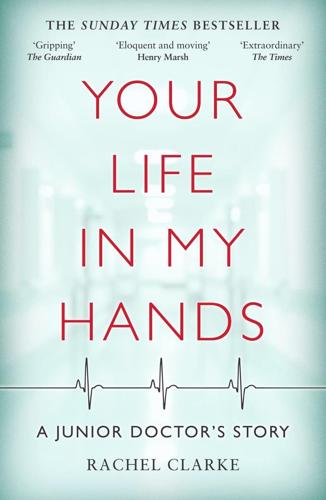
Your Life in My Hands: A Junior Doctor's Story
by Rachel Clarke · 14 Sep 2017 · 255pp · 80,190 words
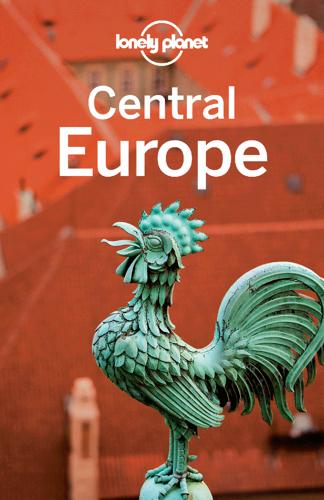
Central Europe Travel Guide
by Lonely Planet
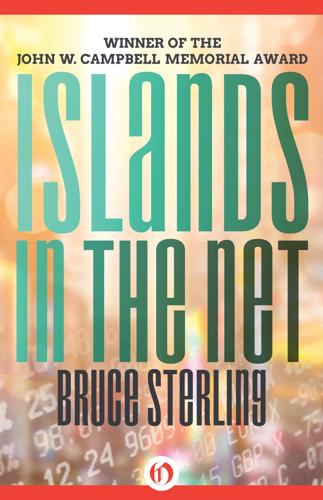
Islands in the Net
by Bruce Sterling · 31 May 1988 · 509pp · 137,315 words
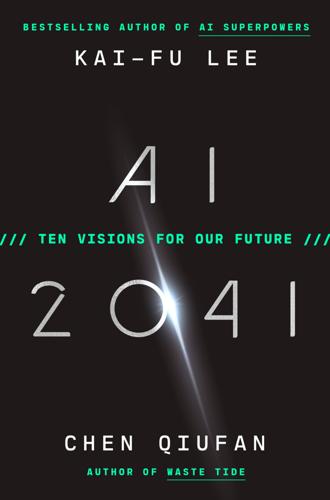
AI 2041: Ten Visions for Our Future
by Kai-Fu Lee and Qiufan Chen · 13 Sep 2021
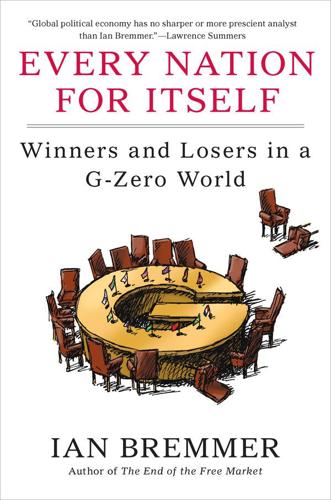
Every Nation for Itself: Winners and Losers in a G-Zero World
by Ian Bremmer · 30 Apr 2012 · 234pp · 63,149 words
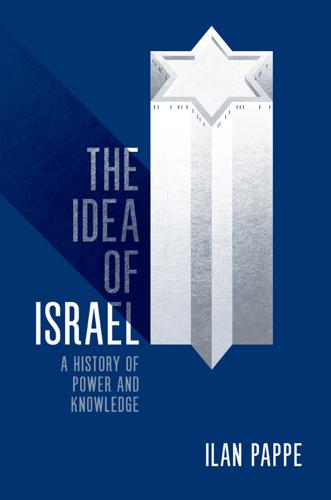
The Idea of Israel: A History of Power and Knowledge
by Ilan Pappe · 30 Apr 2012 · 387pp · 120,092 words
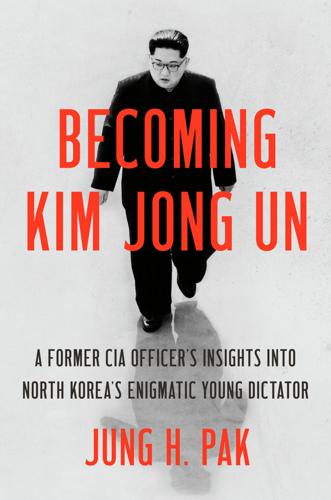
Becoming Kim Jong Un: A Former CIA Officer's Insights Into North Korea's Enigmatic Young Dictator
by Jung H. Pak · 14 Apr 2020 · 395pp · 103,437 words
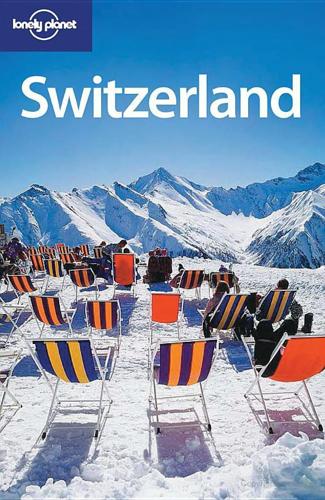
Switzerland
by Damien Simonis, Sarah Johnstone and Nicola Williams · 31 May 2006
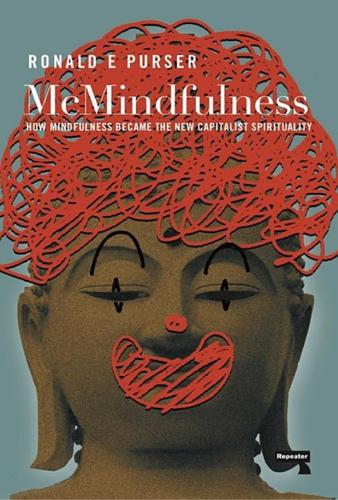
McMindfulness: How Mindfulness Became the New Capitalist Spirituality
by Ronald Purser · 8 Jul 2019 · 242pp · 67,233 words
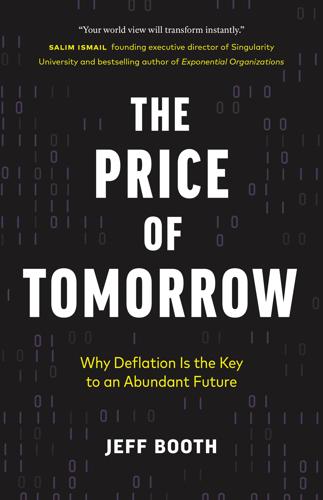
The Price of Tomorrow: Why Deflation Is the Key to an Abundant Future
by Jeff Booth · 14 Jan 2020 · 180pp · 55,805 words
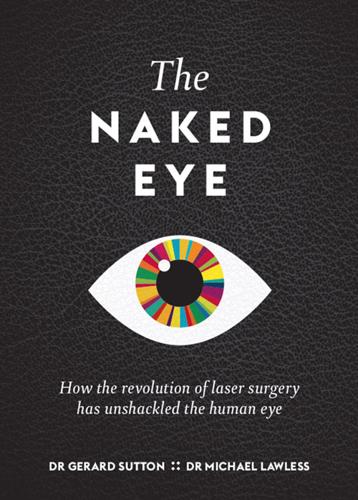
The Naked Eye: How the Revolution of Laser Surgery Has Unshackled the Human Eye
by Gerard Sutton and Michael Lawless · 15 Nov 2013 · 175pp · 54,497 words
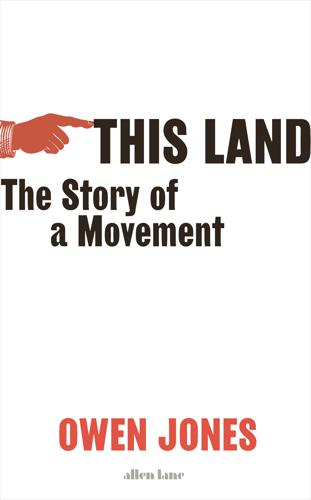
This Land: The Struggle for the Left
by Owen Jones · 23 Sep 2020 · 387pp · 123,237 words
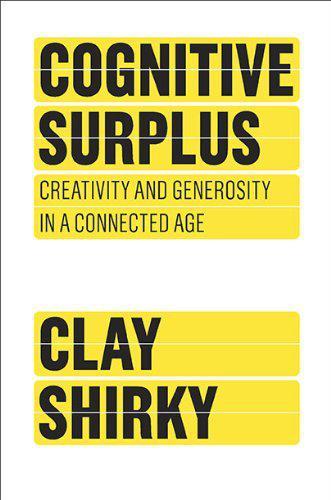
Cognitive Surplus: Creativity and Generosity in a Connected Age
by Clay Shirky · 9 Jun 2010 · 236pp · 66,081 words
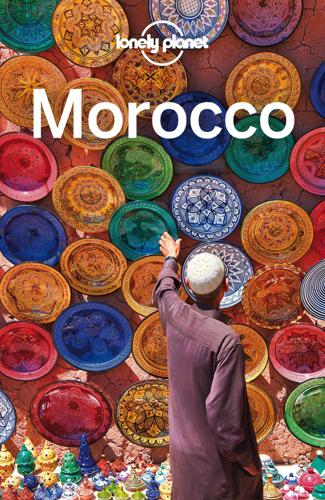
Lonely Planet Morocco (Travel Guide)
by Lonely Planet, Paul Clammer and Paula Hardy · 1 Jul 2014 · 2,020pp · 267,411 words
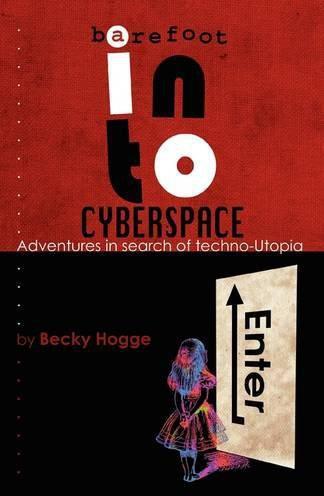
Barefoot Into Cyberspace: Adventures in Search of Techno-Utopia
by Becky Hogge, Damien Morris and Christopher Scally · 26 Jul 2011 · 171pp · 54,334 words
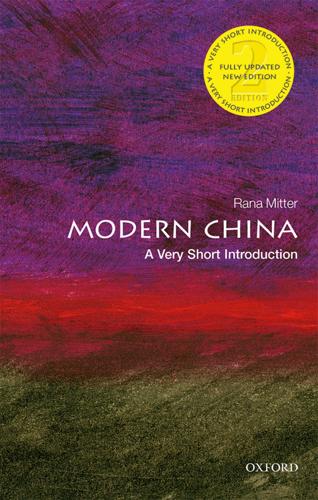
Modern China: A Very Short Introduction
by Rana Mitter · 25 Feb 2016 · 193pp · 46,052 words
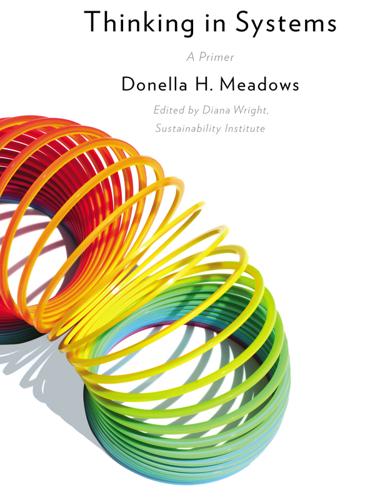
Thinking in Systems: A Primer
by Meadows. Donella and Diana Wright · 3 Dec 2008 · 243pp · 66,908 words
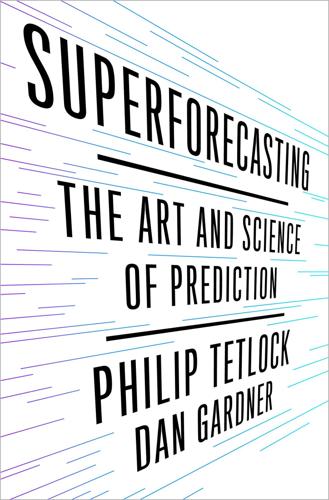
Superforecasting: The Art and Science of Prediction
by Philip Tetlock and Dan Gardner · 14 Sep 2015 · 317pp · 100,414 words
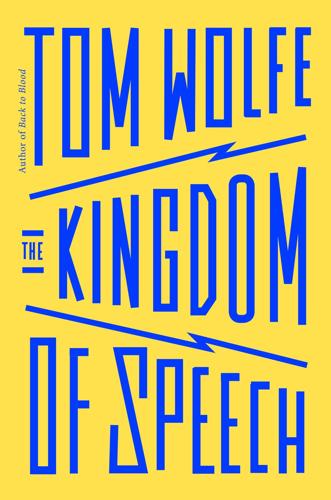
The Kingdom of Speech
by Tom Wolfe · 30 Aug 2016
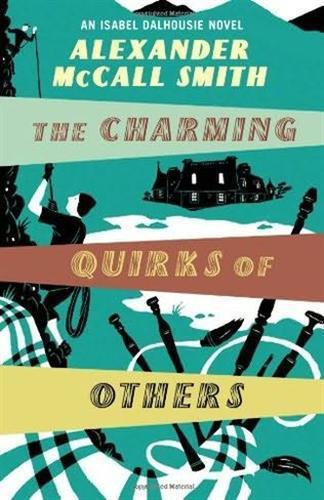
The Charming Quirks of Others: An Isabel Dalhousie Novel
by Alexander McCall Smith · 11 Oct 2010 · 238pp · 68,384 words
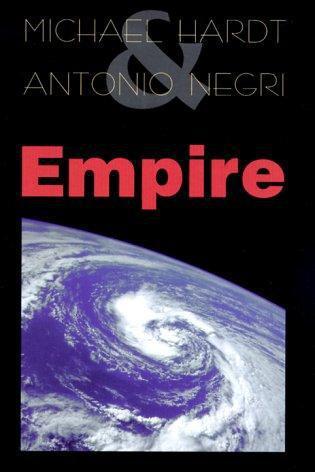
Empire
by Michael Hardt and Antonio Negri · 9 Mar 2000 · 1,015pp · 170,908 words
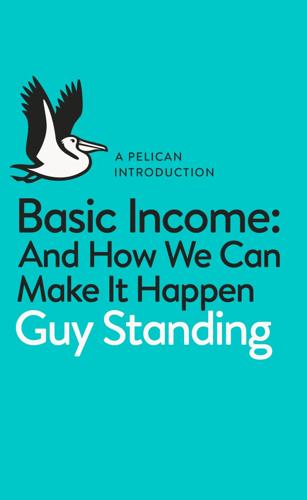
A Pelican Introduction: Basic Income
by Guy Standing · 3 May 2017 · 307pp · 82,680 words
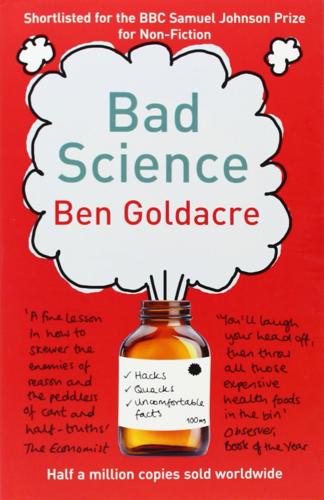
Bad Science
by Ben Goldacre · 1 Jan 2008 · 322pp · 107,576 words
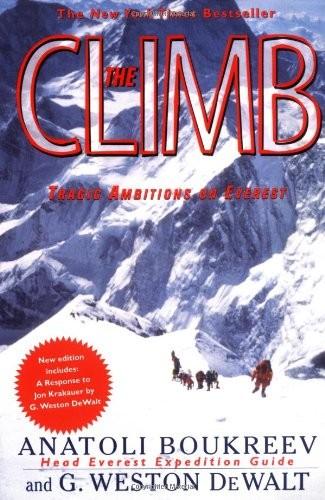
The Climb: Tragic Ambitions on Everest
by Anatoli Boukreev · 16 Jul 1999 · 386pp · 127,839 words
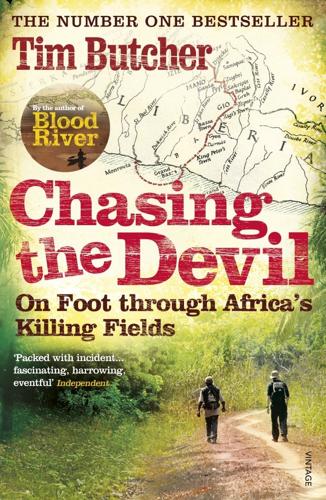
Chasing the Devil: On Foot Through Africa's Killing Fields
by Tim Butcher · 1 Apr 2011 · 347pp · 115,173 words

The Sociopath Next Door
by Martha Stout · 8 Feb 2005 · 237pp · 74,966 words
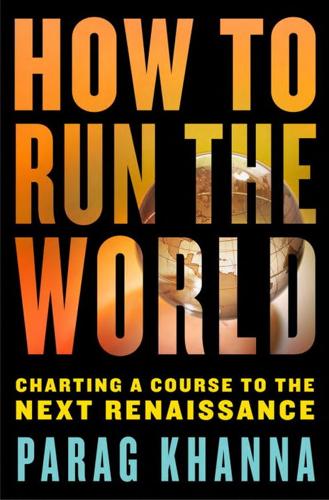
How to Run the World: Charting a Course to the Next Renaissance
by Parag Khanna · 11 Jan 2011 · 251pp · 76,868 words
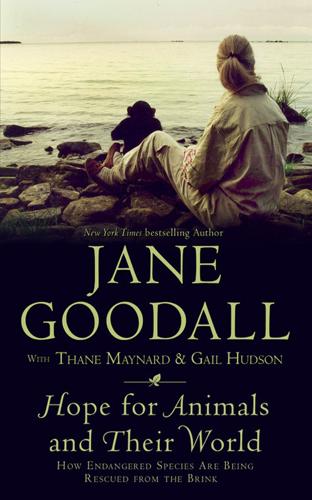
Hope for Animals and Their World
by Jane Goodall, Thane Maynard and Gail Hudson · 1 Sep 2009 · 396pp · 123,619 words
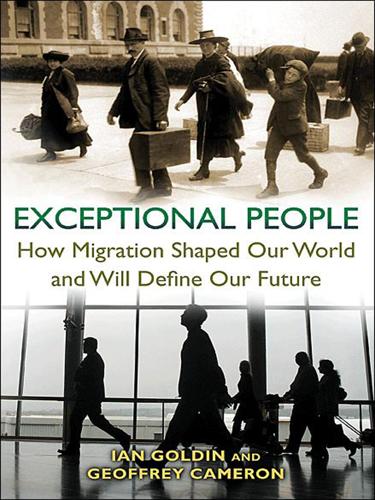
Exceptional People: How Migration Shaped Our World and Will Define Our Future
by Ian Goldin, Geoffrey Cameron and Meera Balarajan · 20 Dec 2010 · 482pp · 117,962 words
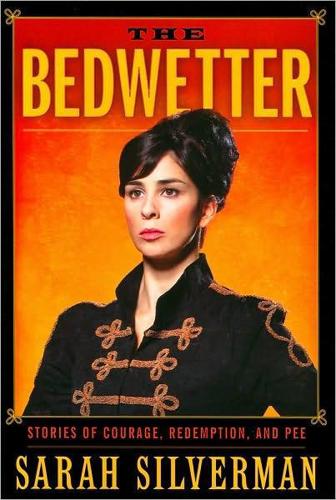
The Bedwetter: Stories of Courage, Redemption, and Pee
by Sarah Silverman · 19 Apr 2010 · 184pp · 58,557 words
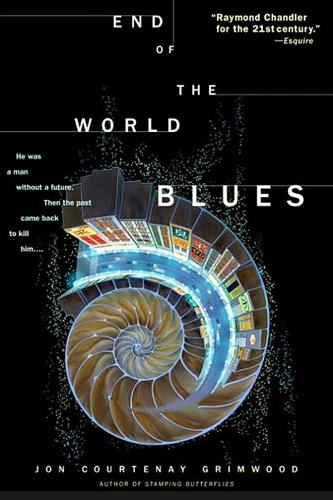
End of the World Blues
by Jon Courtenay Grimwood · 24 Sep 2006 · 445pp · 114,134 words
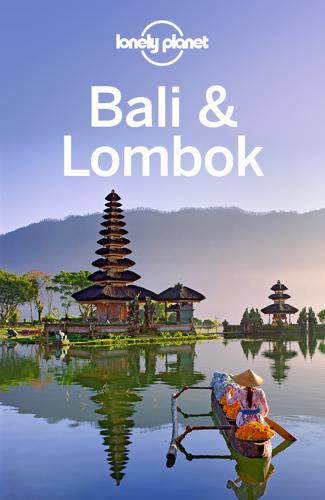
Bali & Lombok Travel Guide
by Lonely Planet
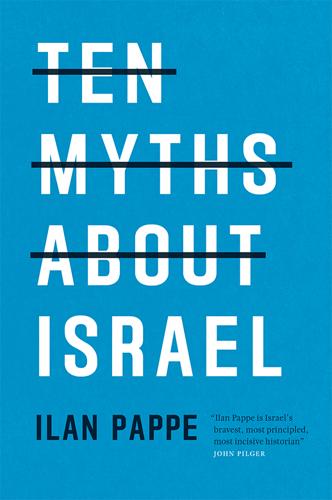
Ten Myths About Israel
by Ilan Pappe · 1 May 2017 · 196pp · 58,886 words
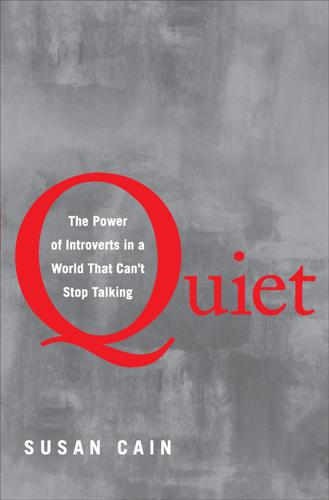
Quiet: The Power of Introverts in a World That Can't Stop Talking
by Susan Cain · 24 Jan 2012 · 377pp · 115,122 words
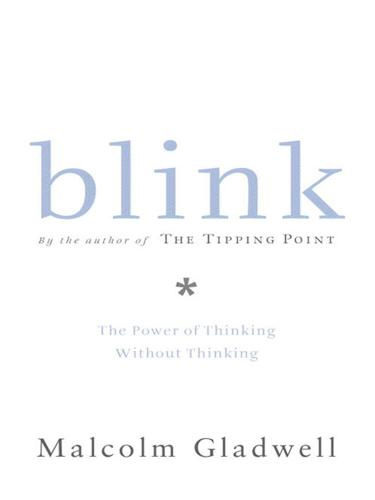
Blink: The Power of Thinking Without Thinking
by Malcolm Gladwell · 1 Jan 2005 · 264pp · 90,379 words
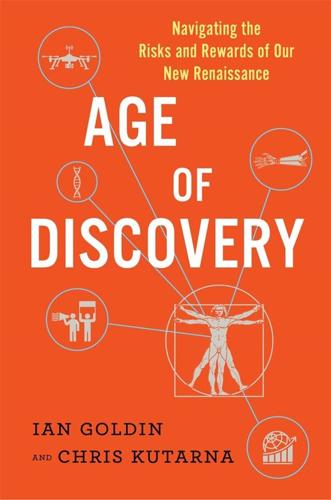
Age of Discovery: Navigating the Risks and Rewards of Our New Renaissance
by Ian Goldin and Chris Kutarna · 23 May 2016 · 437pp · 113,173 words
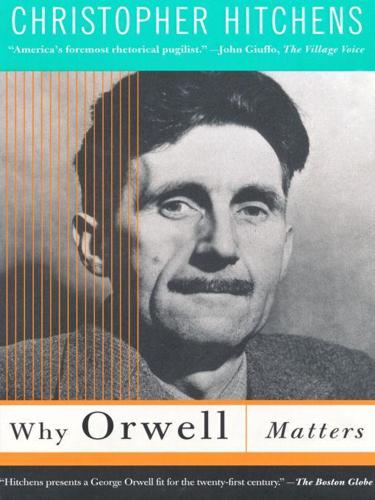
Why Orwell Matters
by Christopher Hitchens · 1 Jan 2002 · 184pp · 54,833 words
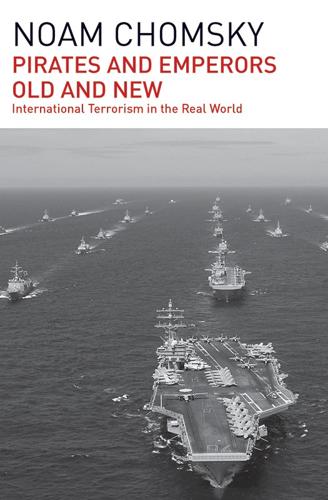
Pirates and Emperors, Old and New
by Noam Chomsky · 7 Apr 2015
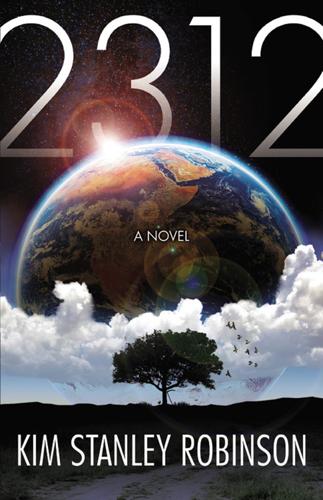
2312
by Kim Stanley Robinson · 22 May 2012 · 561pp · 167,631 words
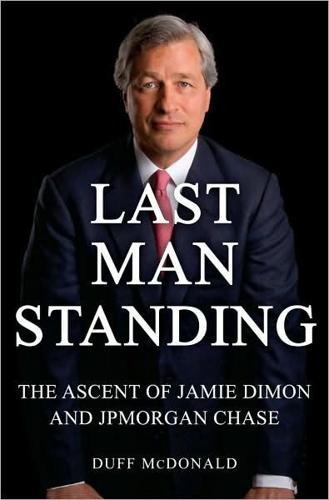
Last Man Standing: The Ascent of Jamie Dimon and JPMorgan Chase
by Duff McDonald · 5 Oct 2009 · 419pp · 130,627 words
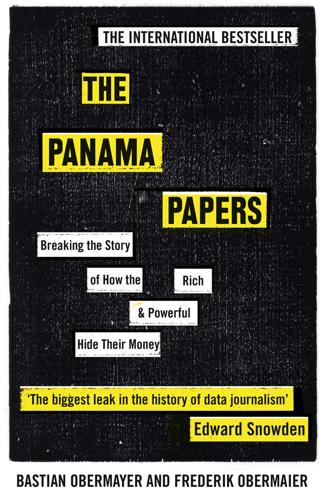
The Panama Papers: Breaking the Story of How the Rich and Powerful Hide Their Money
by Frederik Obermaier · 17 Jun 2016 · 372pp · 109,536 words
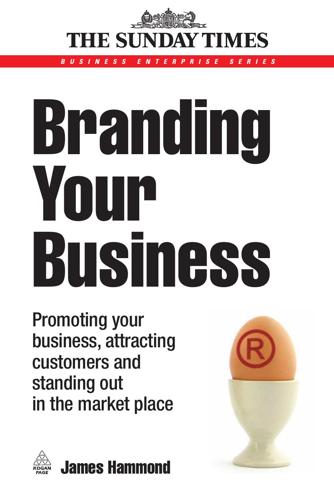
Branding Your Business: Promoting Your Business, Attracting Customers and Standing Out in the Market Place
by James Hammond · 30 Apr 2008 · 273pp · 21,102 words
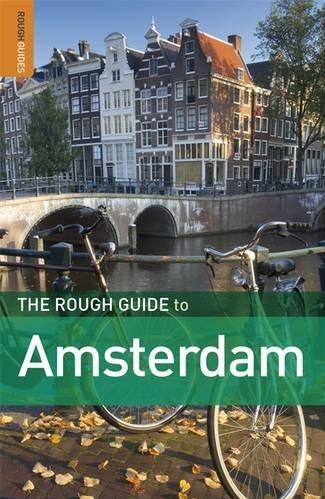
The Rough Guide to Amsterdam
by Martin Dunford, Phil Lee and Karoline Thomas · 4 Jan 2010 · 537pp · 135,099 words
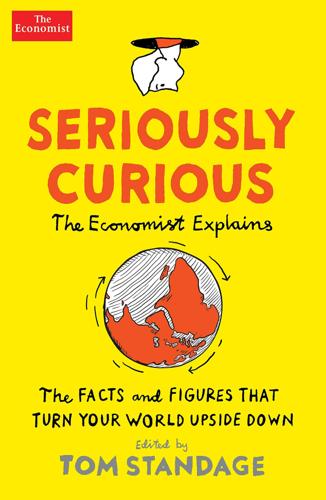
Seriously Curious: The Facts and Figures That Turn Our World Upside Down
by Tom Standage · 27 Nov 2018 · 215pp · 59,188 words
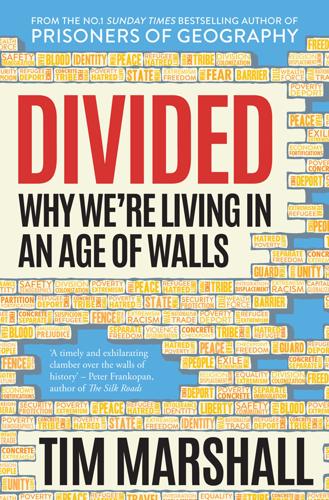
Divided: Why We're Living in an Age of Walls
by Tim Marshall · 8 Mar 2018 · 256pp · 75,139 words
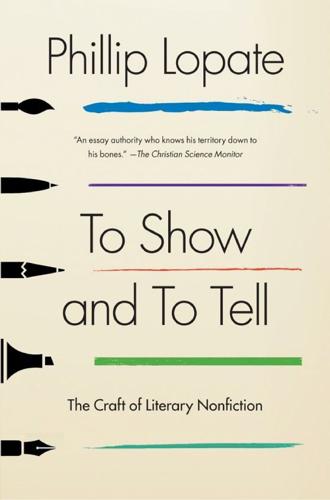
To Show and to Tell: The Craft of Literary Nonfiction
by Phillip Lopate · 12 Feb 2013 · 207pp · 64,598 words
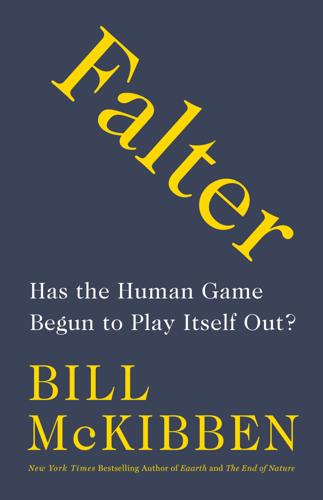
Falter: Has the Human Game Begun to Play Itself Out?
by Bill McKibben · 15 Apr 2019
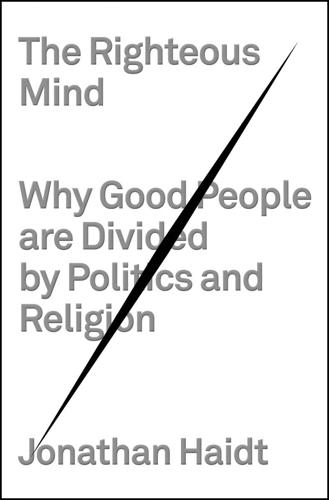
The Righteous Mind: Why Good People Are Divided by Politics and Religion
by Jonathan Haidt · 13 Mar 2012 · 539pp · 139,378 words
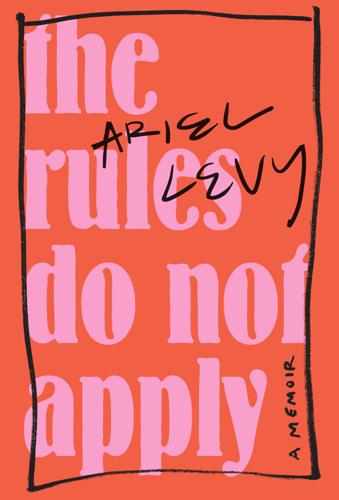
The Rules Do Not Apply
by Ariel Levy · 14 Mar 2017 · 149pp · 48,700 words
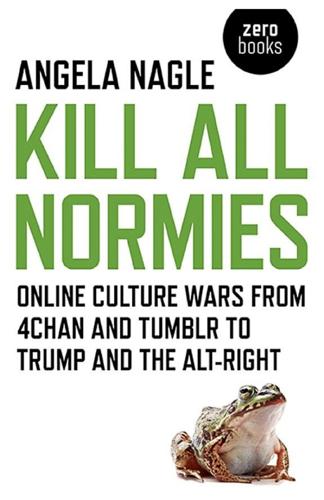
Kill All Normies: Online Culture Wars From 4Chan and Tumblr to Trump and the Alt-Right
by Angela Nagle · 6 Jun 2017 · 122pp · 38,022 words
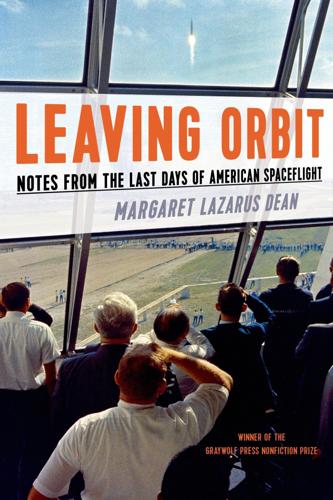
Leaving Orbit: Notes From the Last Days of American Spaceflight
by Margaret Lazarus Dean · 18 May 2015 · 338pp · 112,127 words
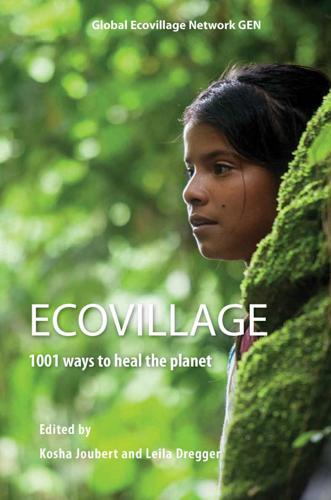
ECOVILLAGE: 1001 ways to heal the planet
by Ecovillage 1001 Ways to Heal the Planet-Triarchy Press Ltd (2015) · 30 Jun 2015
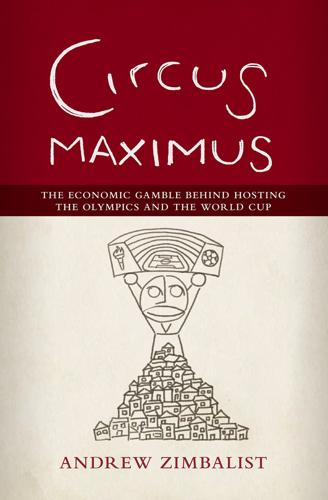
Circus Maximus: The Economic Gamble Behind Hosting the Olympics and the World Cup
by Andrew Zimbalist · 13 Jan 2015 · 222pp · 60,207 words
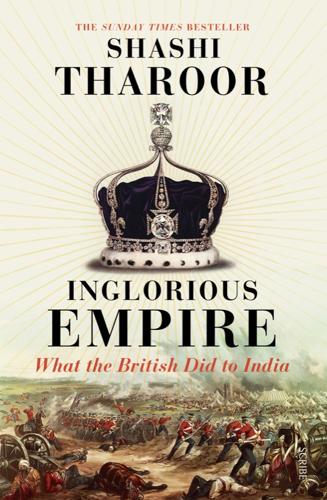
Inglorious Empire: What the British Did to India
by Shashi Tharoor · 1 Feb 2018 · 370pp · 111,129 words
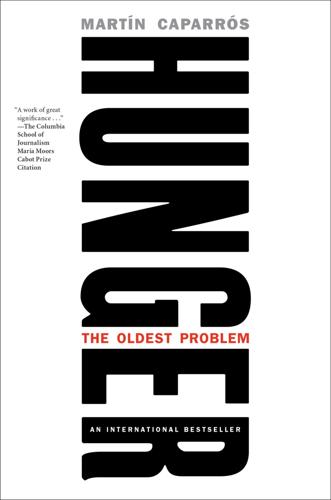
Hunger: The Oldest Problem
by Martin Caparros · 14 Jan 2020 · 684pp · 212,486 words
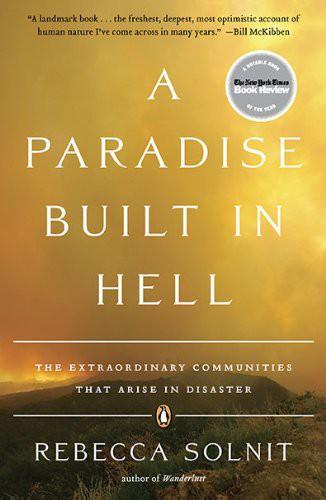
A Paradise Built in Hell: Extraordinary Communities That Arise in Disaster
by Rebecca Solnit · 31 Aug 2010
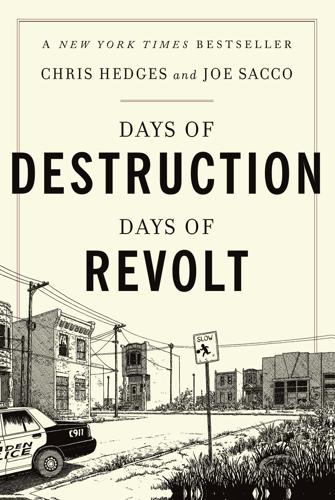
Days of Destruction, Days of Revolt
by Chris Hedges and Joe Sacco · 7 Apr 2014 · 326pp · 88,905 words
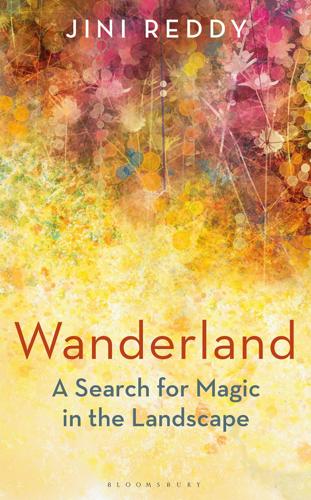
Wanderland
by Jini Reddy · 29 Apr 2020 · 225pp · 74,210 words
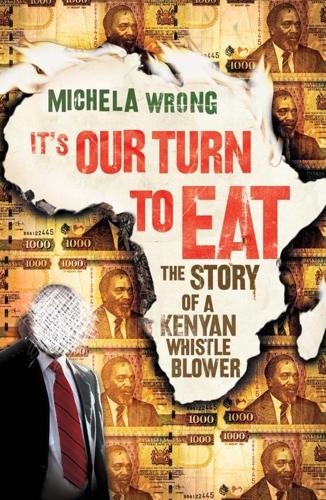
It's Our Turn to Eat
by Michela Wrong · 9 Apr 2009 · 403pp · 125,659 words
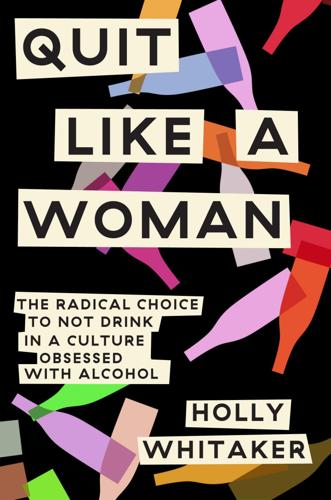
Quit Like a Woman: The Radical Choice to Not Drink in a Culture Obsessed With Alcohol
by Holly Glenn Whitaker · 9 Jan 2020 · 334pp · 109,882 words
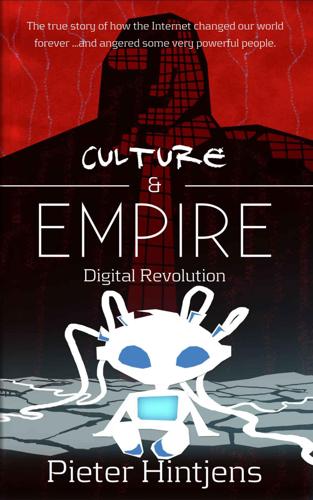
Culture & Empire: Digital Revolution
by Pieter Hintjens · 11 Mar 2013 · 349pp · 114,038 words
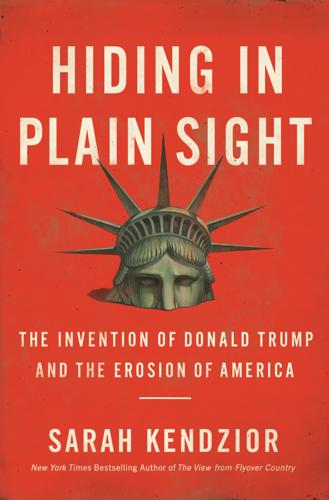
Hiding in Plain Sight: The Invention of Donald Trump and the Erosion of America
by Sarah Kendzior · 6 Apr 2020
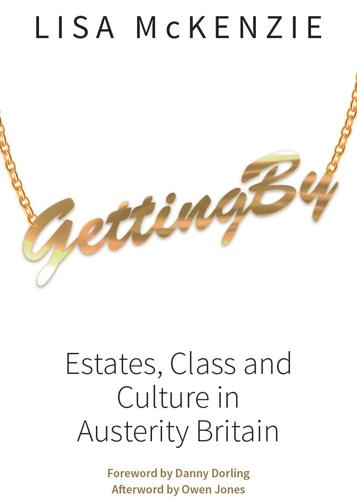
Getting By: Estates, Class and Culture in Austerity Britain
by Lisa McKenzie · 14 Jan 2015 · 212pp · 80,393 words
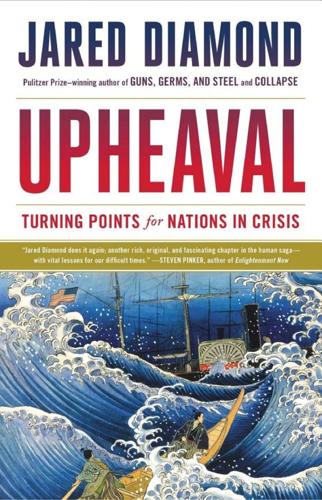
Upheaval: Turning Points for Nations in Crisis
by Jared Diamond · 6 May 2019 · 459pp · 144,009 words
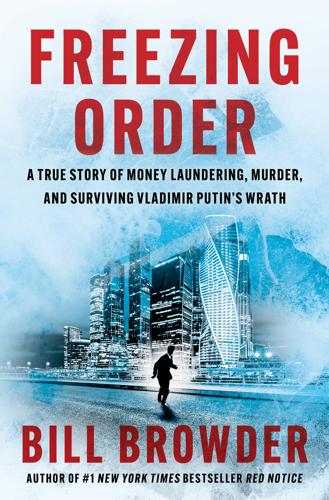
Freezing Order: A True Story of Money Laundering, Murder, and Surviving Vladimir Putin's Wrath
by Bill Browder · 11 Apr 2022 · 335pp · 100,154 words
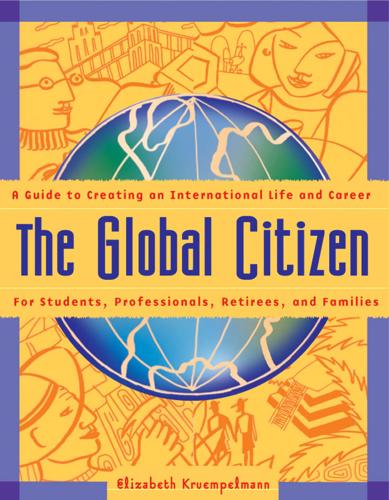
The Global Citizen: A Guide to Creating an International Life and Career
by Elizabeth Kruempelmann · 14 Jul 2002
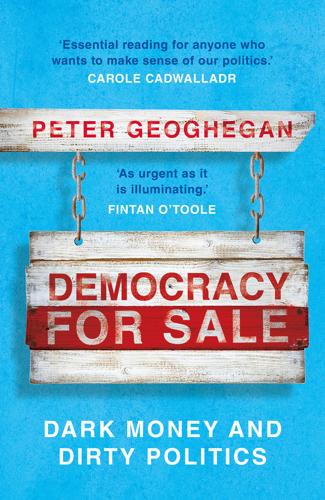
Democracy for Sale: Dark Money and Dirty Politics
by Peter Geoghegan · 2 Jan 2020 · 388pp · 111,099 words
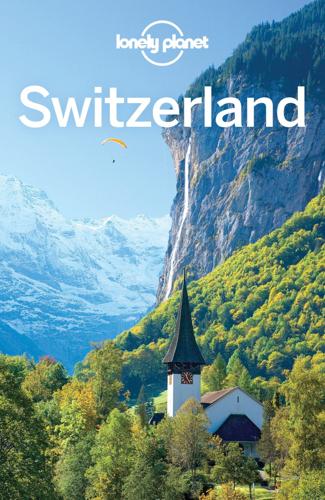
Lonely Planet Switzerland
by Lonely Planet · 3,002pp · 177,561 words
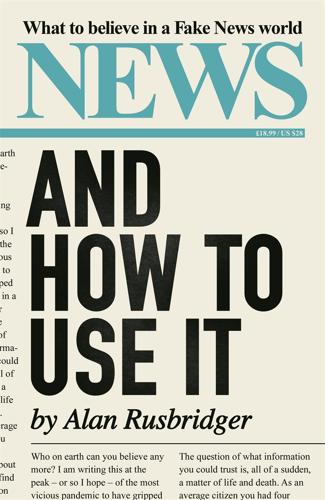
News and How to Use It: What to Believe in a Fake News World
by Alan Rusbridger · 26 Nov 2020 · 371pp · 109,320 words
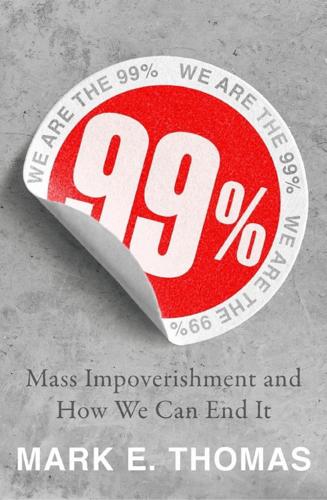
99%: Mass Impoverishment and How We Can End It
by Mark Thomas · 7 Aug 2019 · 286pp · 79,305 words
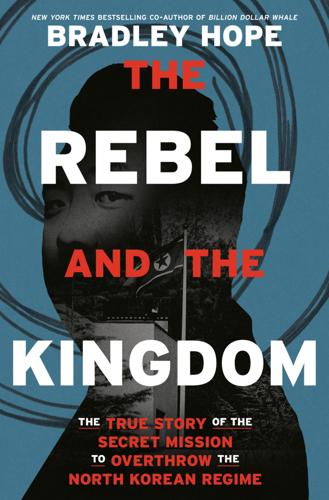
The Rebel and the Kingdom: The True Story of the Secret Mission to Overthrow the North Korean Regime
by Bradley Hope · 1 Nov 2022 · 257pp · 77,612 words
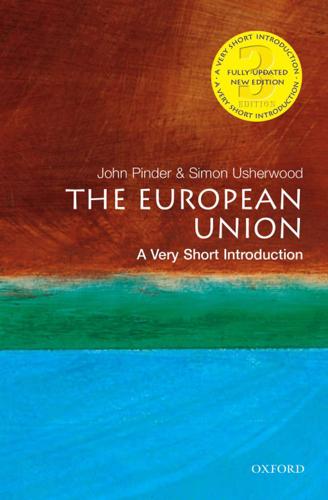
The European Union
by John Pinder and Simon Usherwood · 1 Jan 2001 · 193pp · 48,066 words
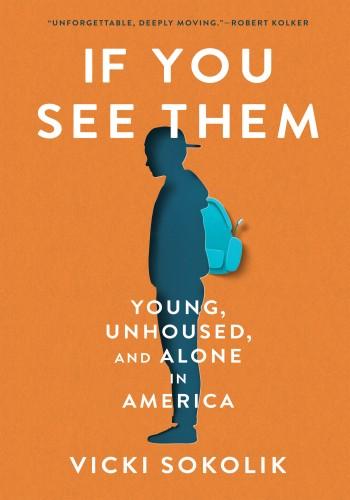
If You See Them
by Vicki Sokolik · 23 Nov 2023 · 332pp · 104,544 words

Loving Someone With Asperger's Syndrome: Understanding and Connecting With Your Partner
by Cindy Ariel · 1 Mar 2012 · 180pp · 57,694 words

Enemies and Neighbours: Arabs and Jews in Palestine and Israel, 1917-2017
by Ian Black · 2 Nov 2017 · 674pp · 201,633 words
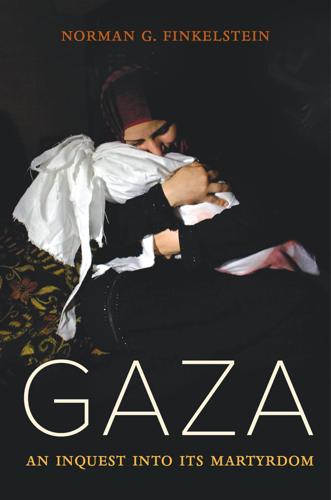
Gaza: An Inquest Into Its Martyrdom
by Norman Finkelstein · 9 Jan 2018 · 578pp · 170,758 words
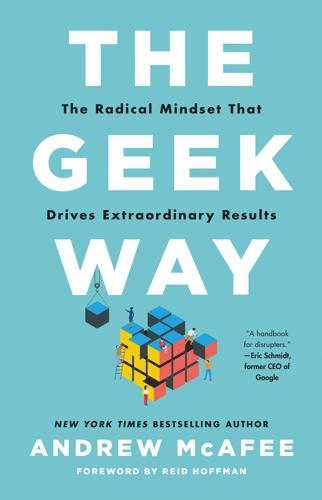
The Geek Way: The Radical Mindset That Drives Extraordinary Results
by Andrew McAfee · 14 Nov 2023 · 381pp · 113,173 words
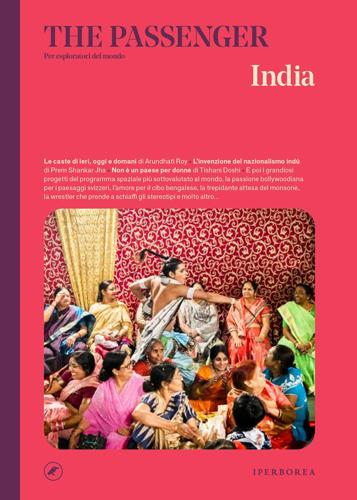
The Passenger - India
by AA.VV. · 19 Feb 2020 · 213pp · 59,862 words
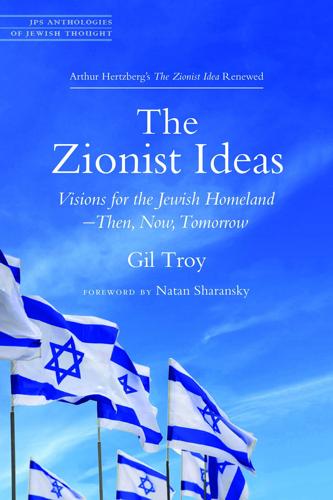
The Zionist Ideas: Visions for the Jewish Homeland—Then, Now, Tomorrow
by Gil Troy · 14 Apr 2018 · 649pp · 185,618 words
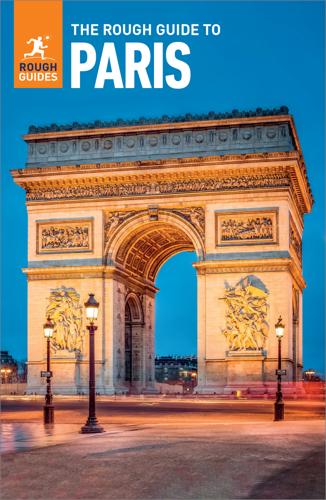
The Rough Guide to Paris
by Rough Guides · 1 May 2023 · 688pp · 190,793 words
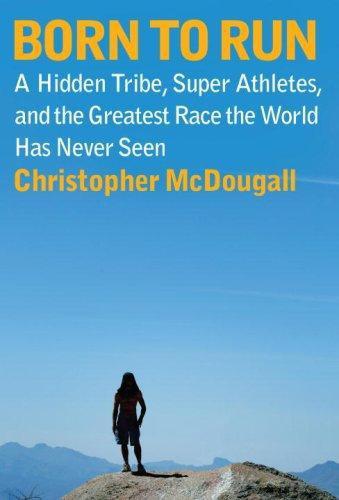
Born to Run: A Hidden Tribe, Superathletes, and the Greatest Race the World Has Never Seen
by Christopher McDougall · 5 May 2009 · 274pp · 102,831 words
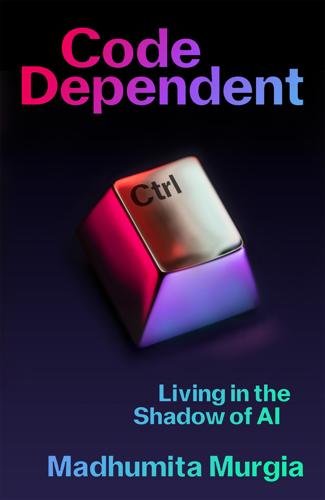
Code Dependent: Living in the Shadow of AI
by Madhumita Murgia · 20 Mar 2024 · 336pp · 91,806 words